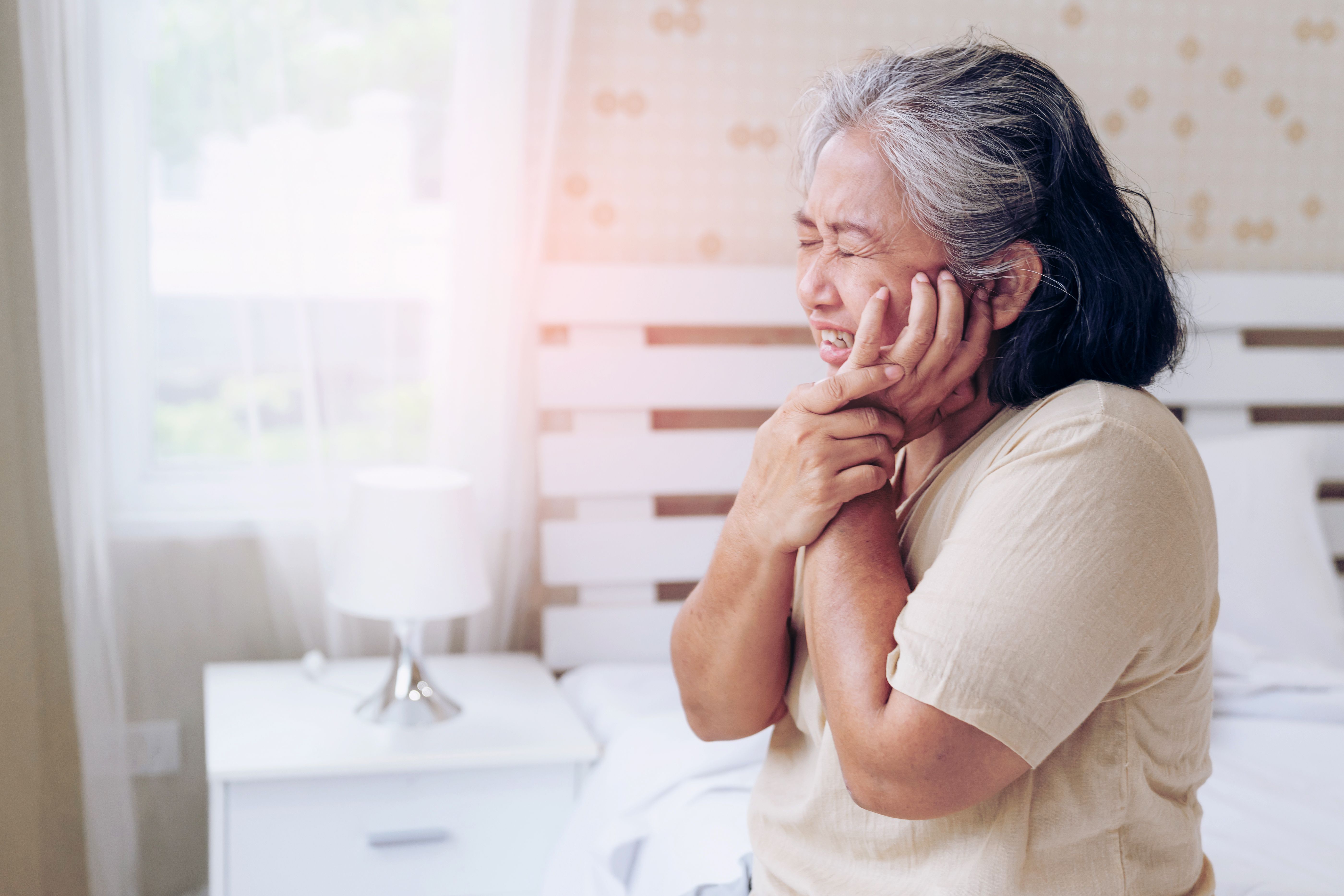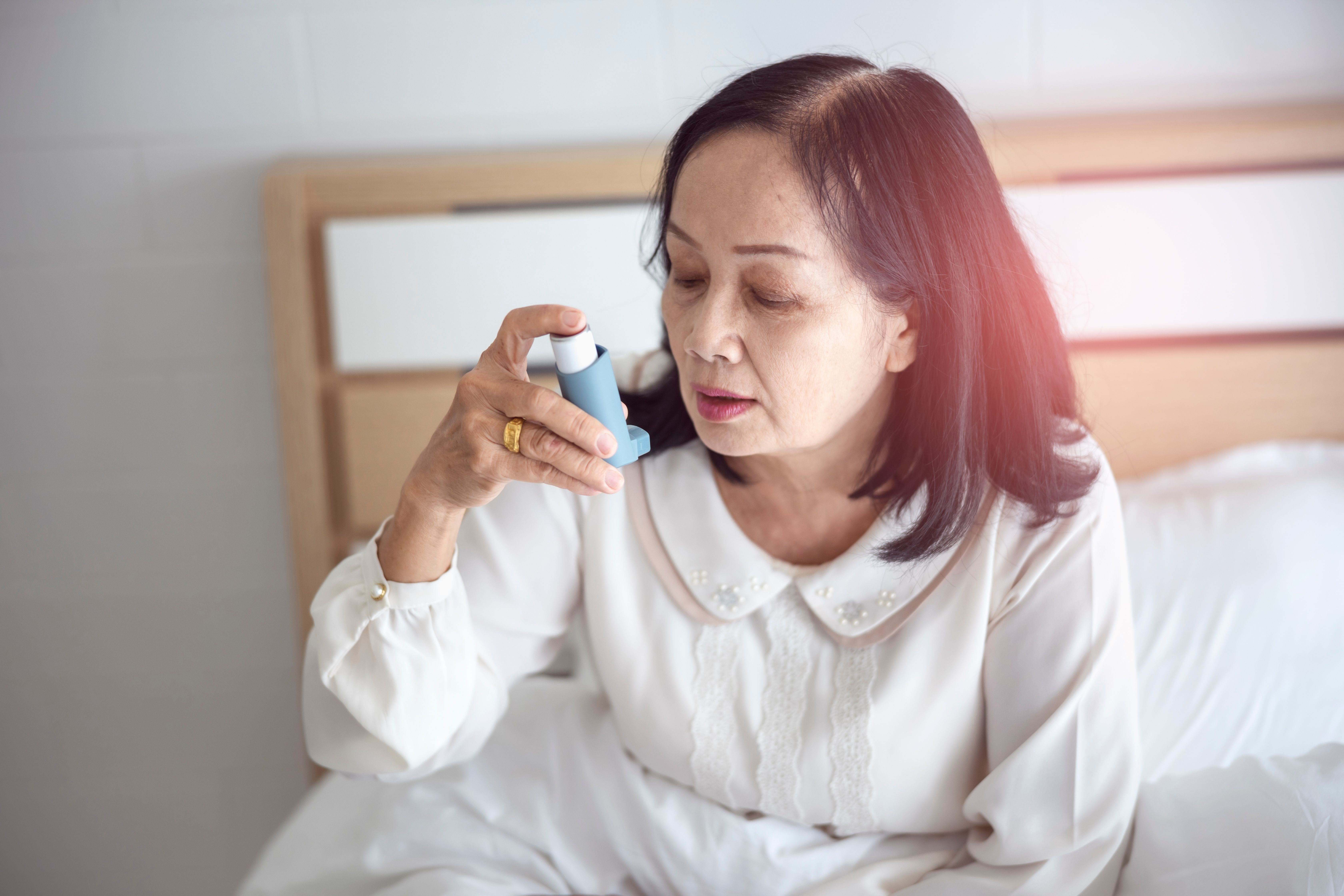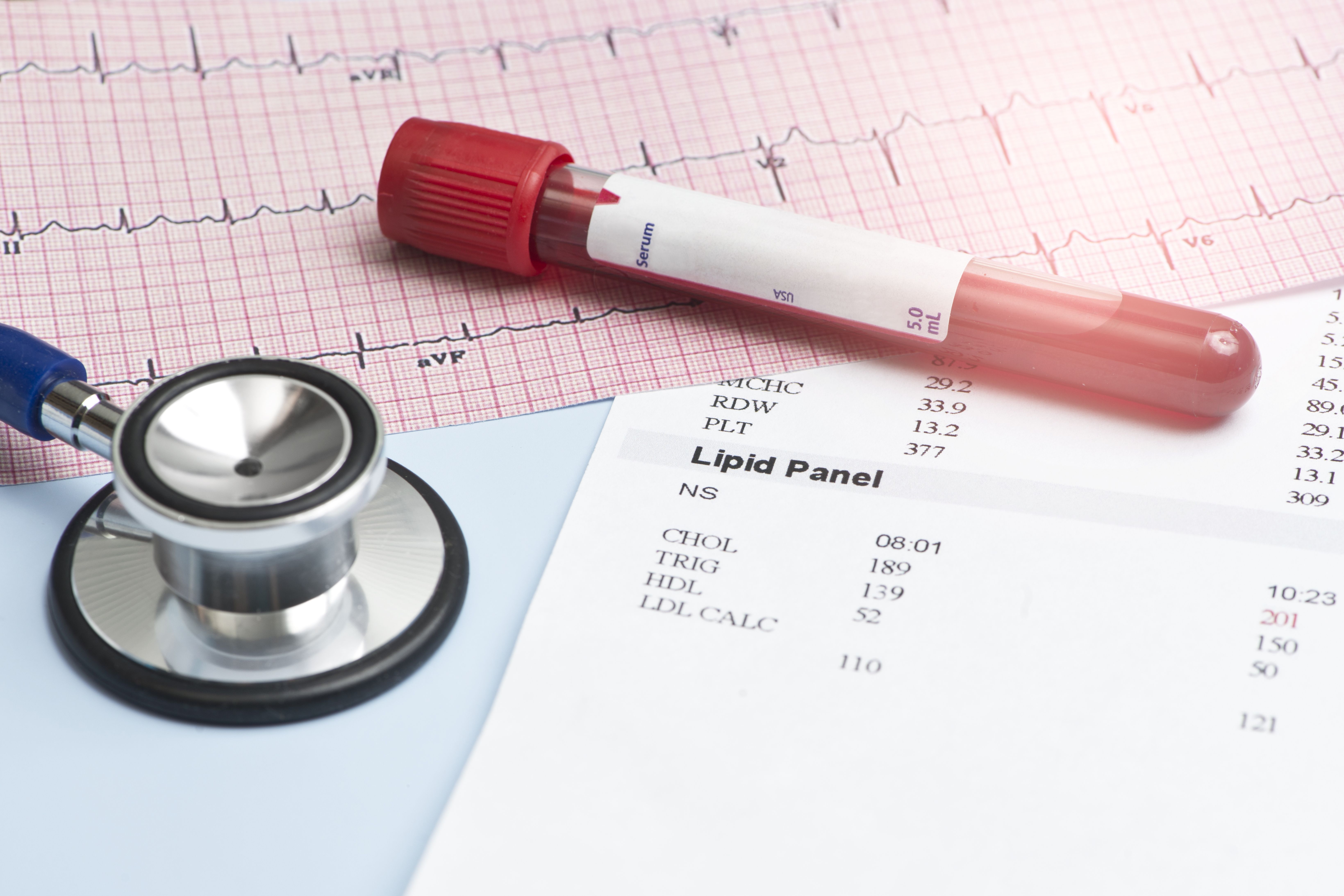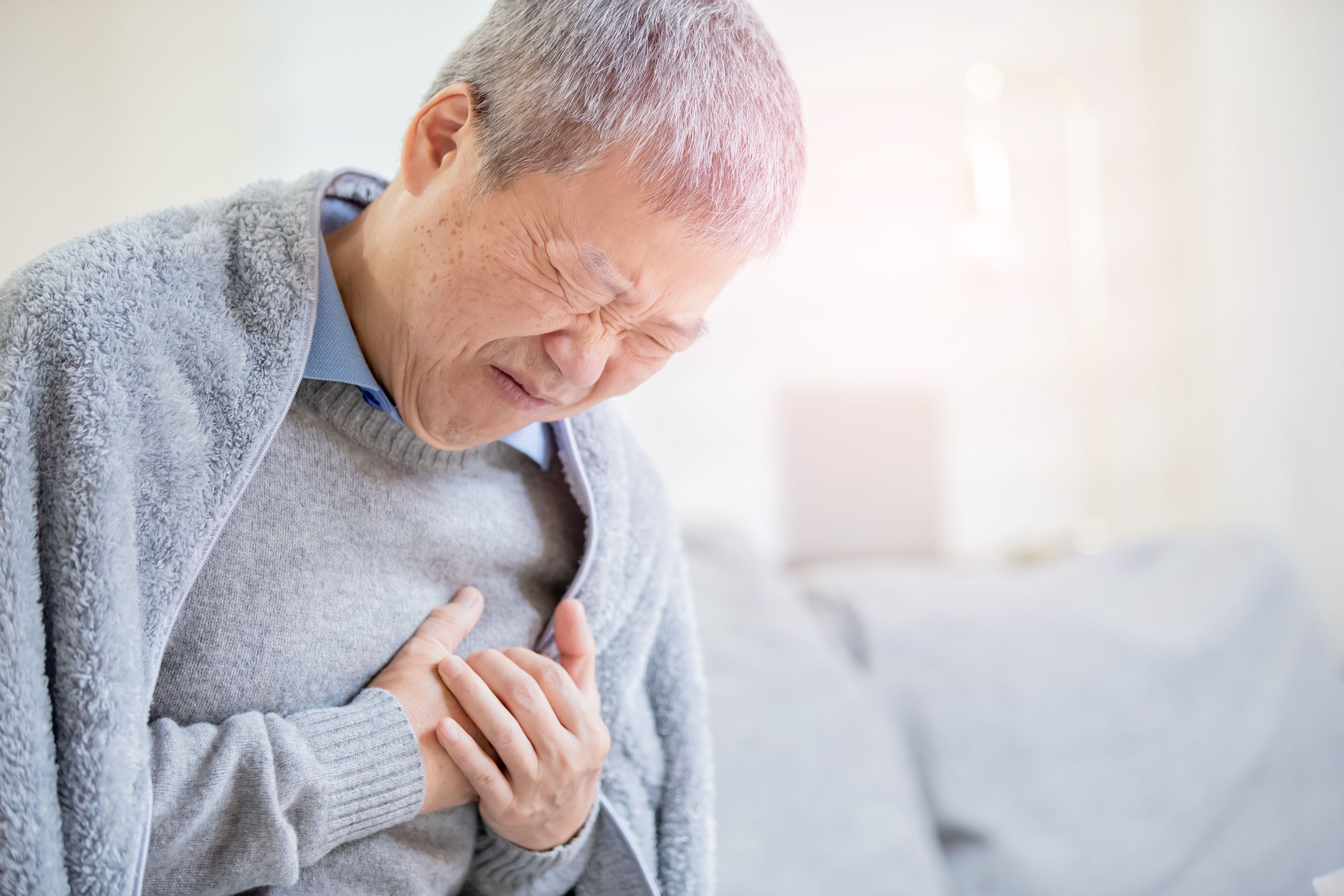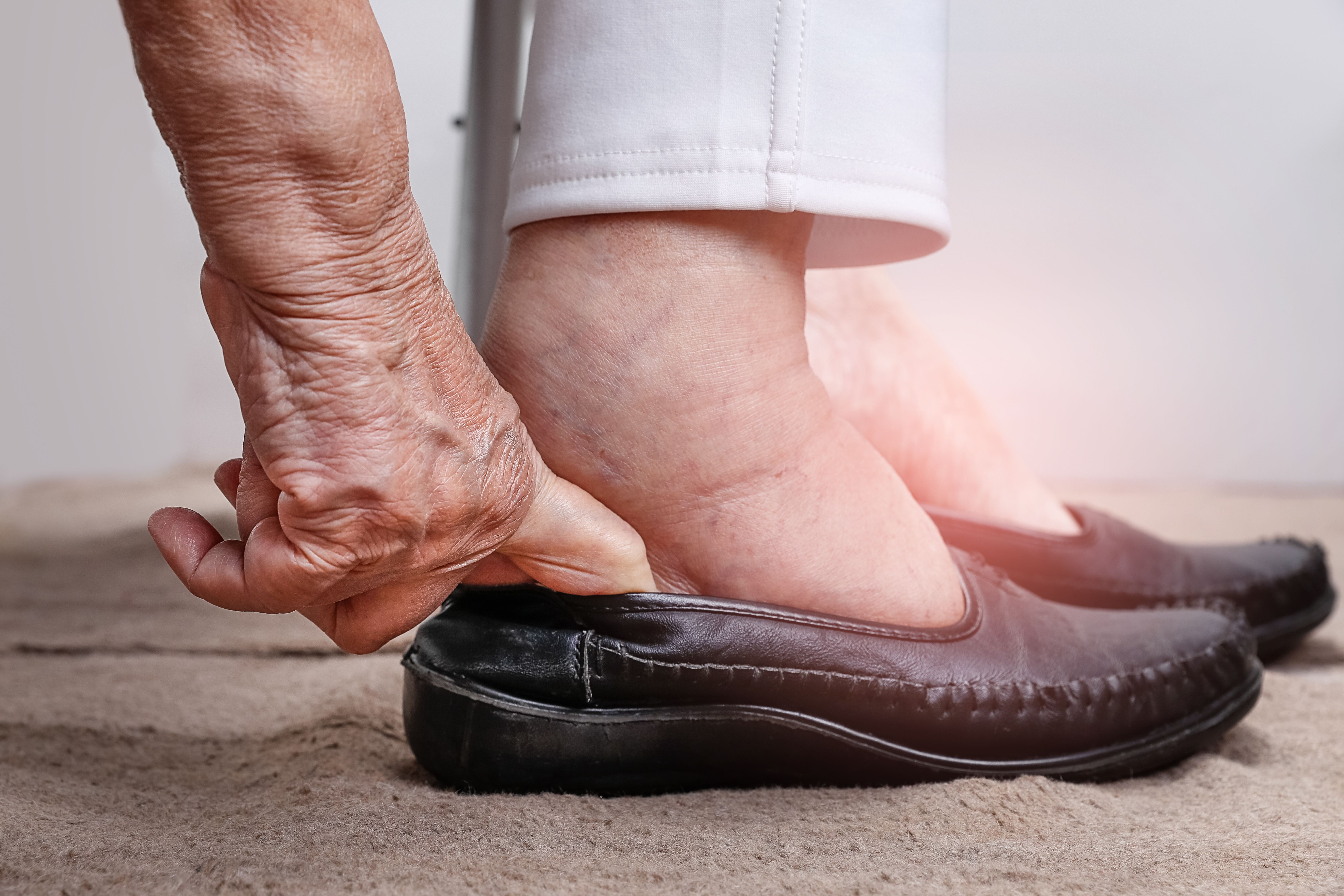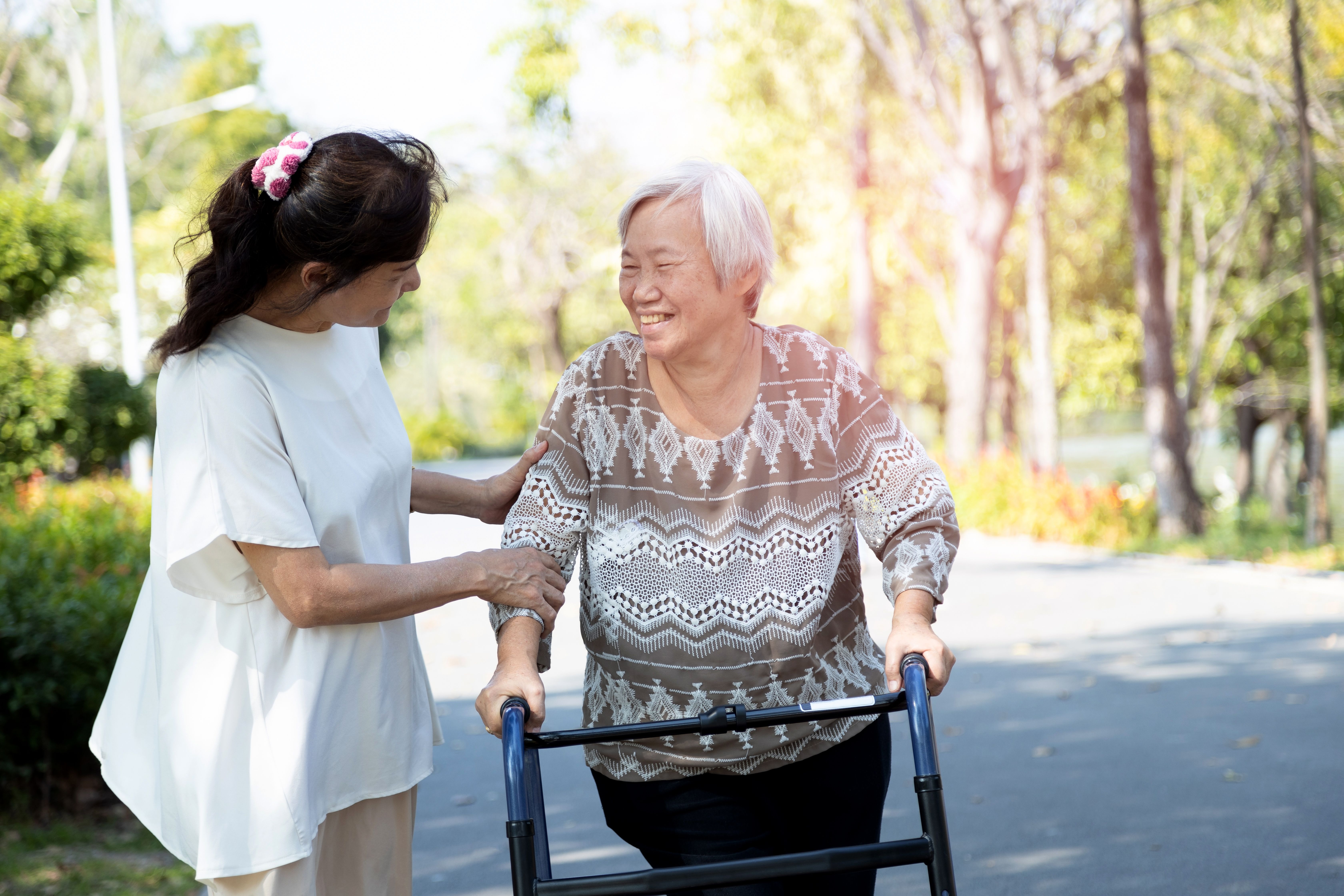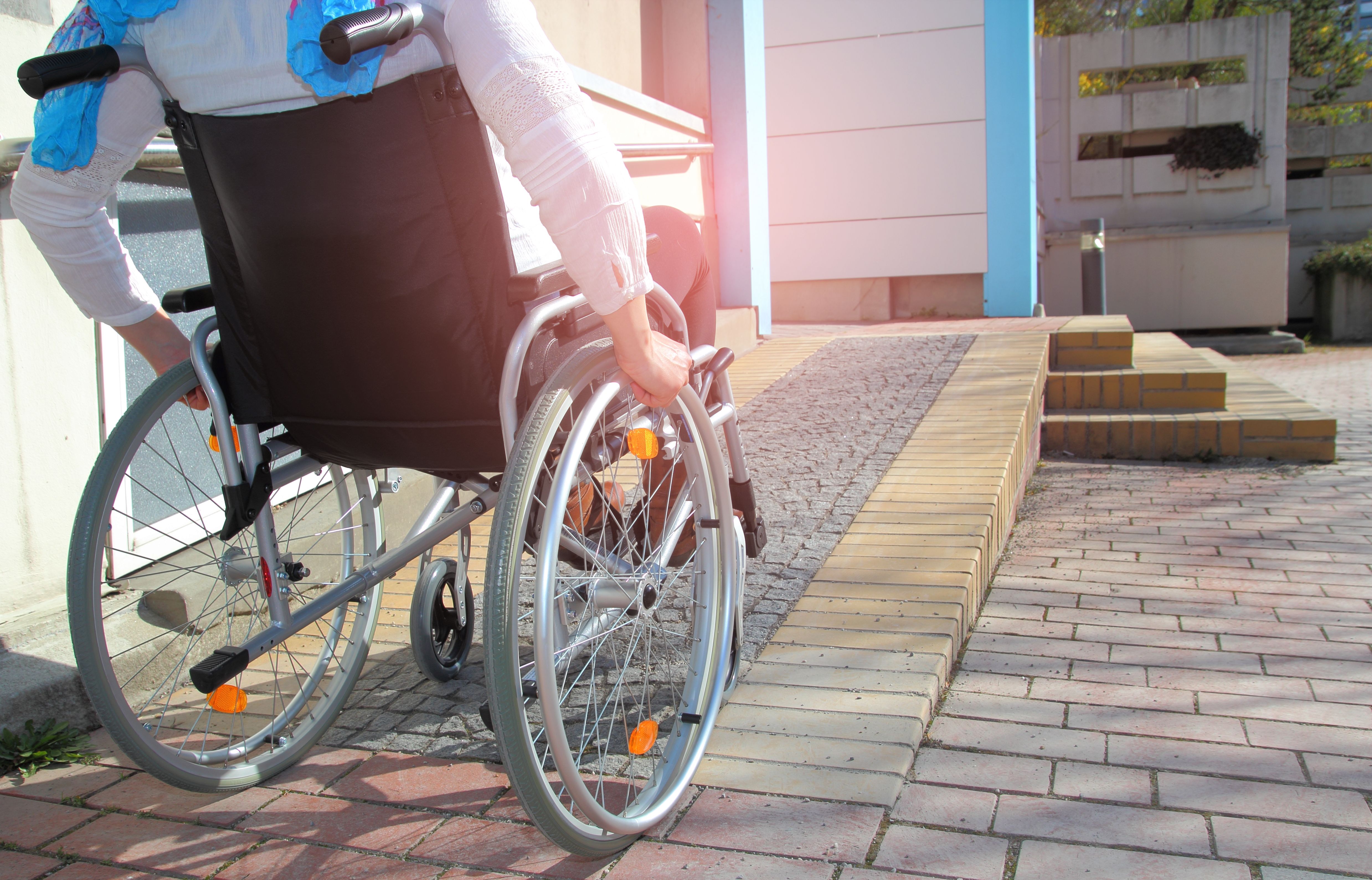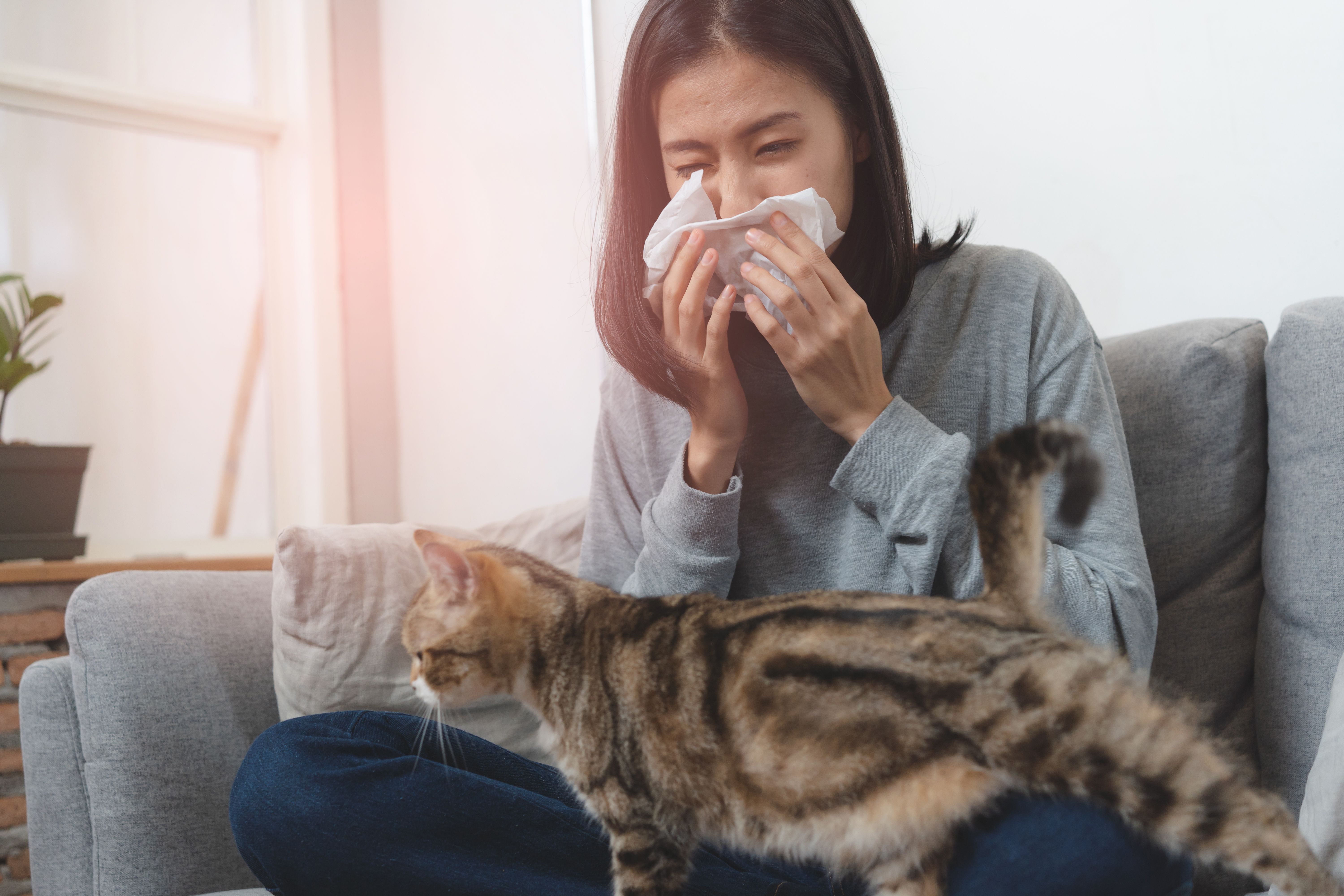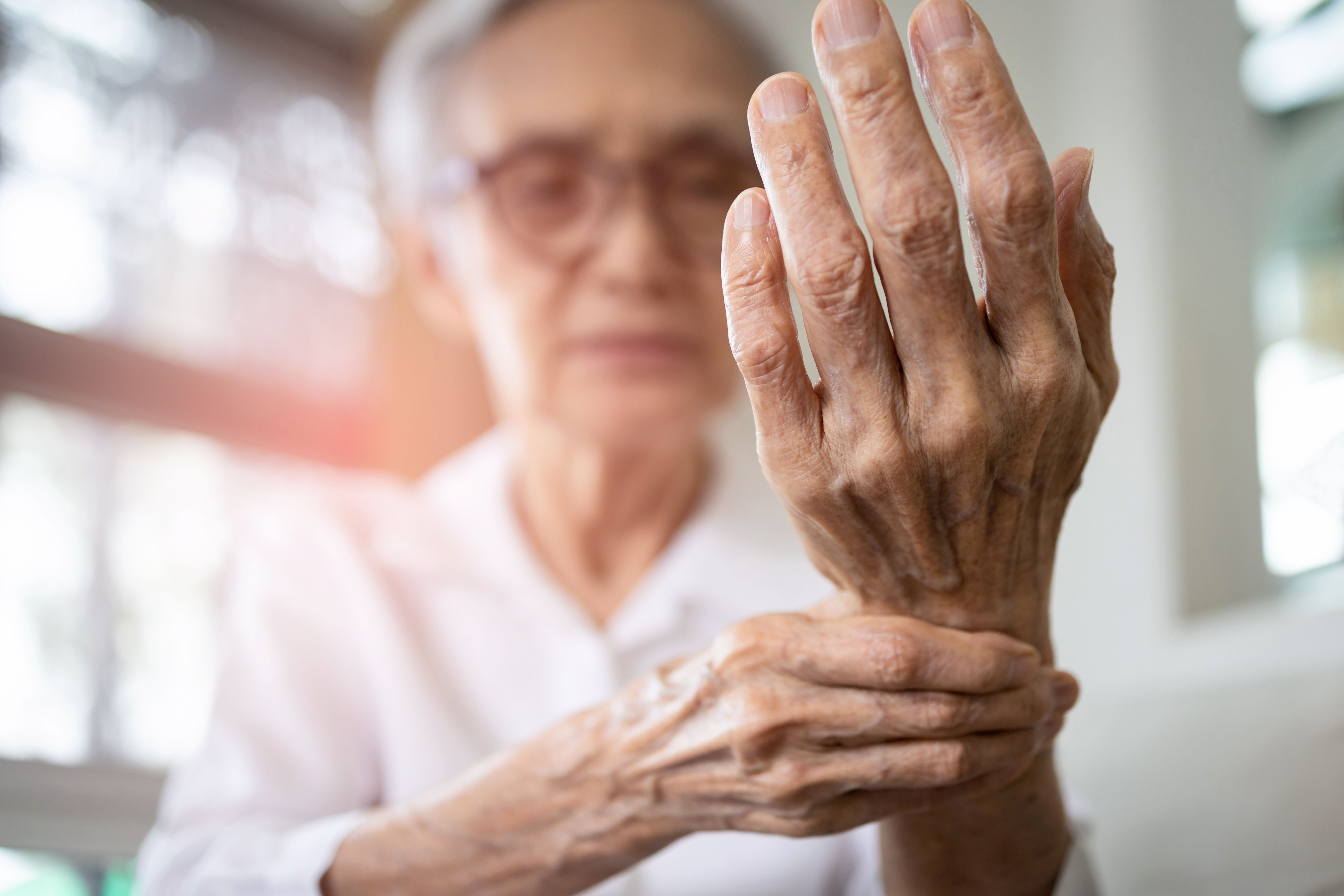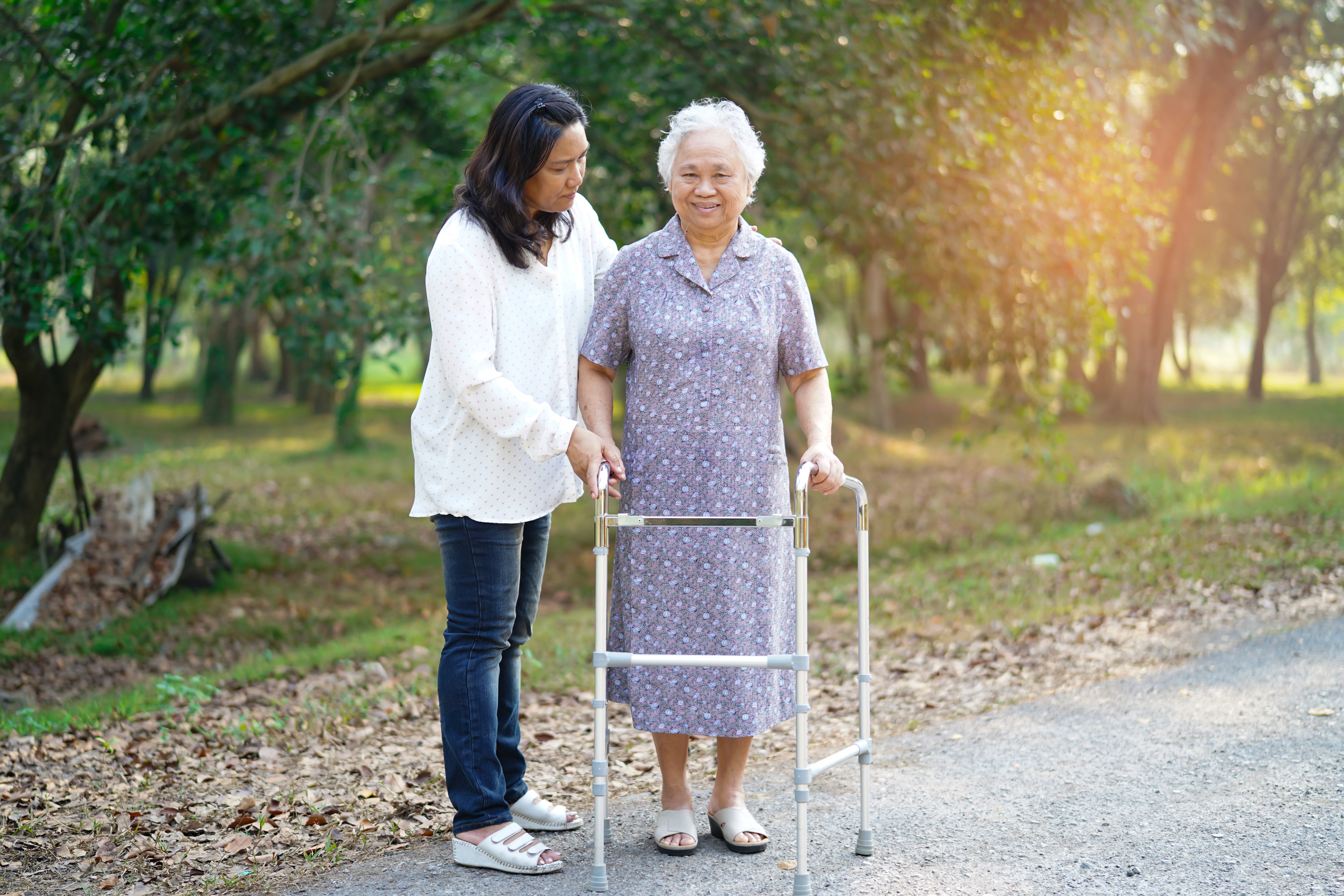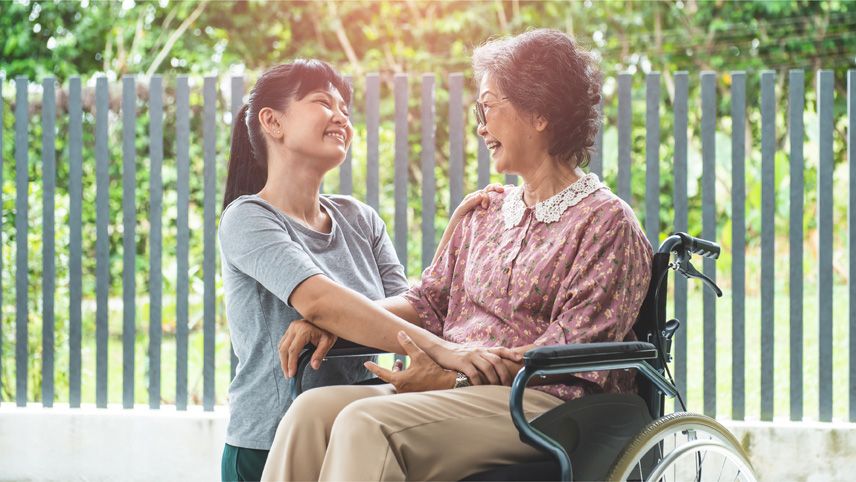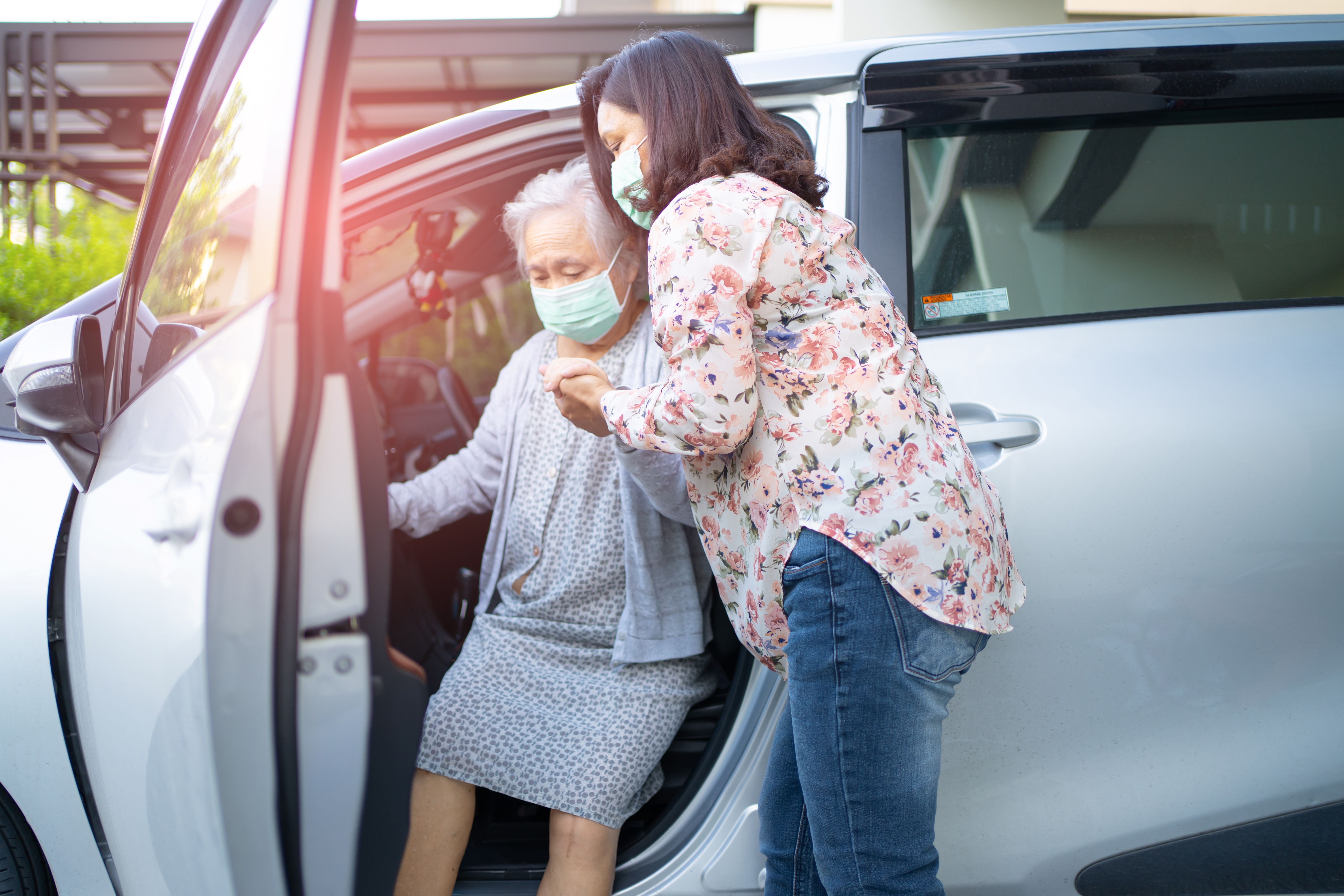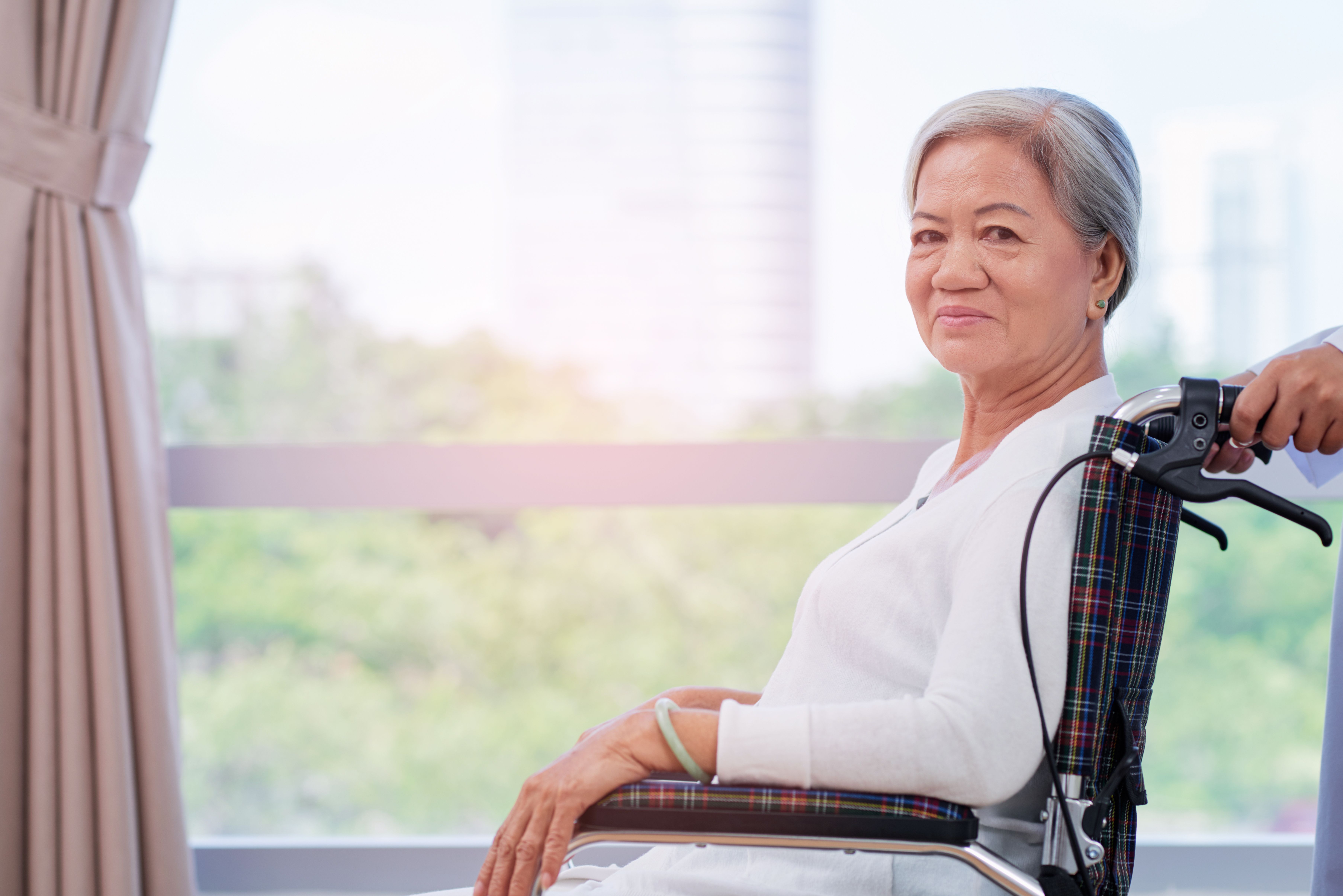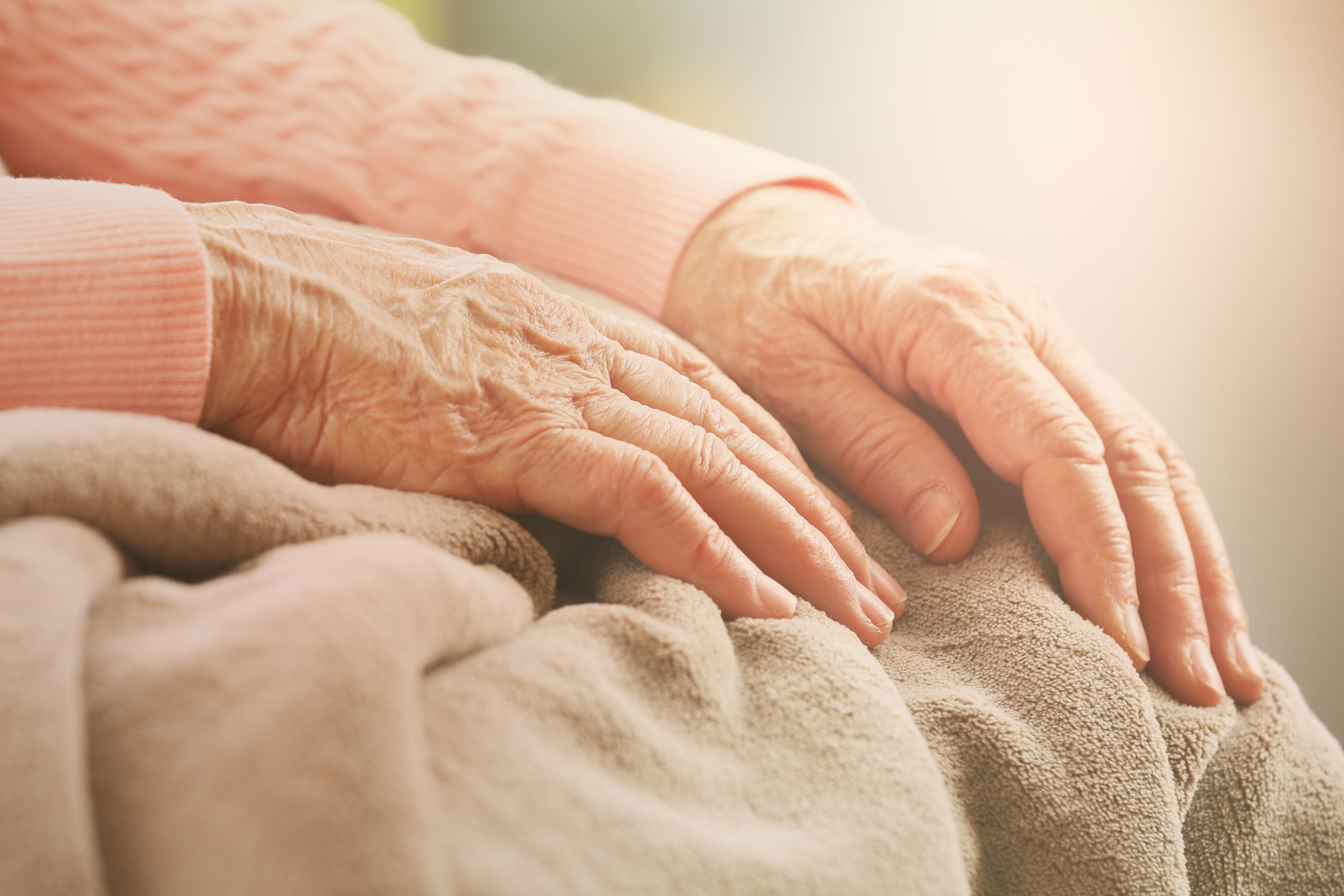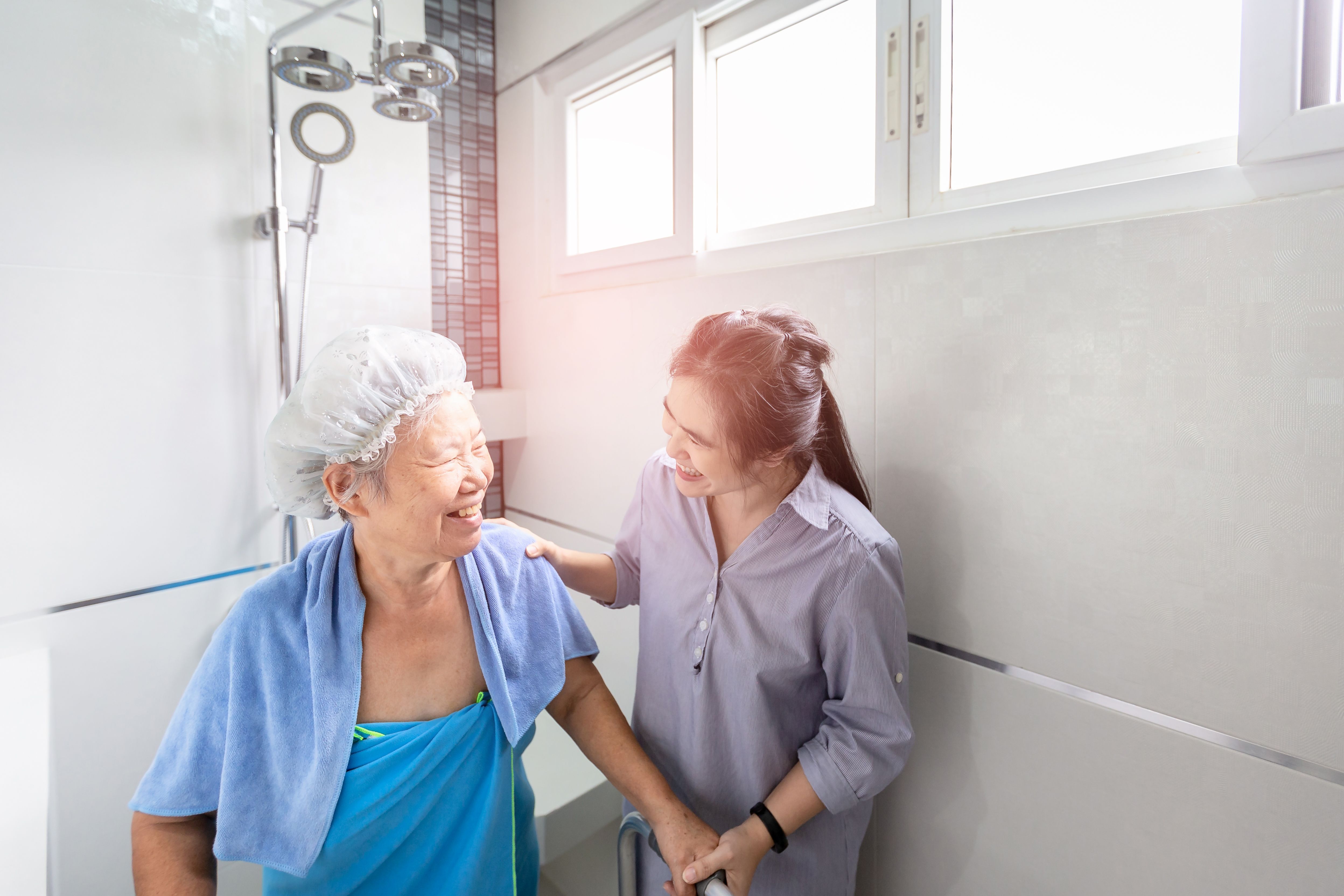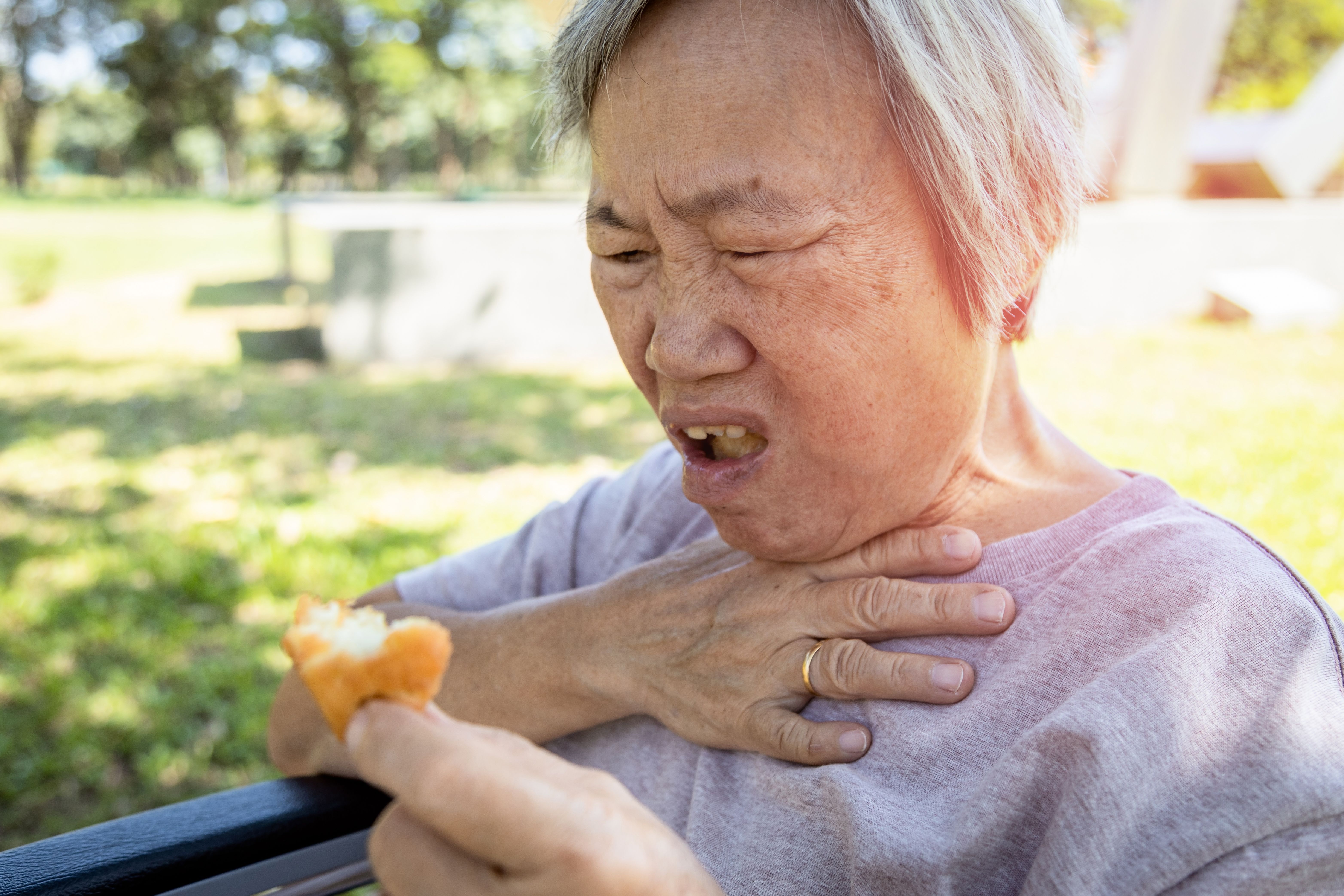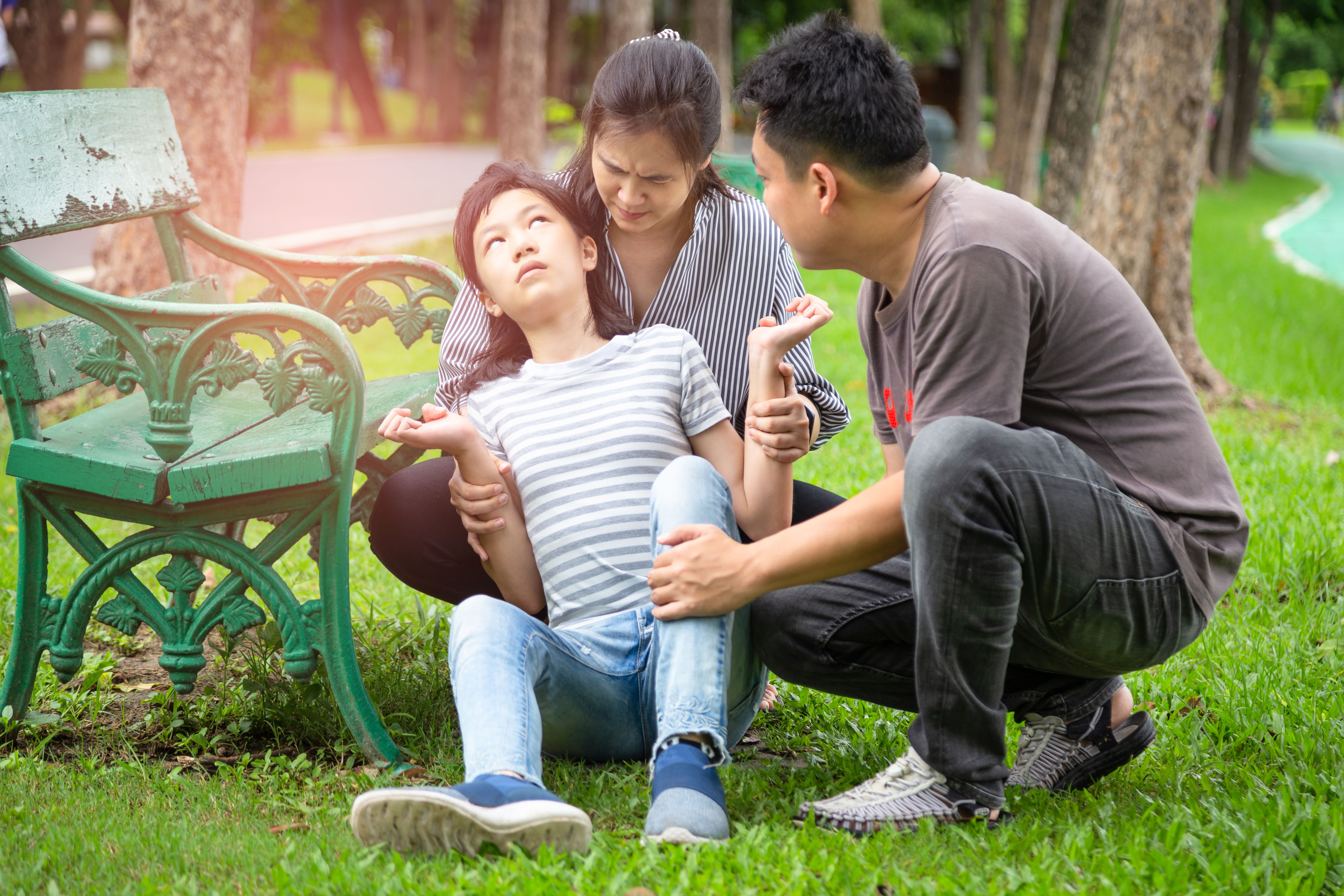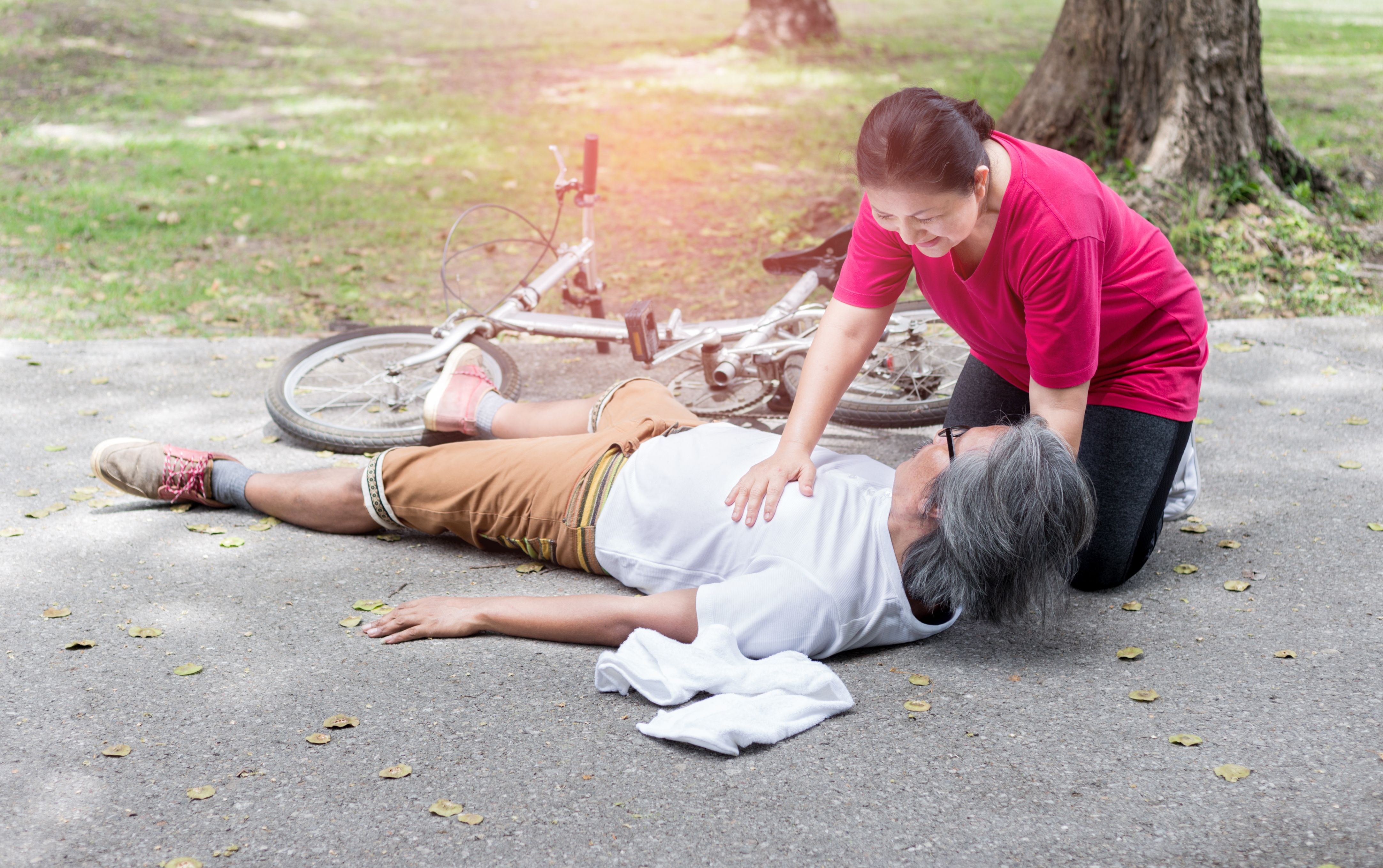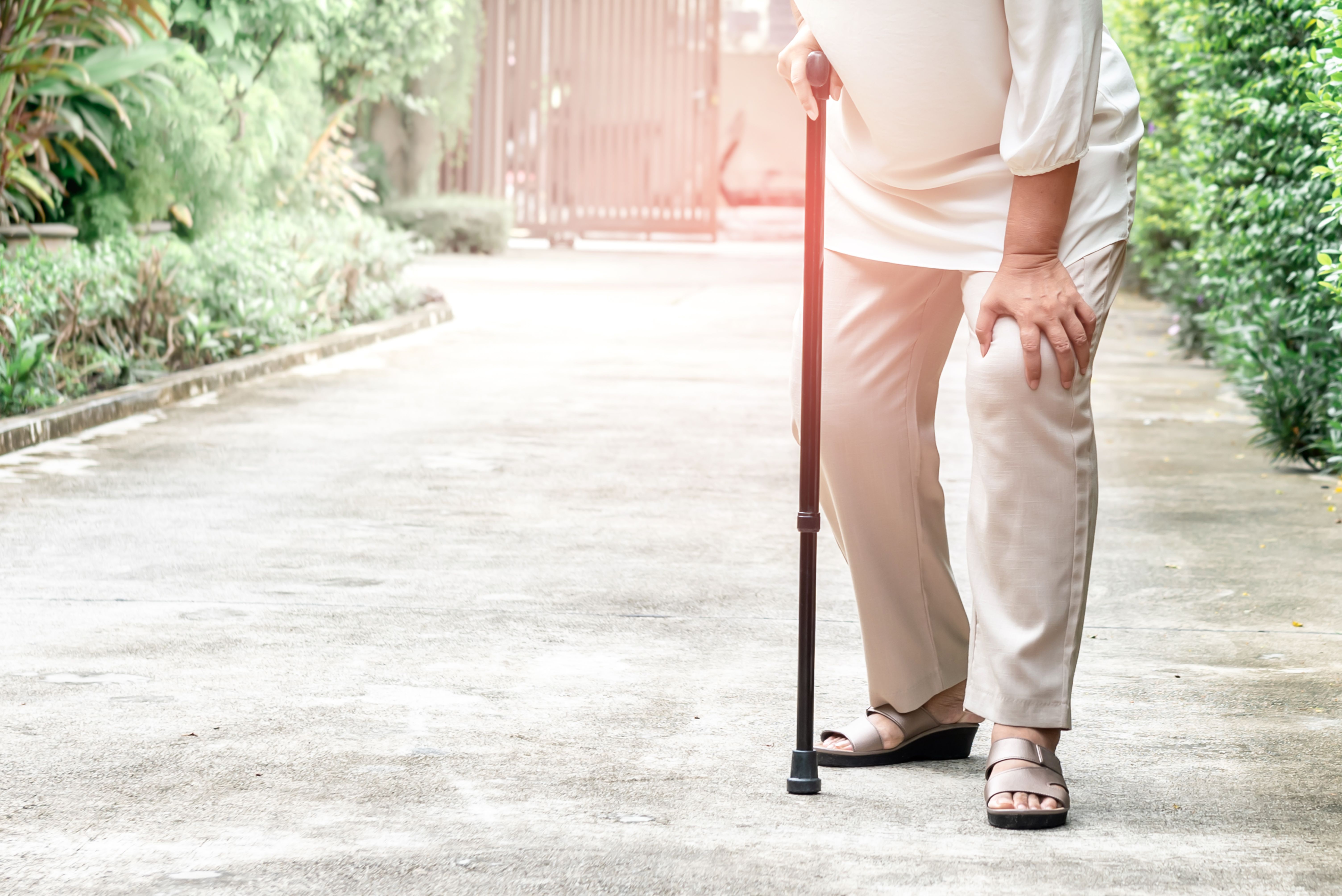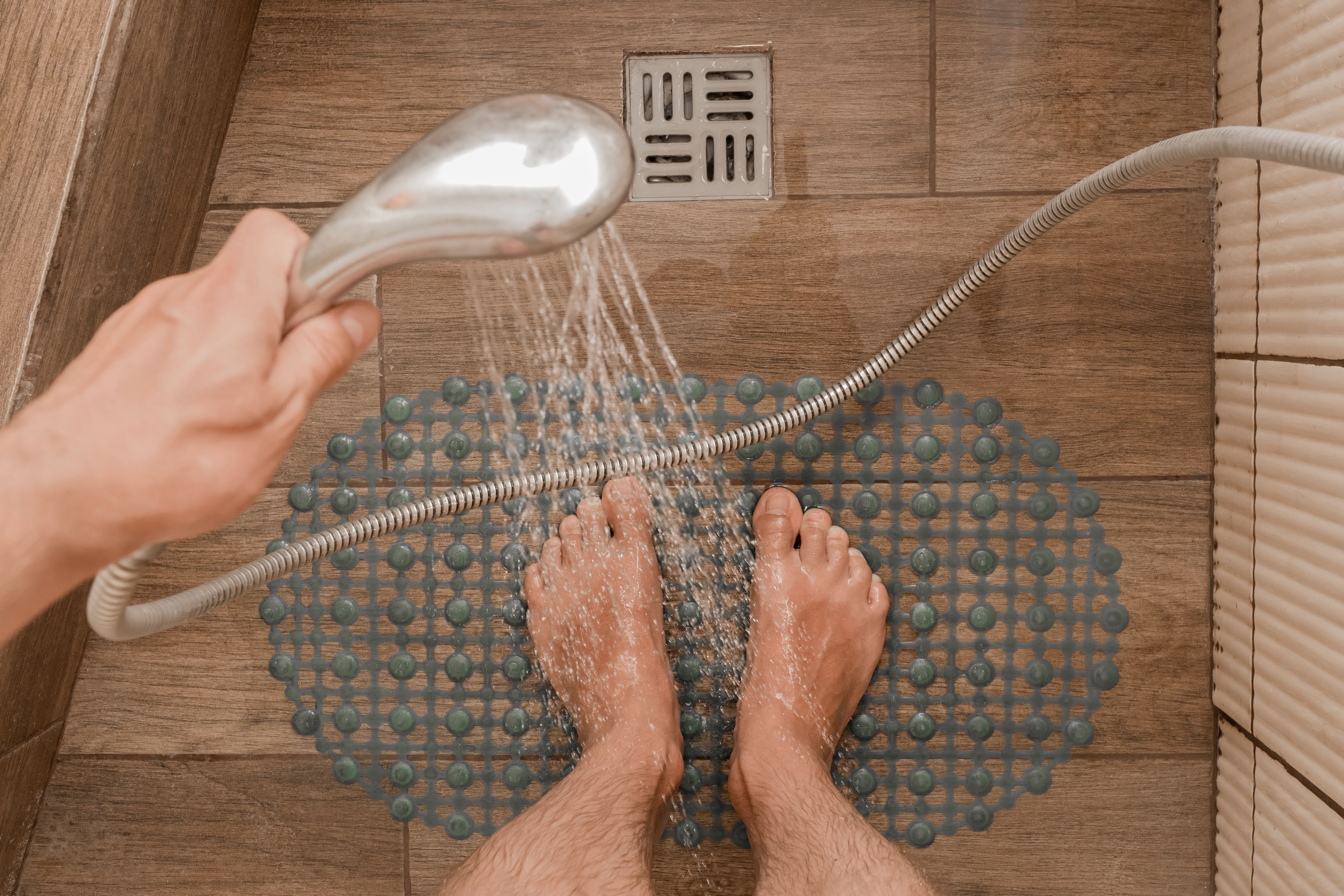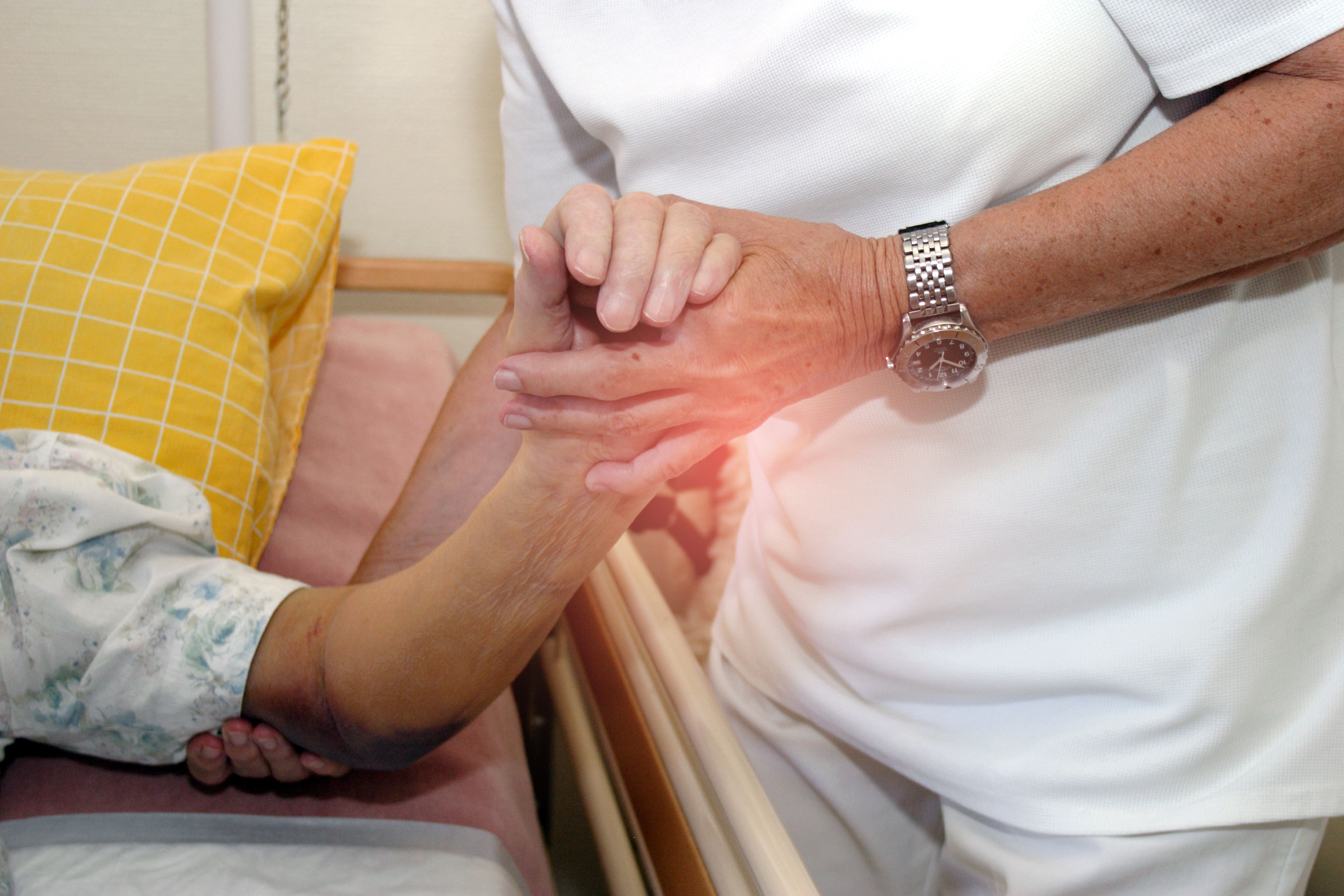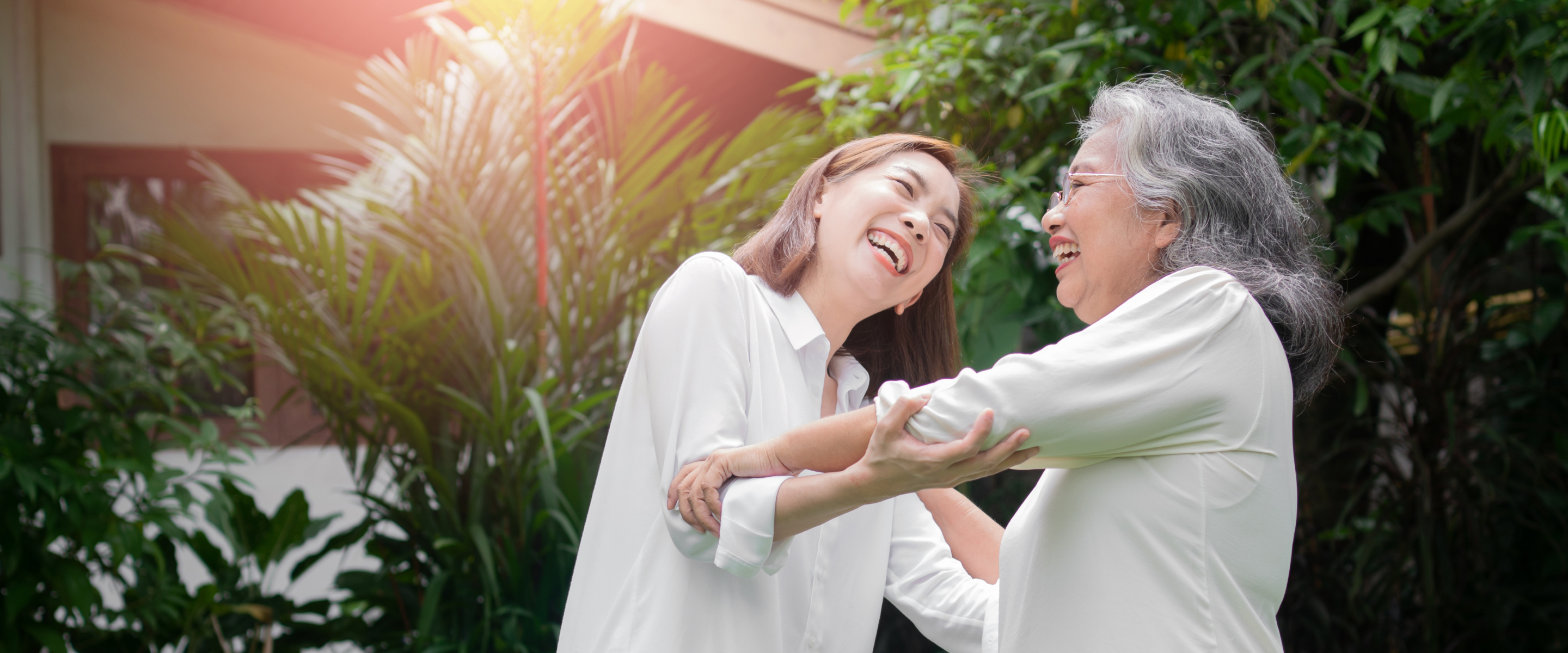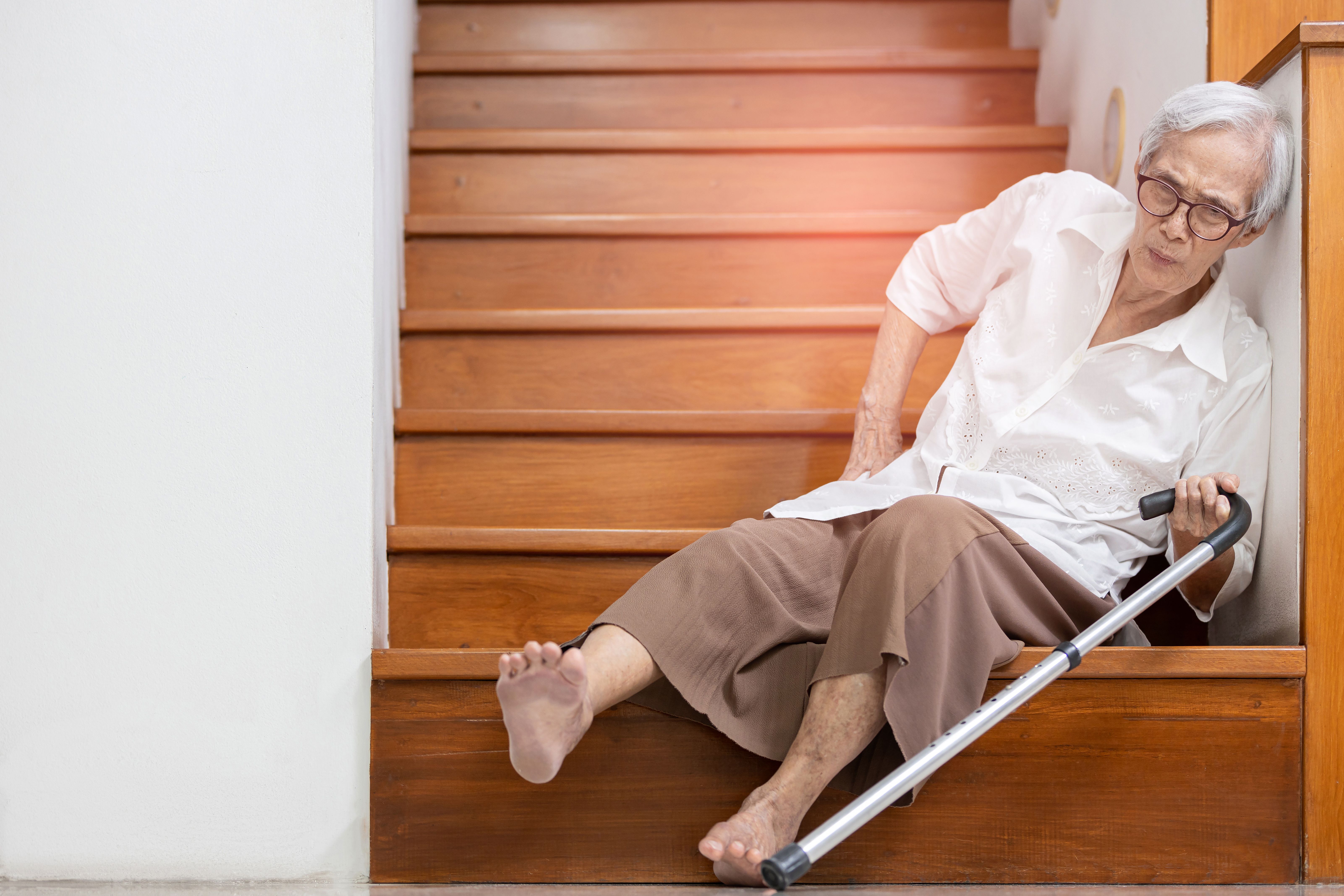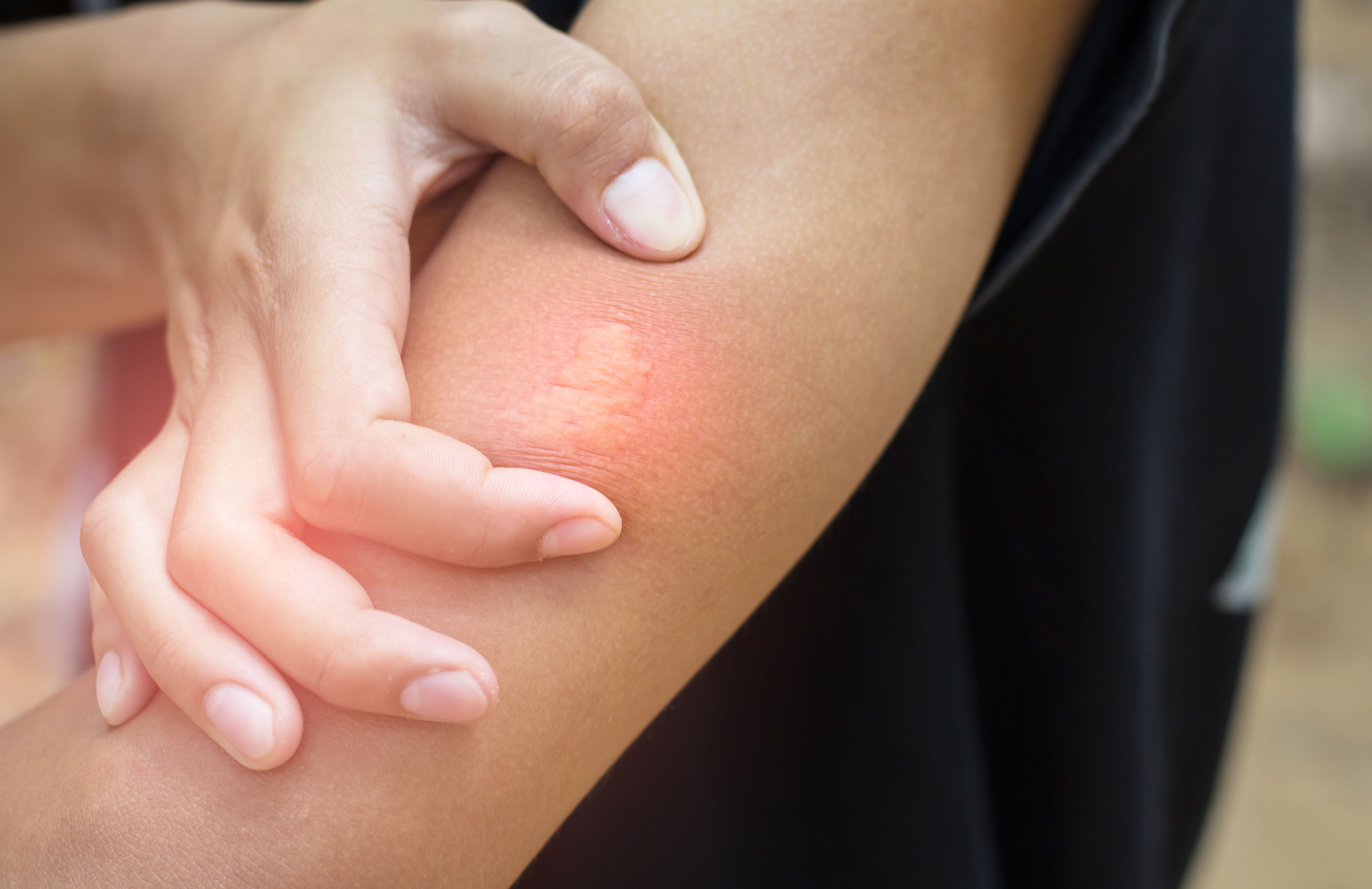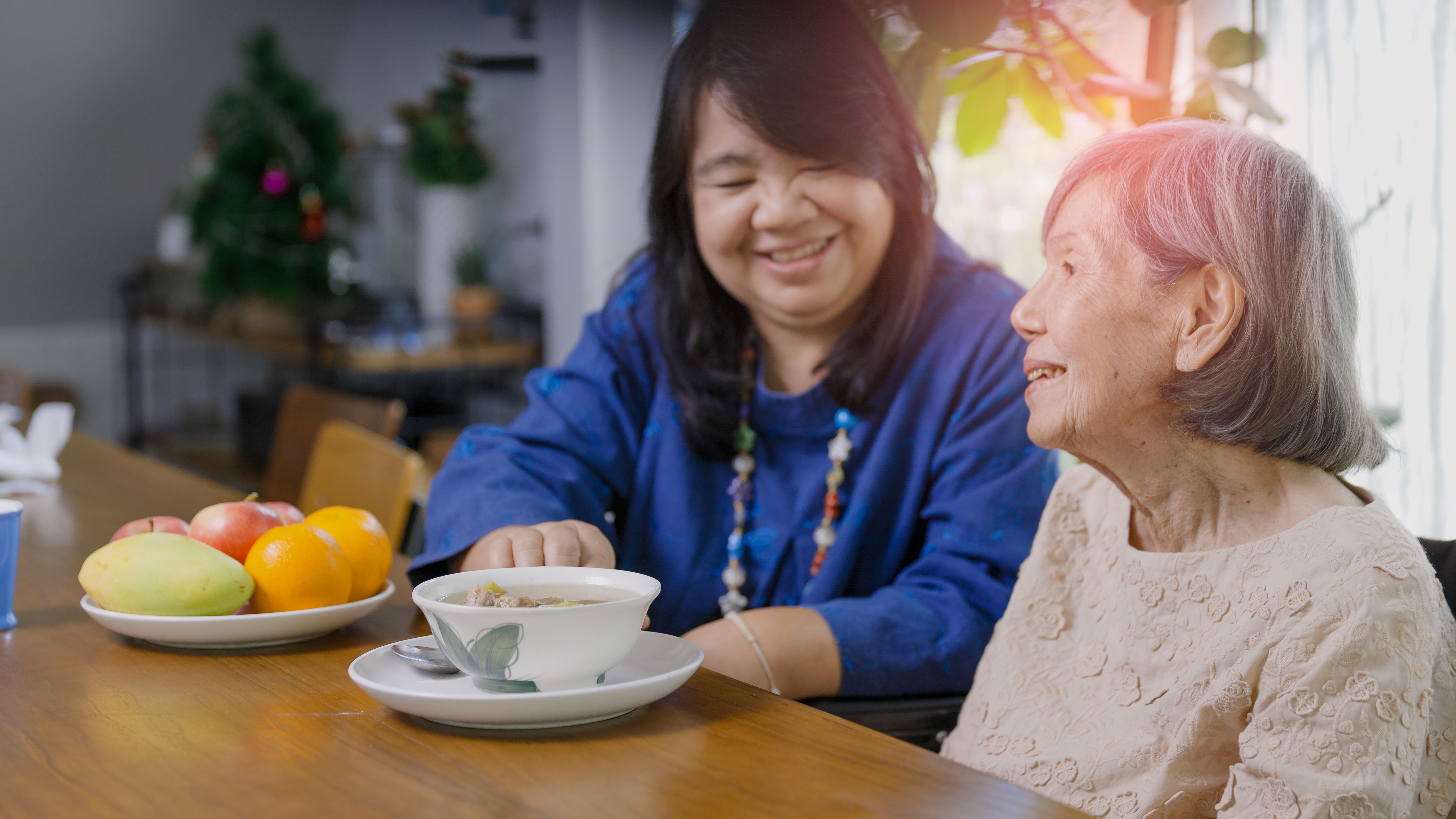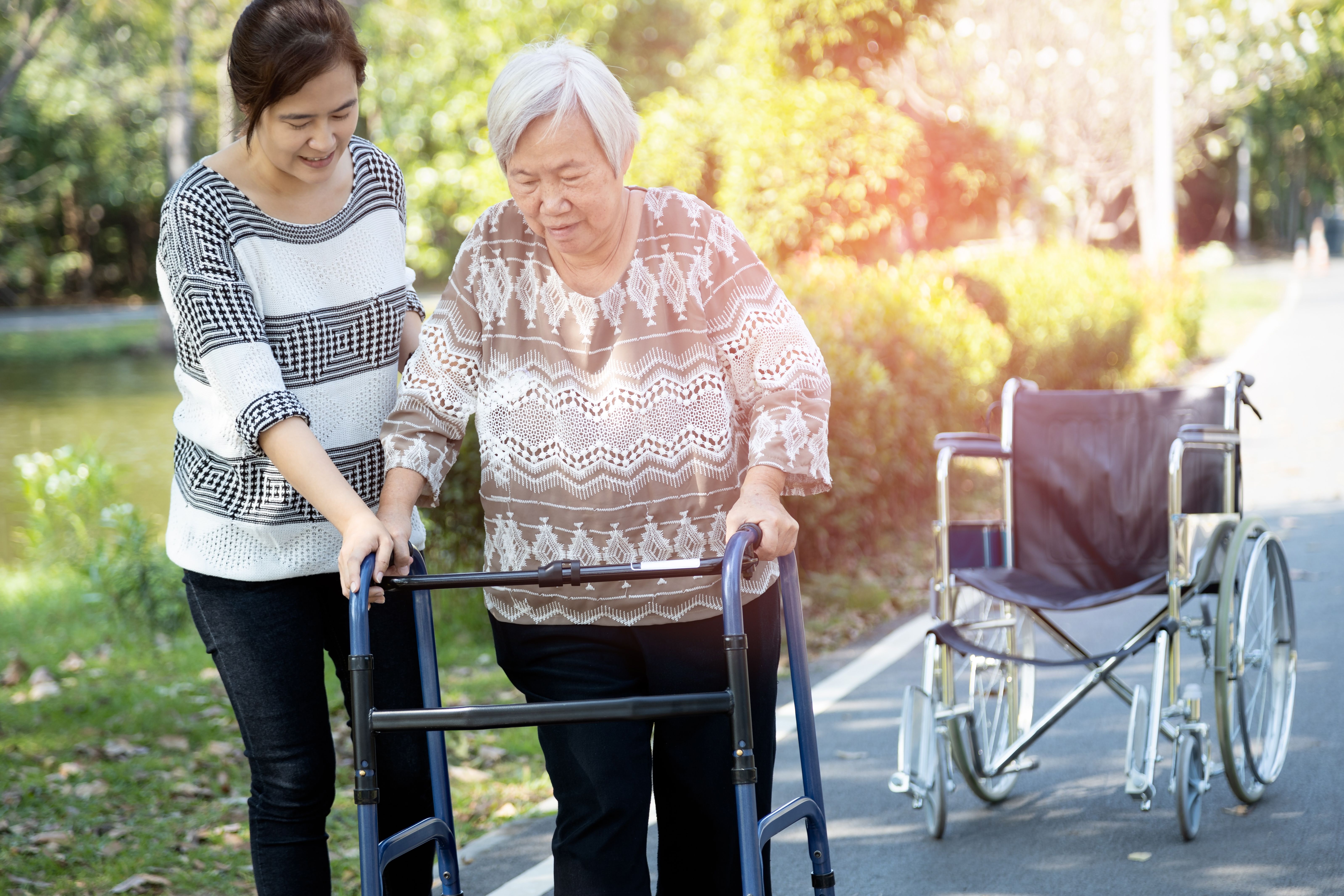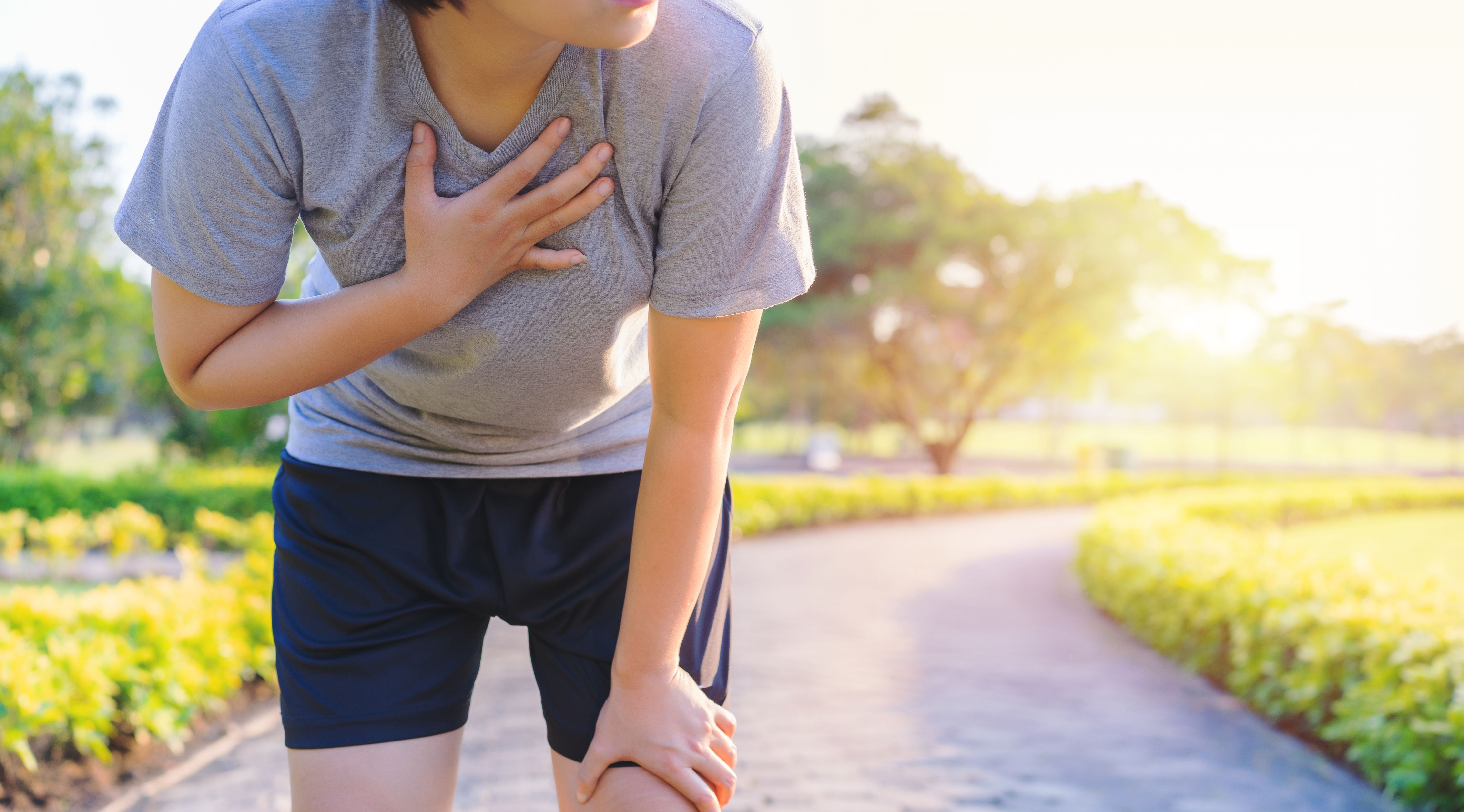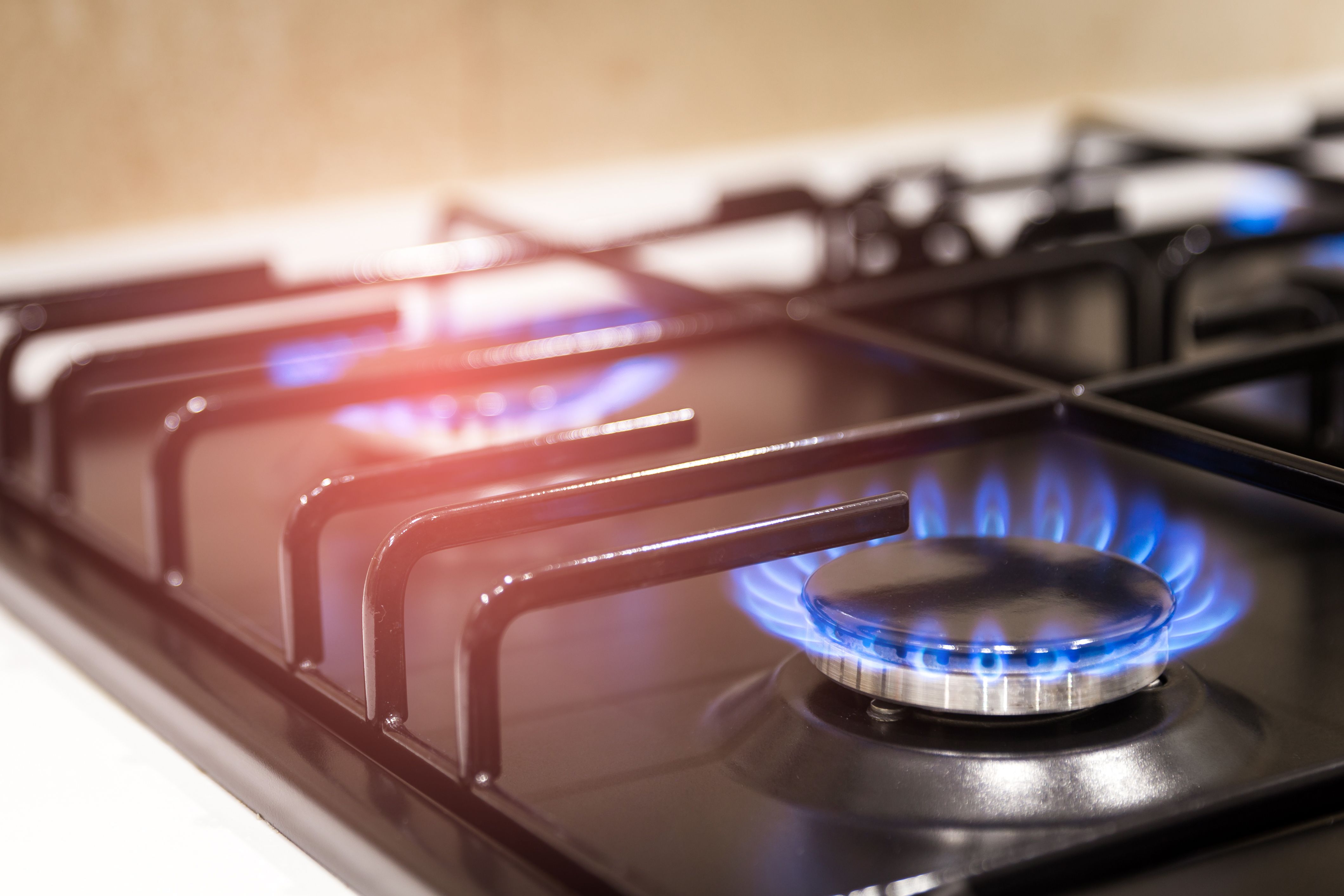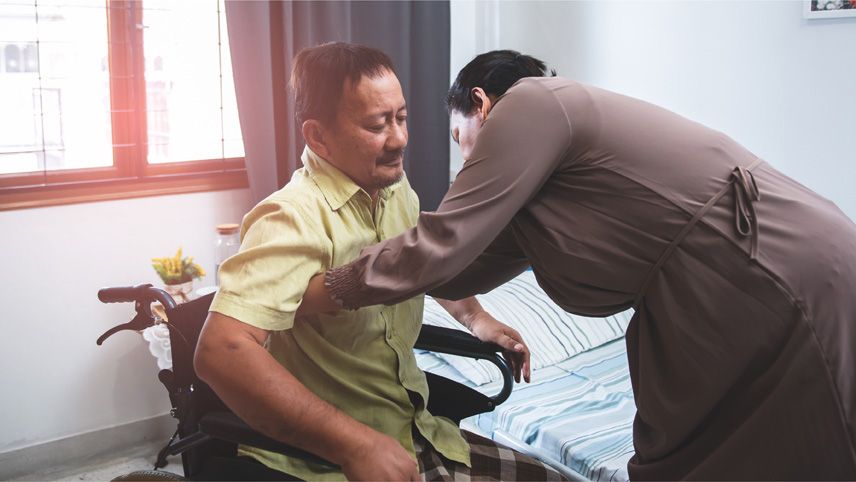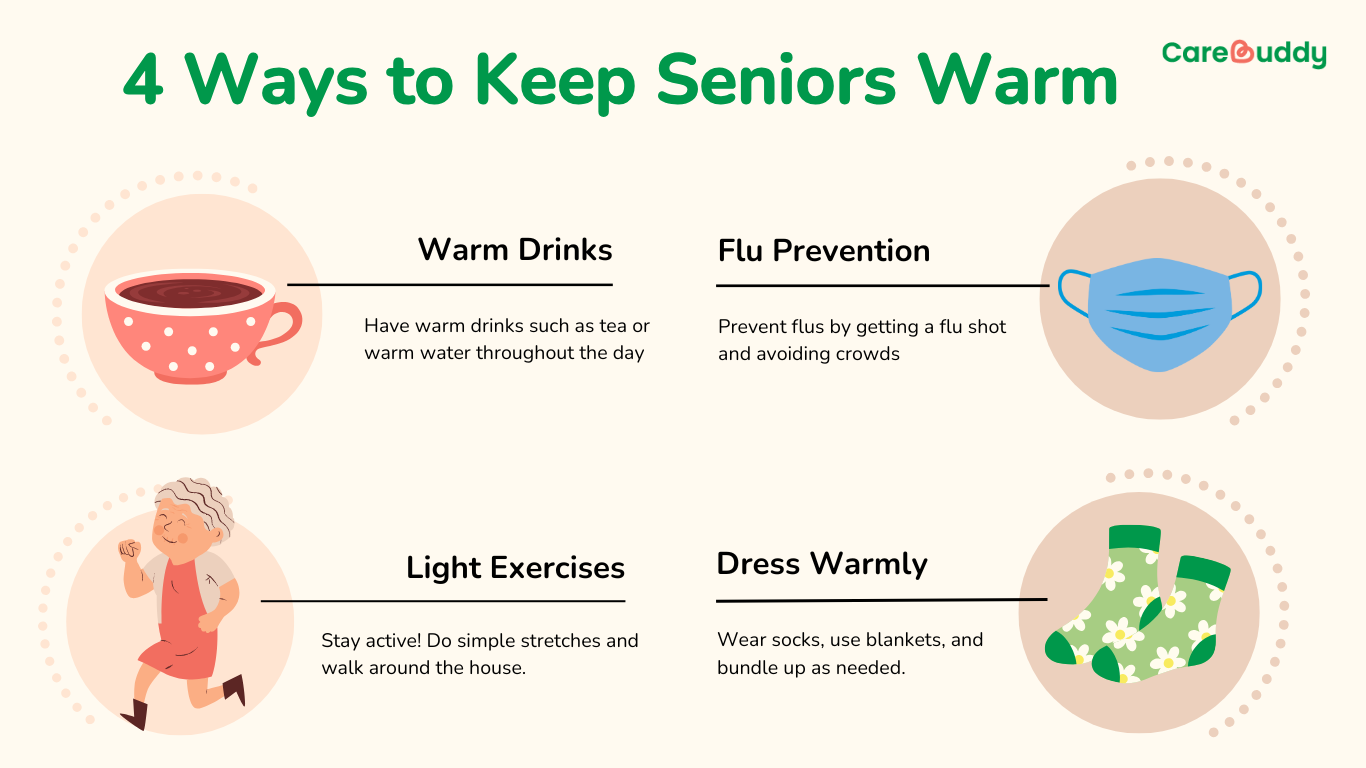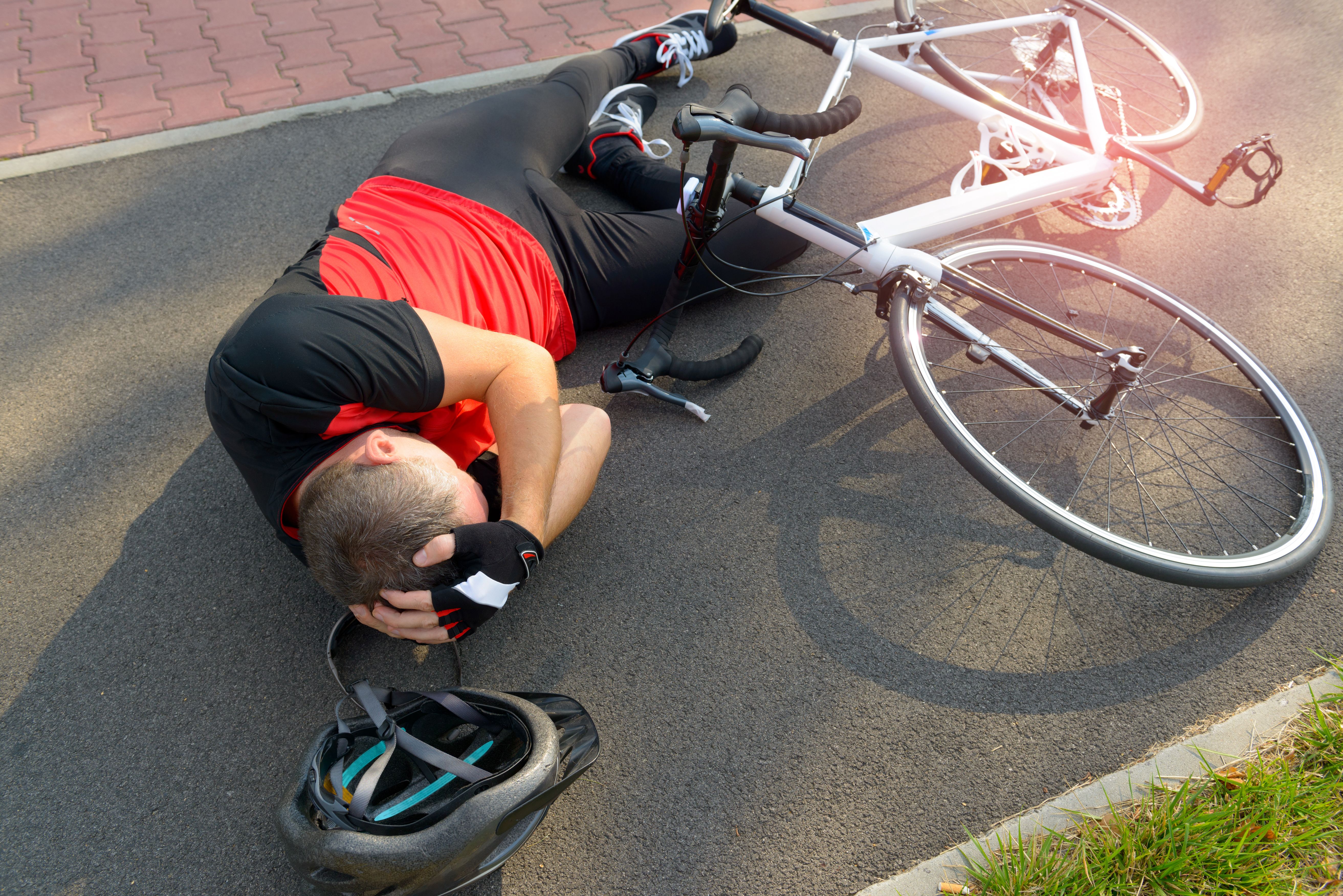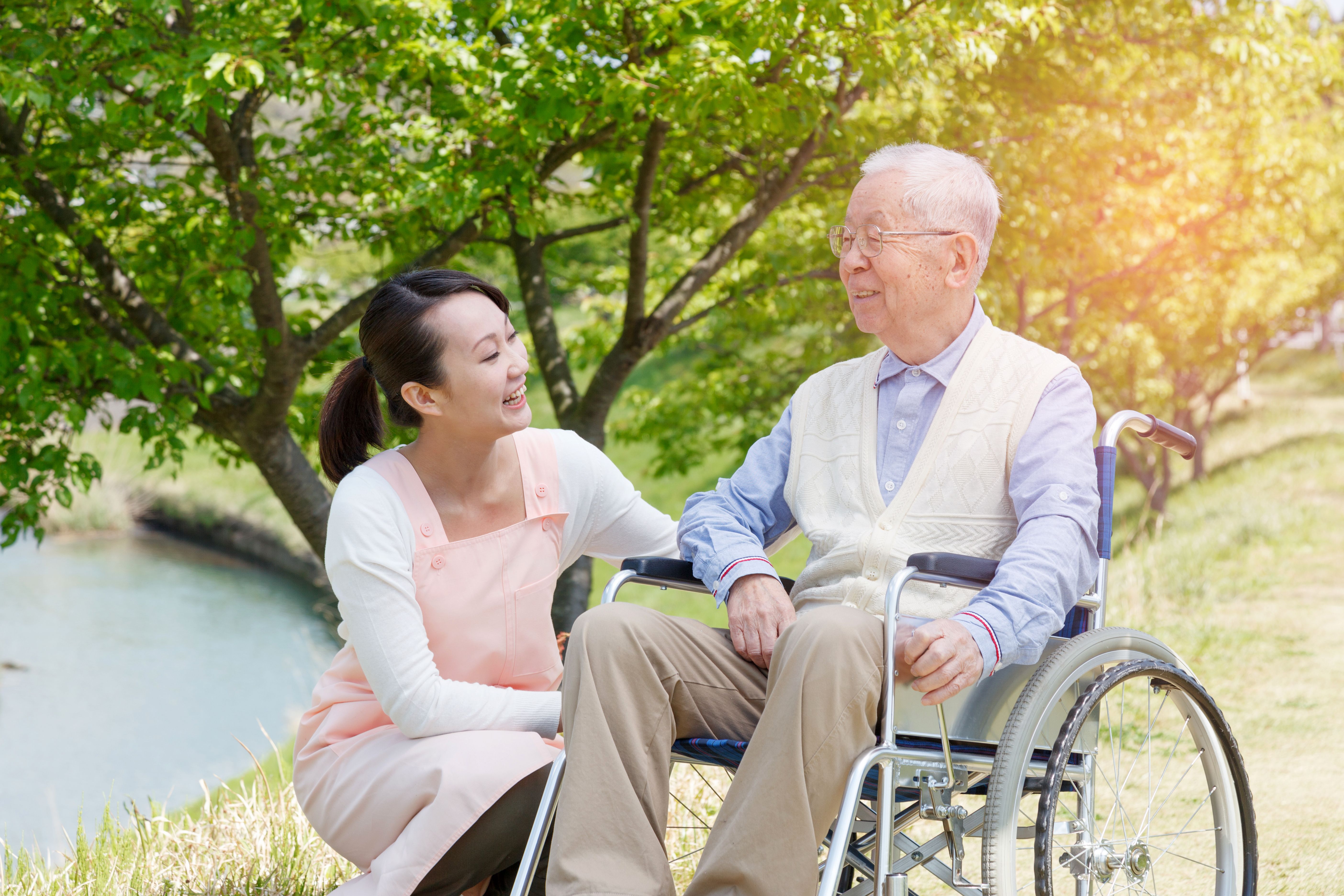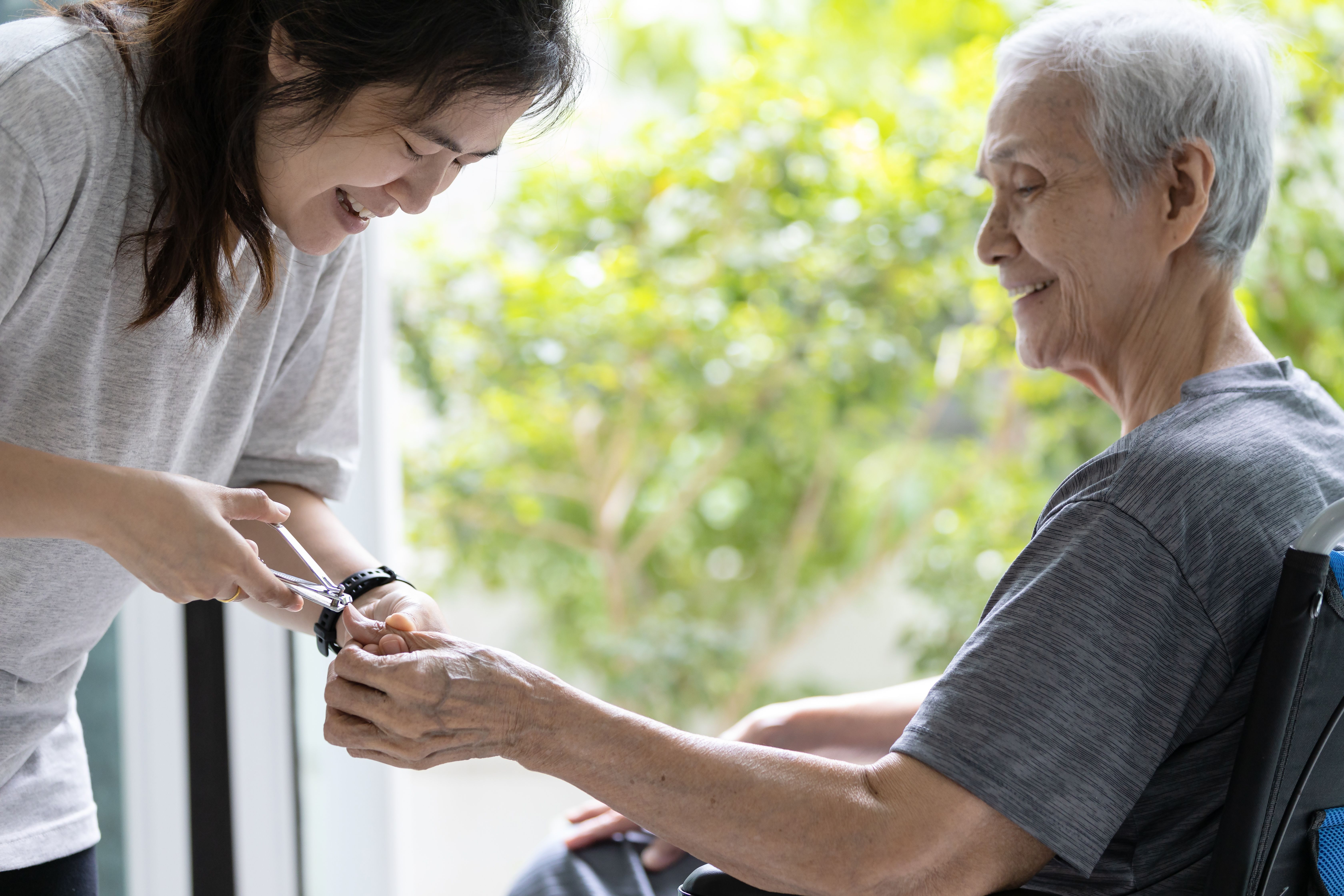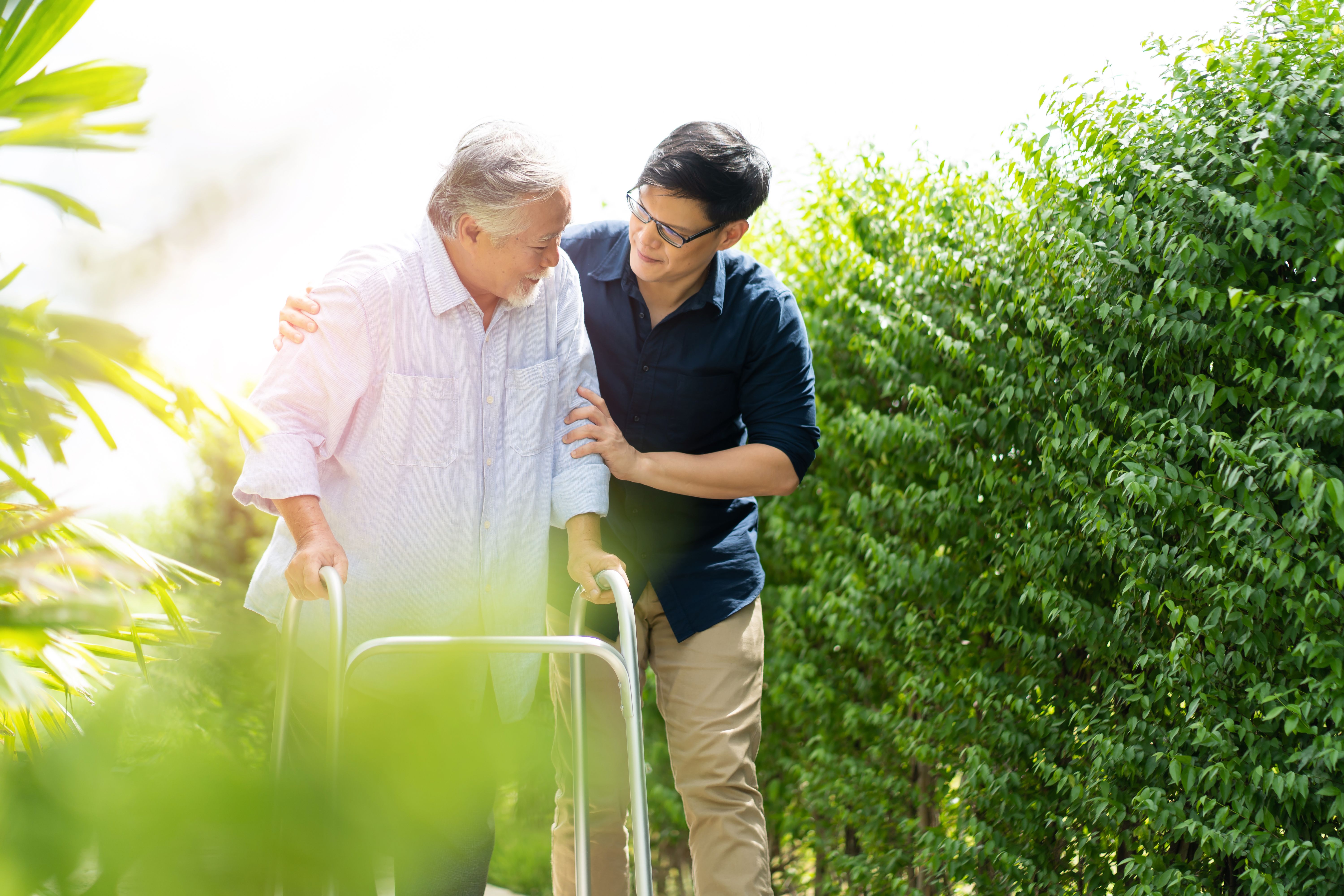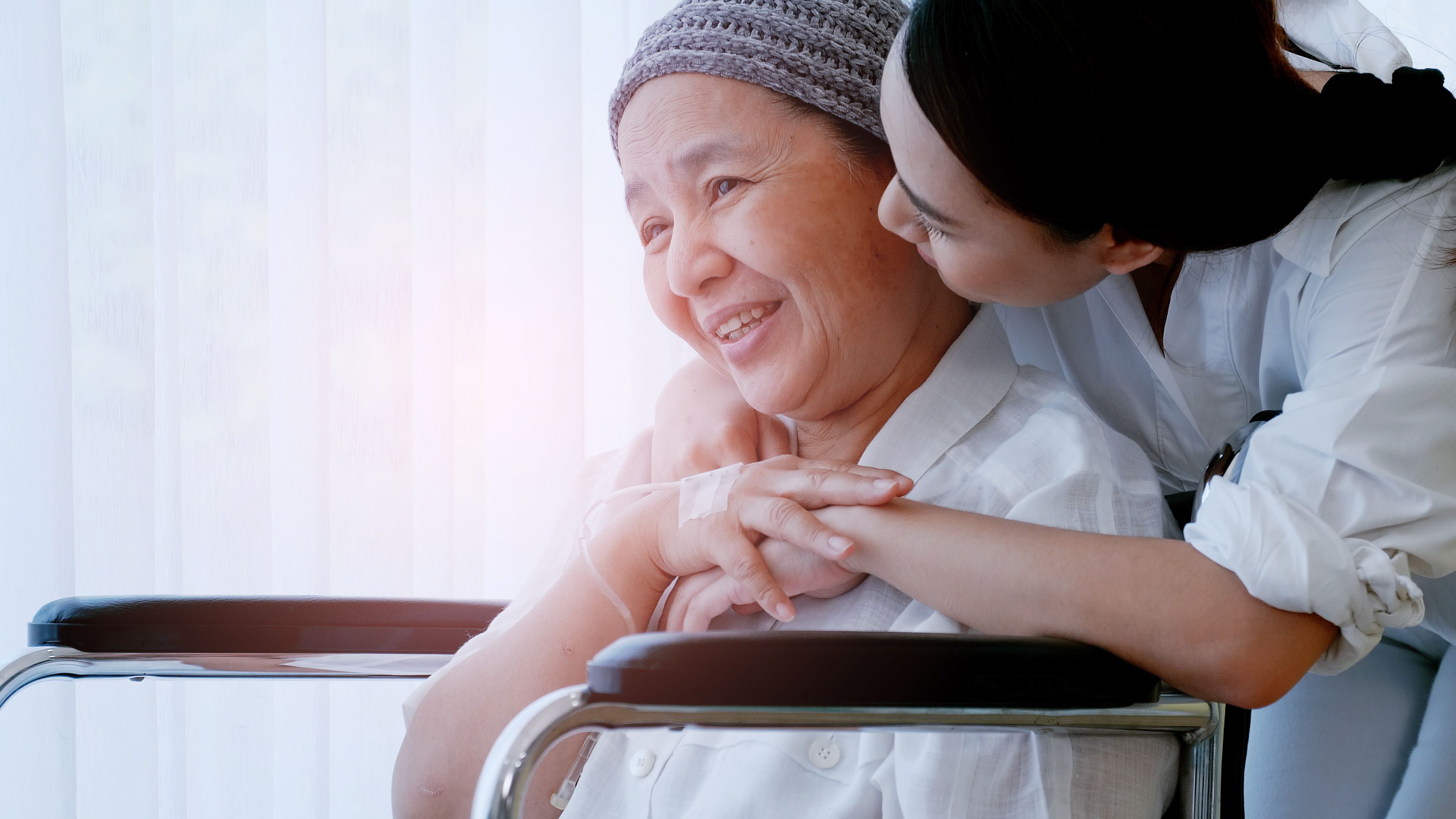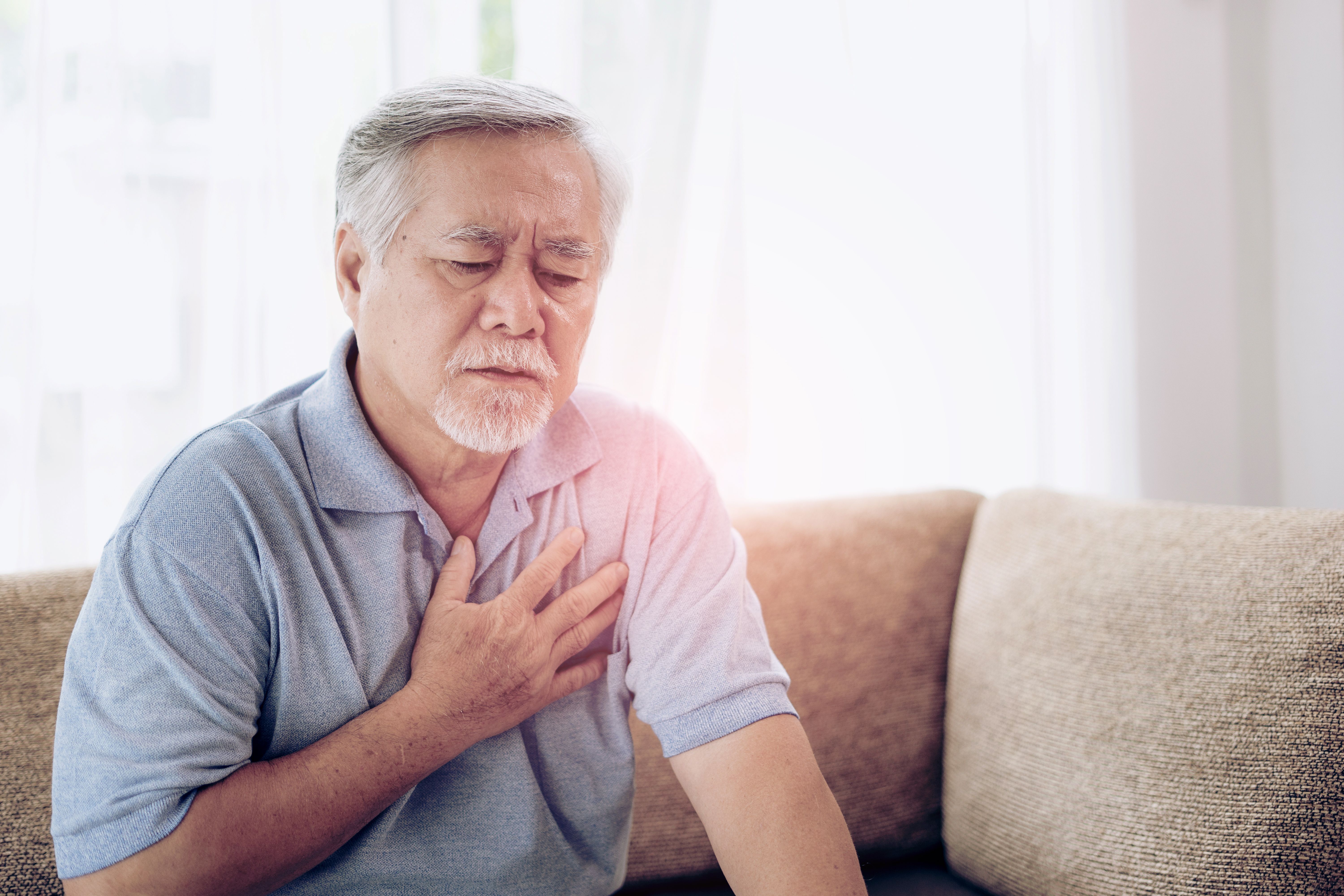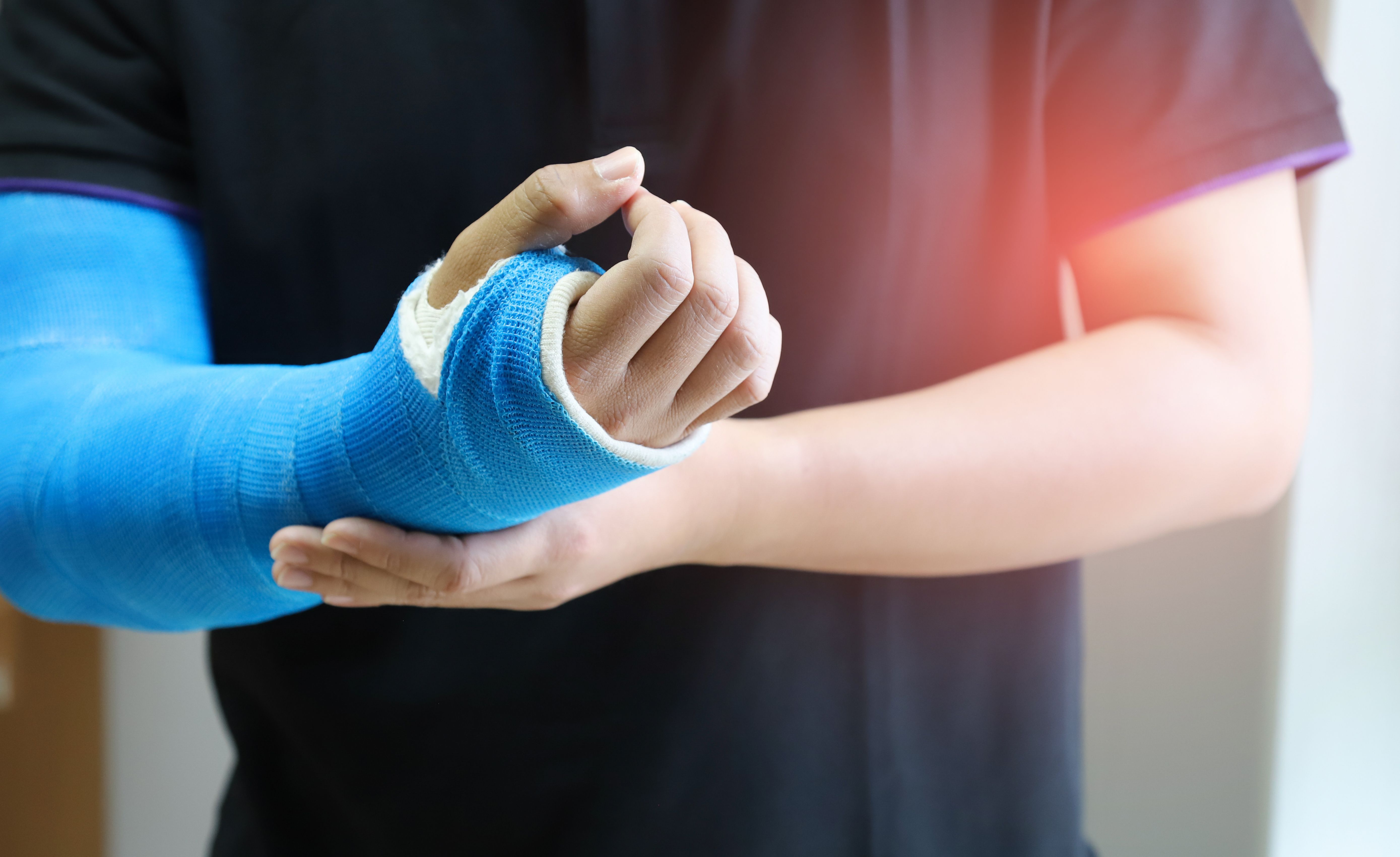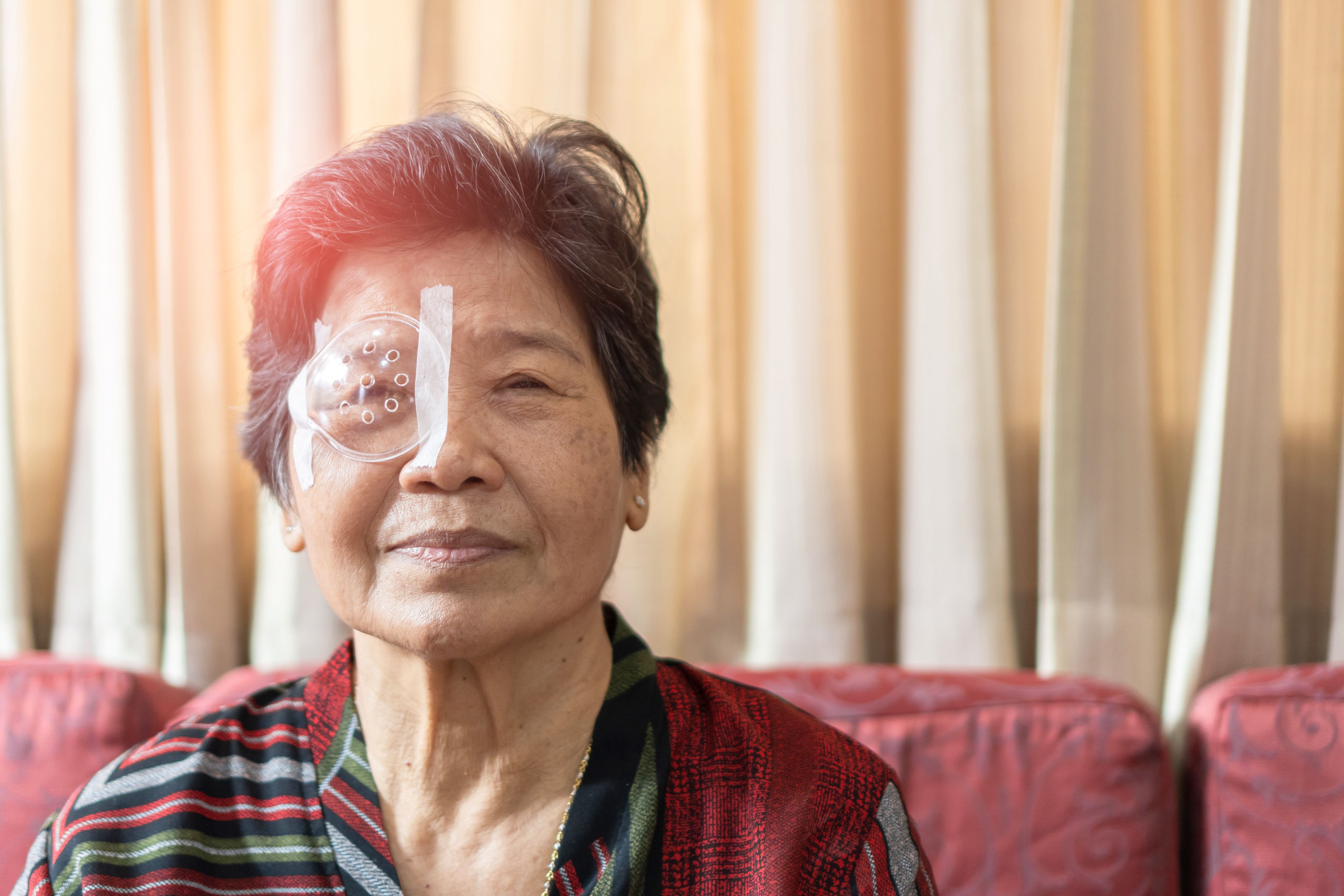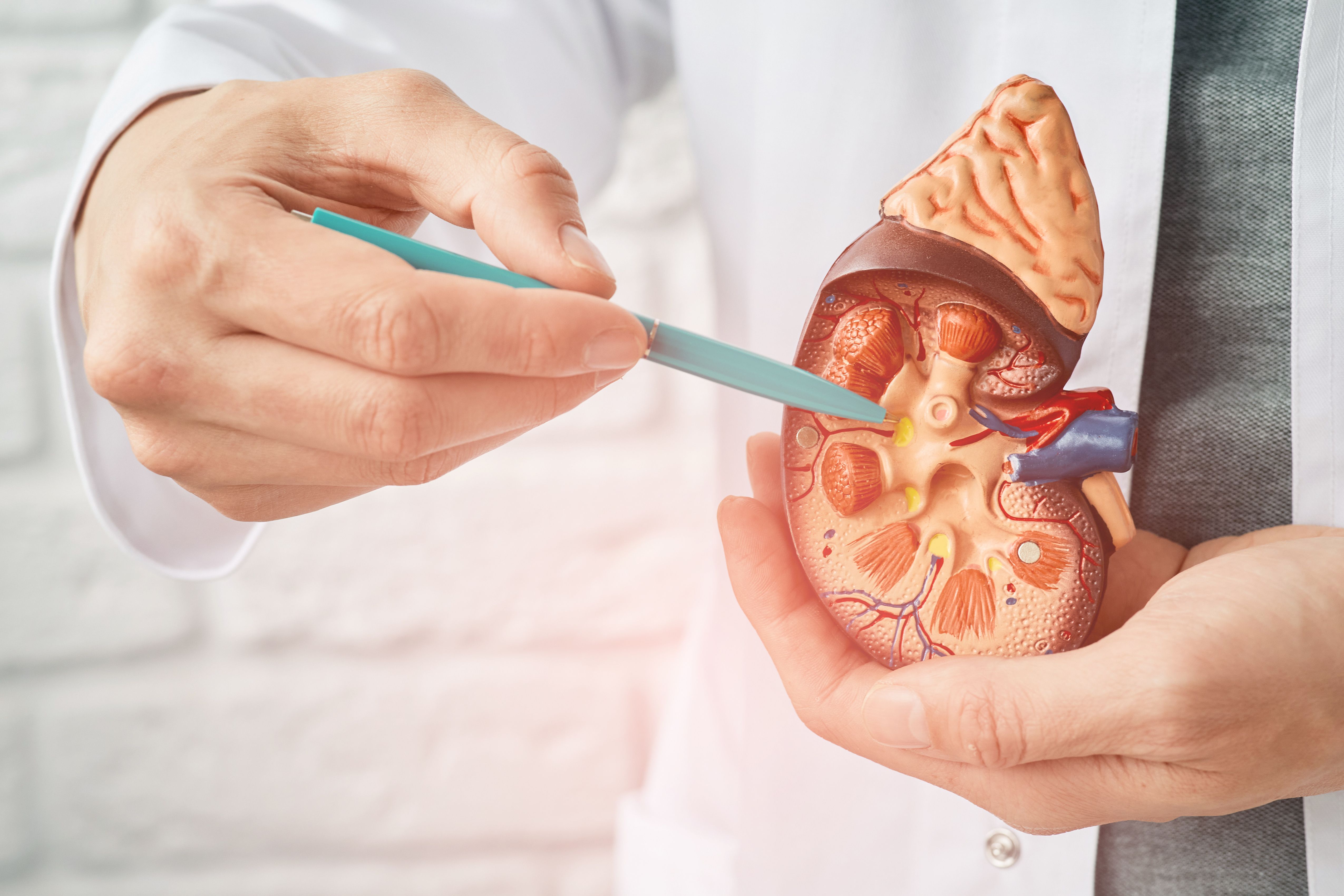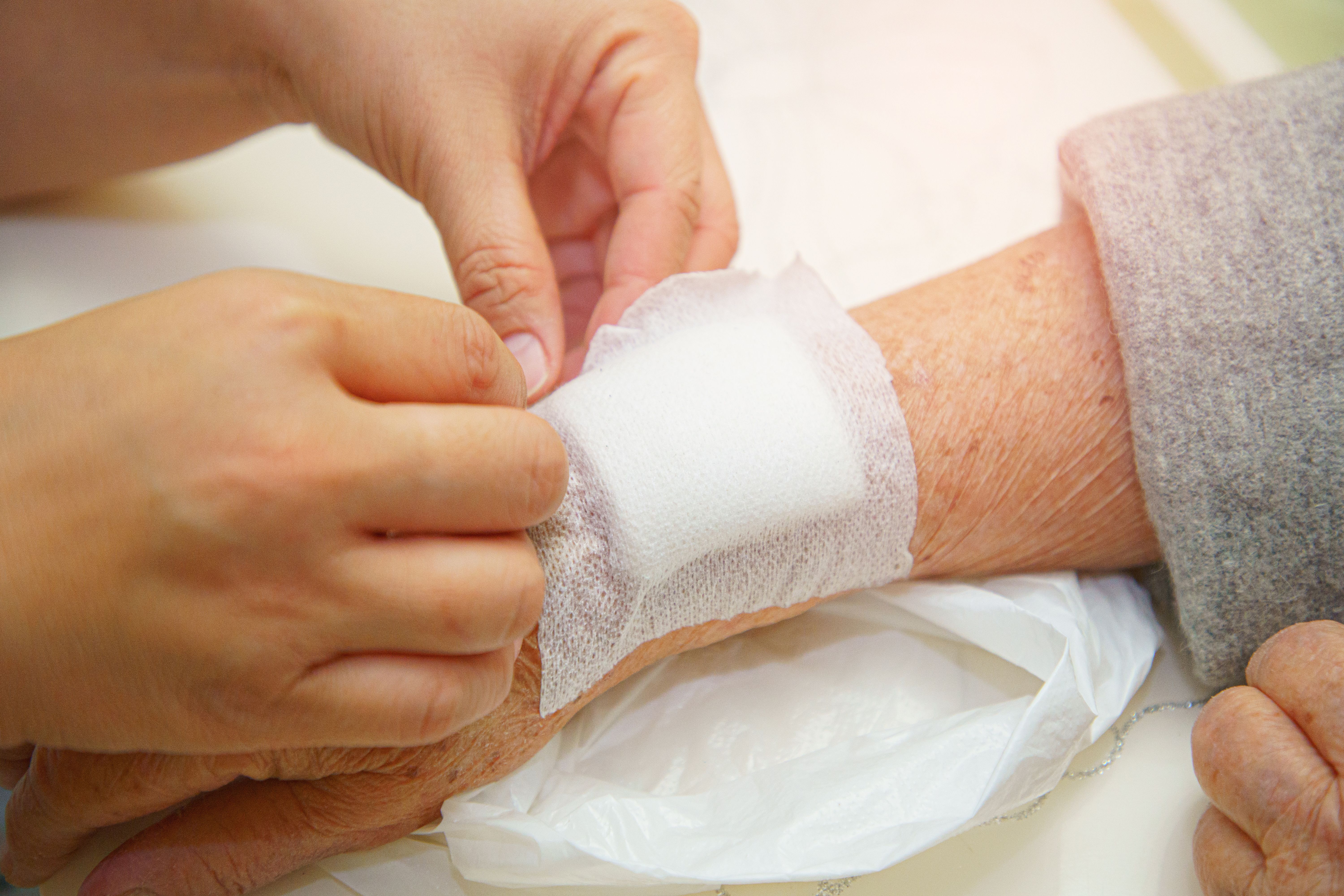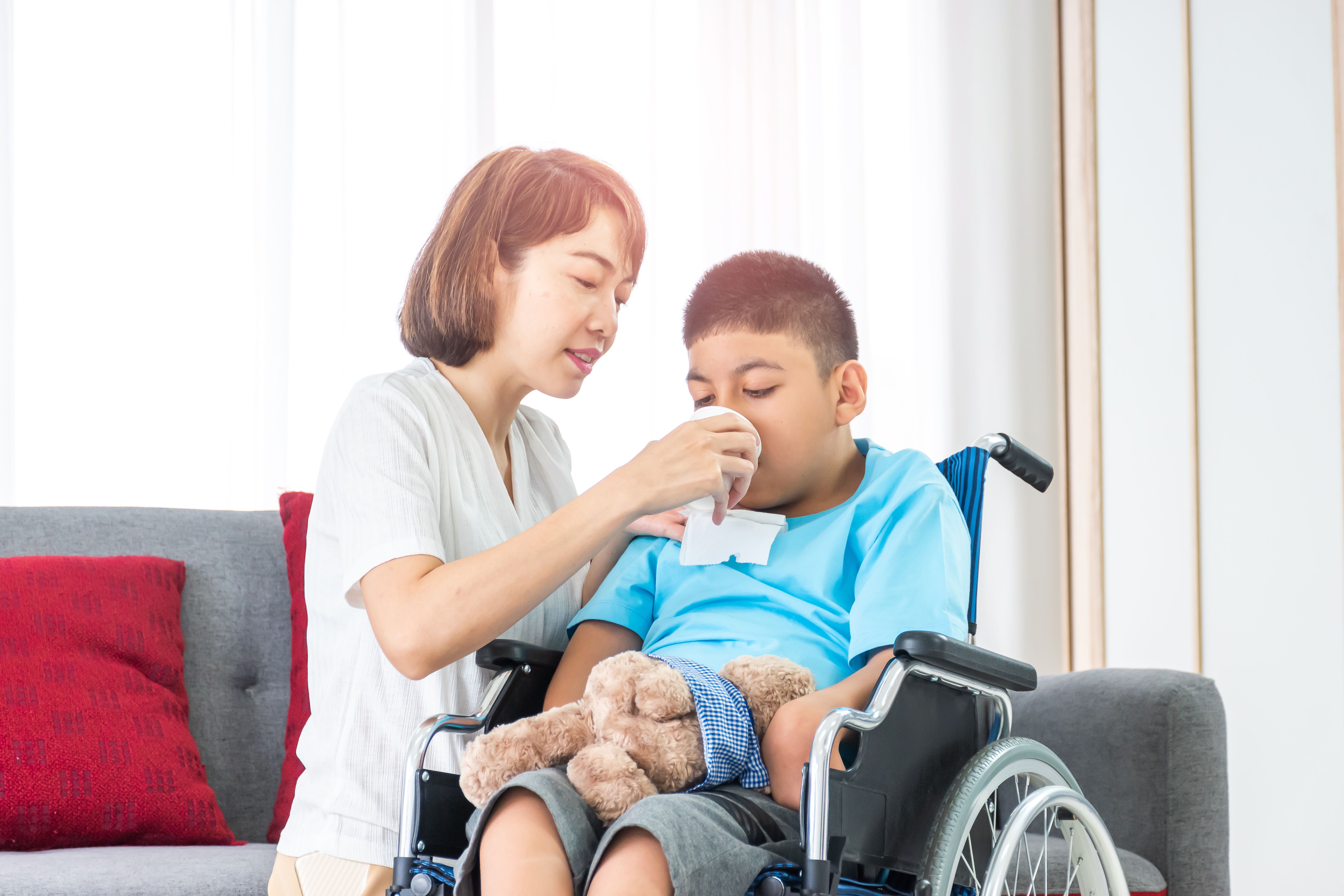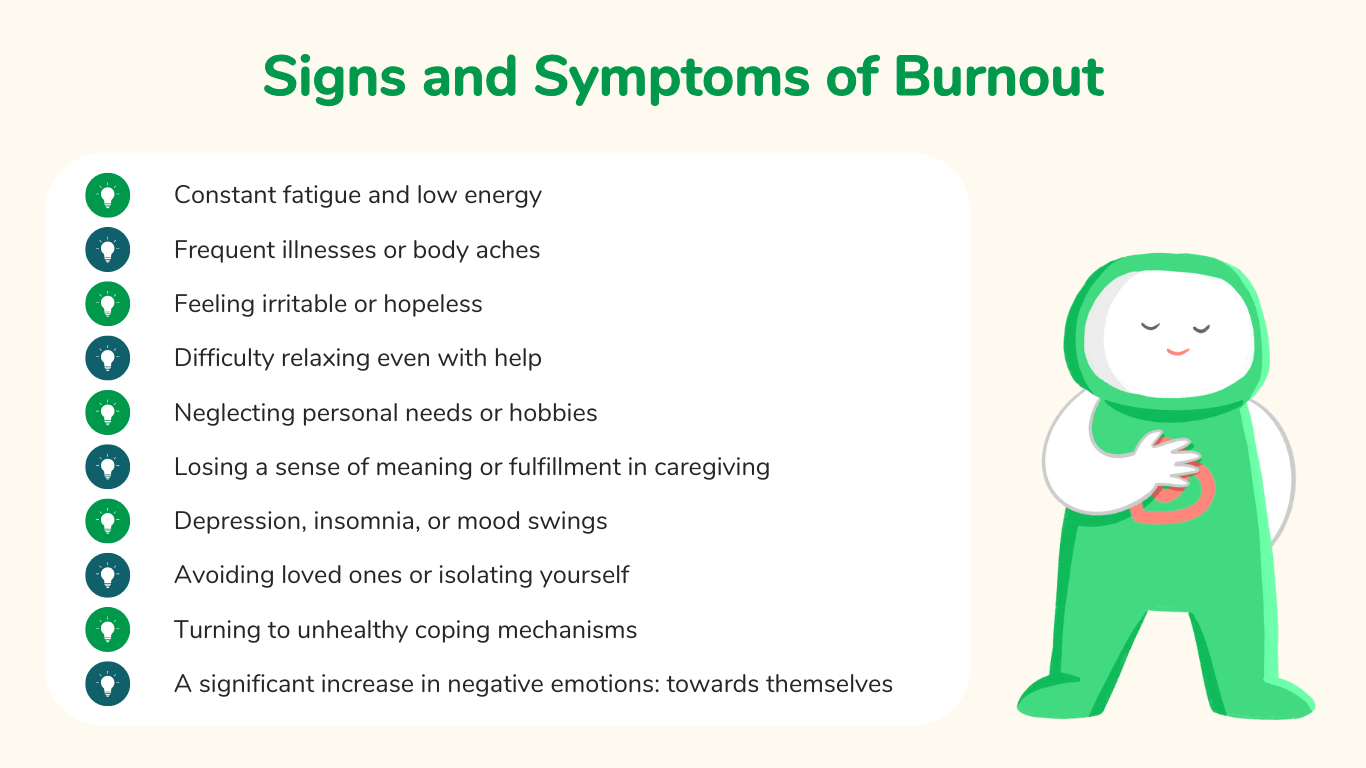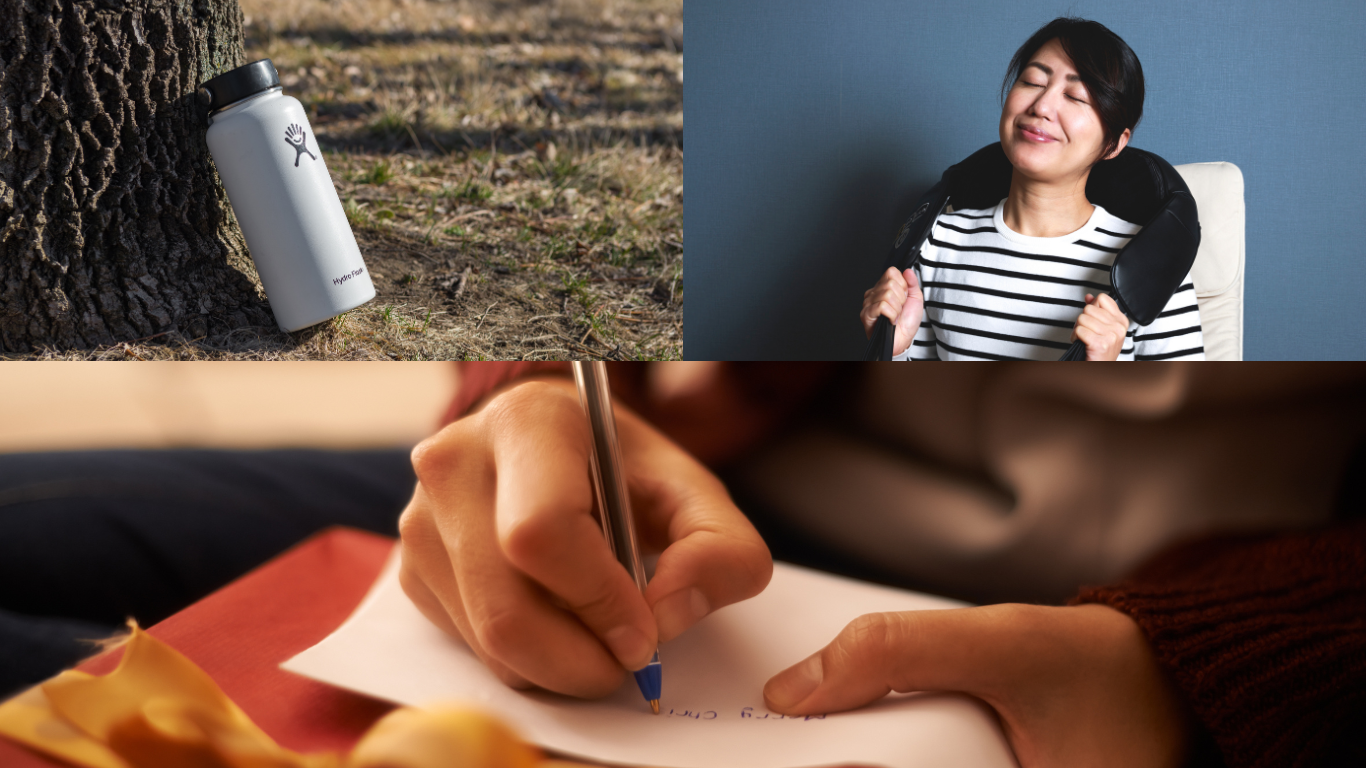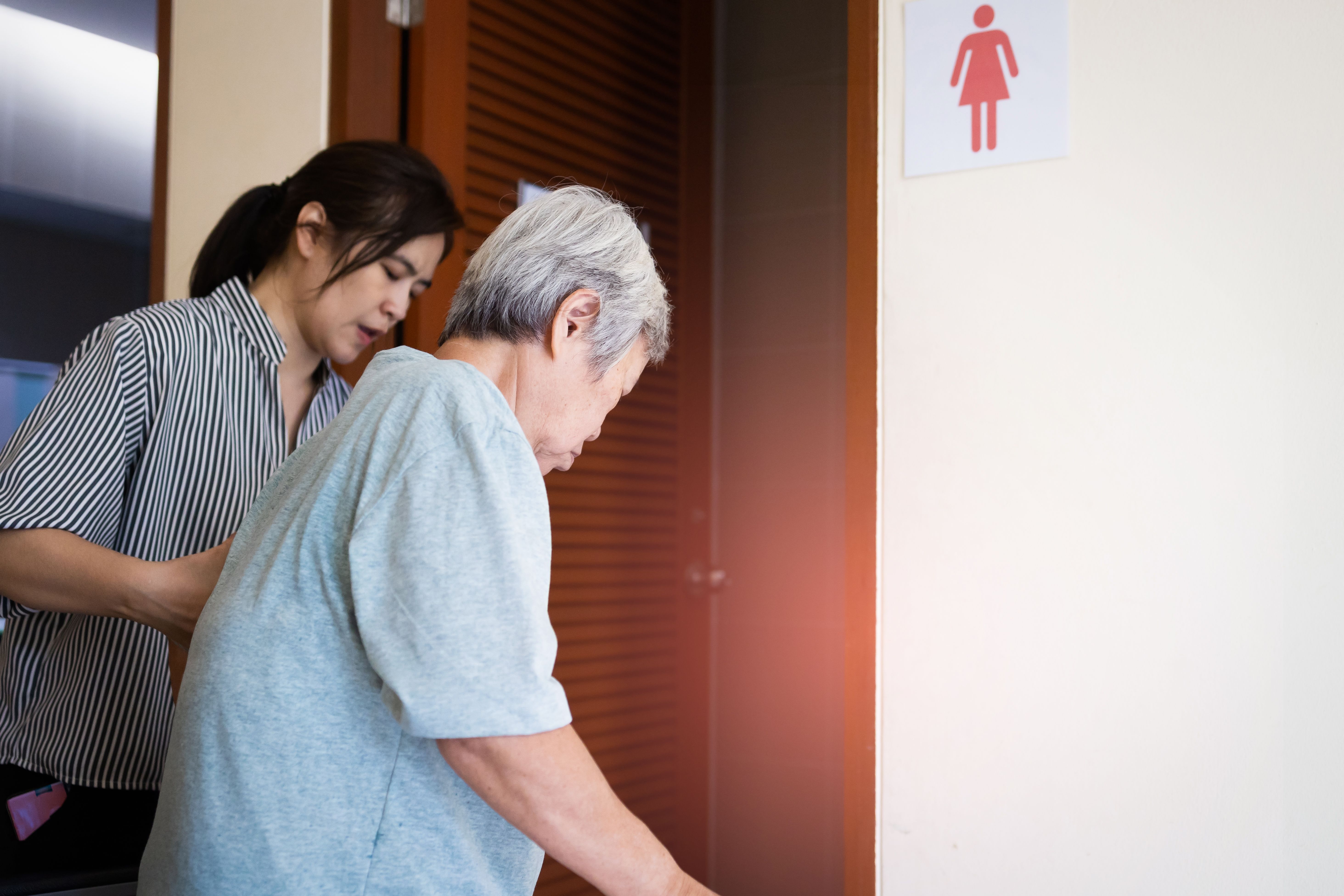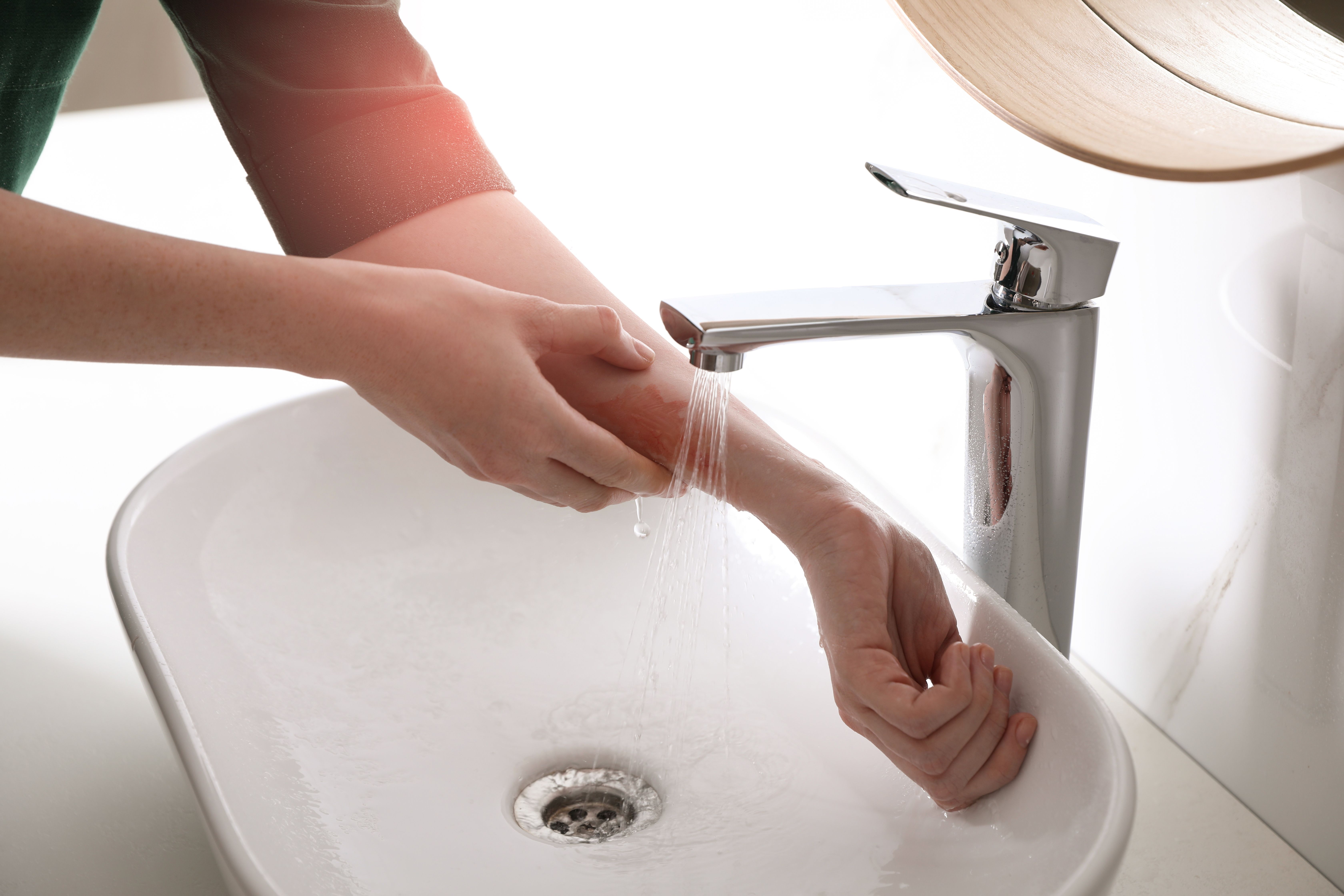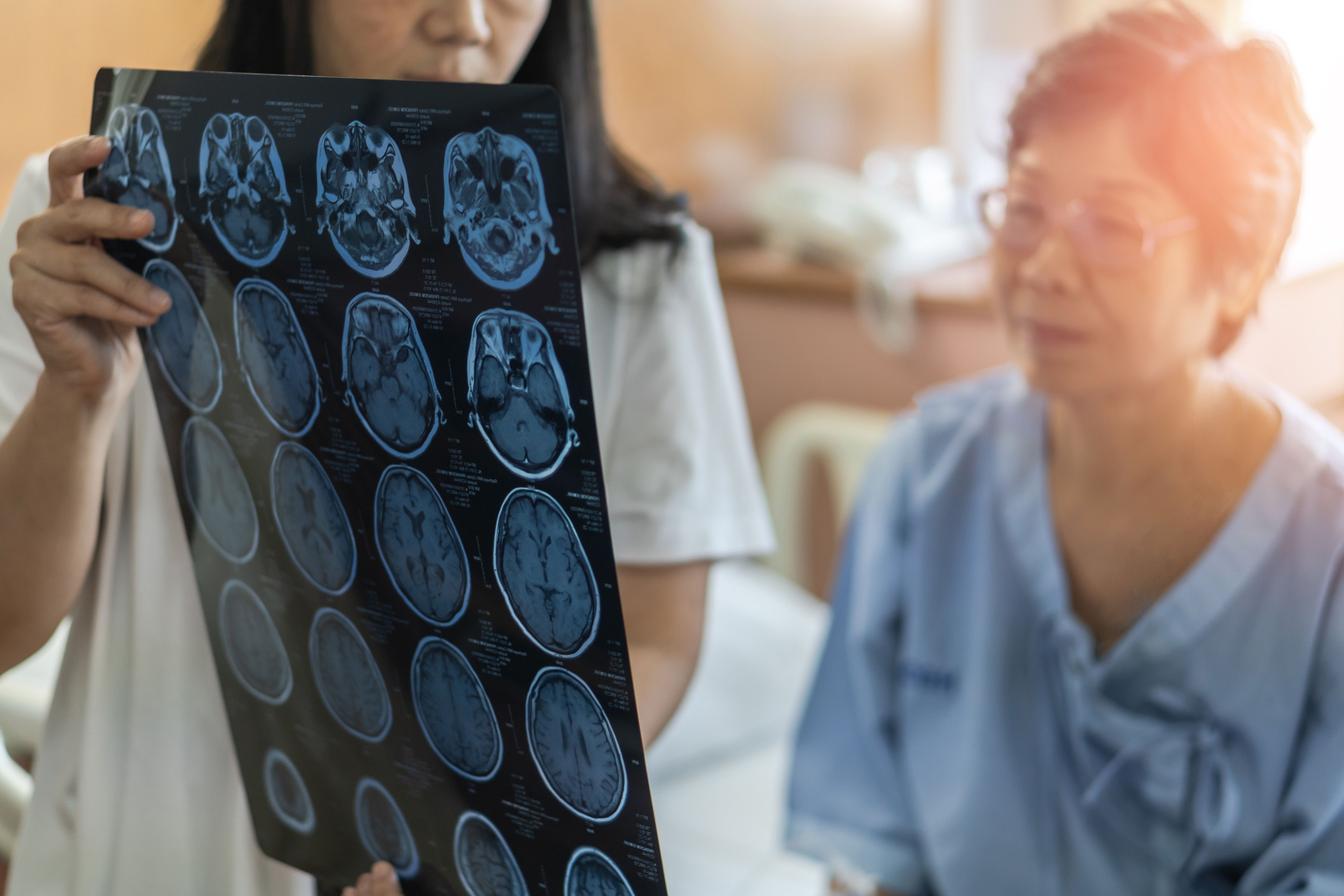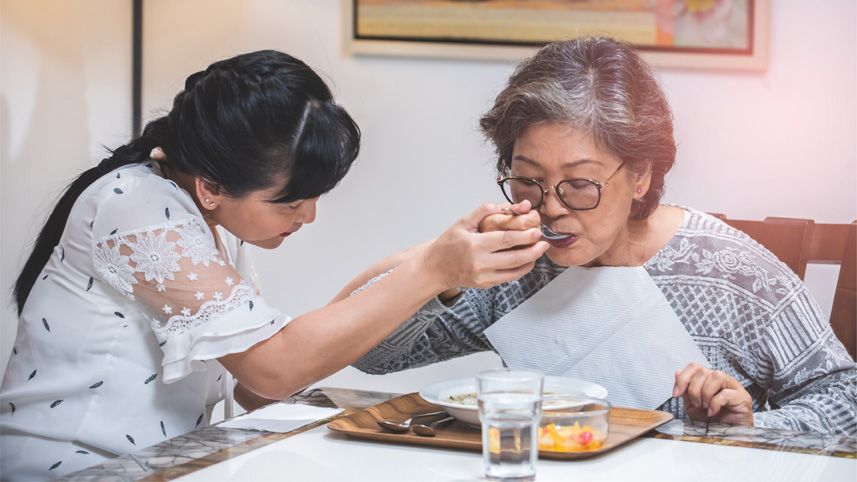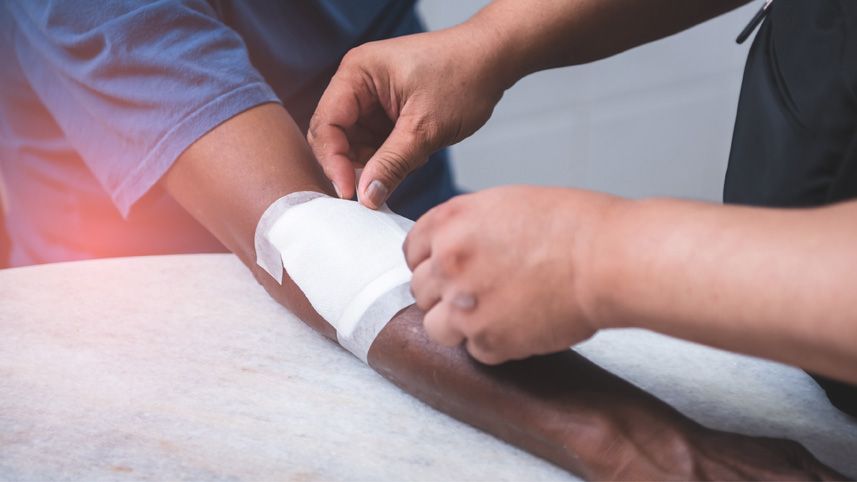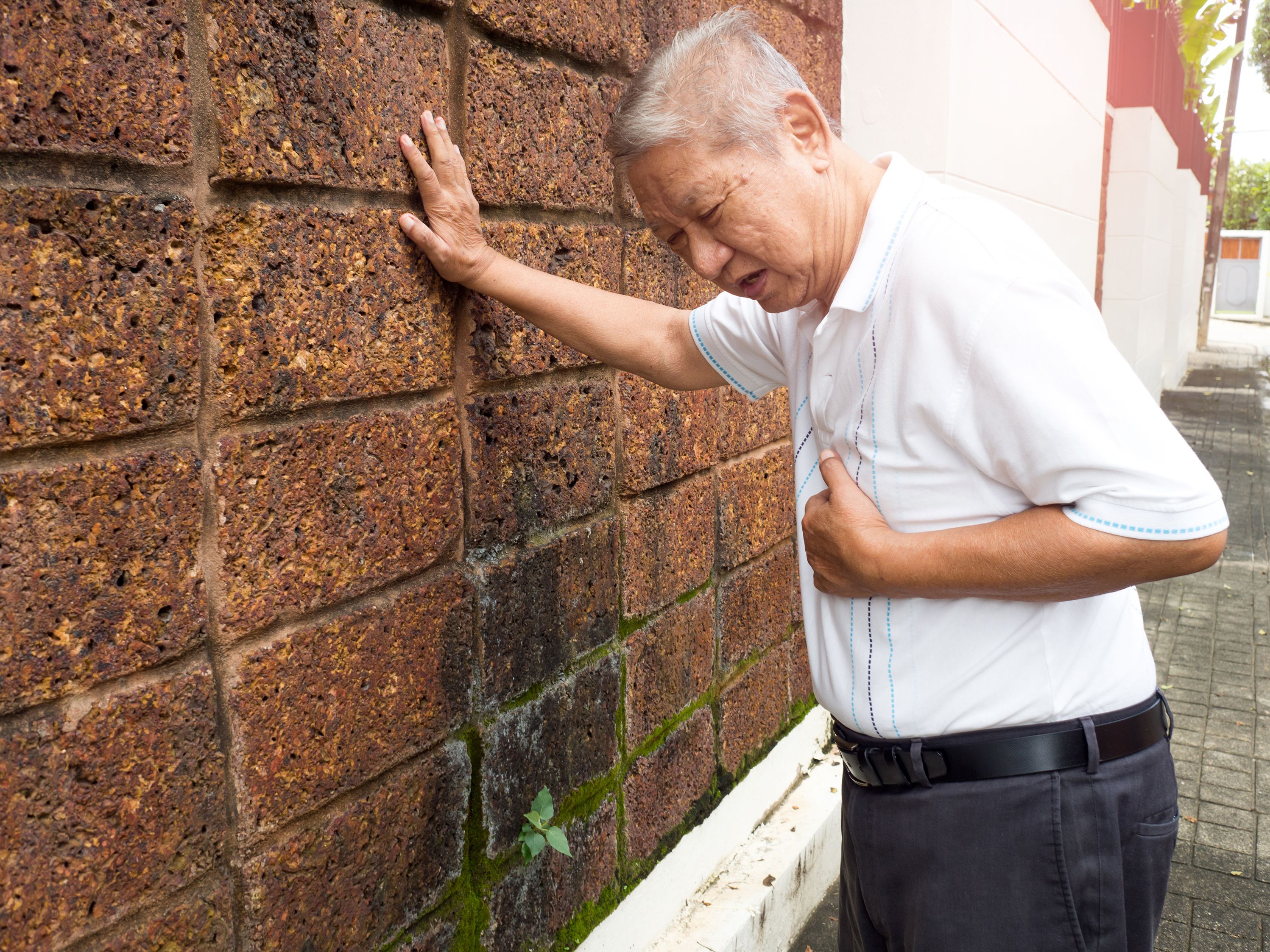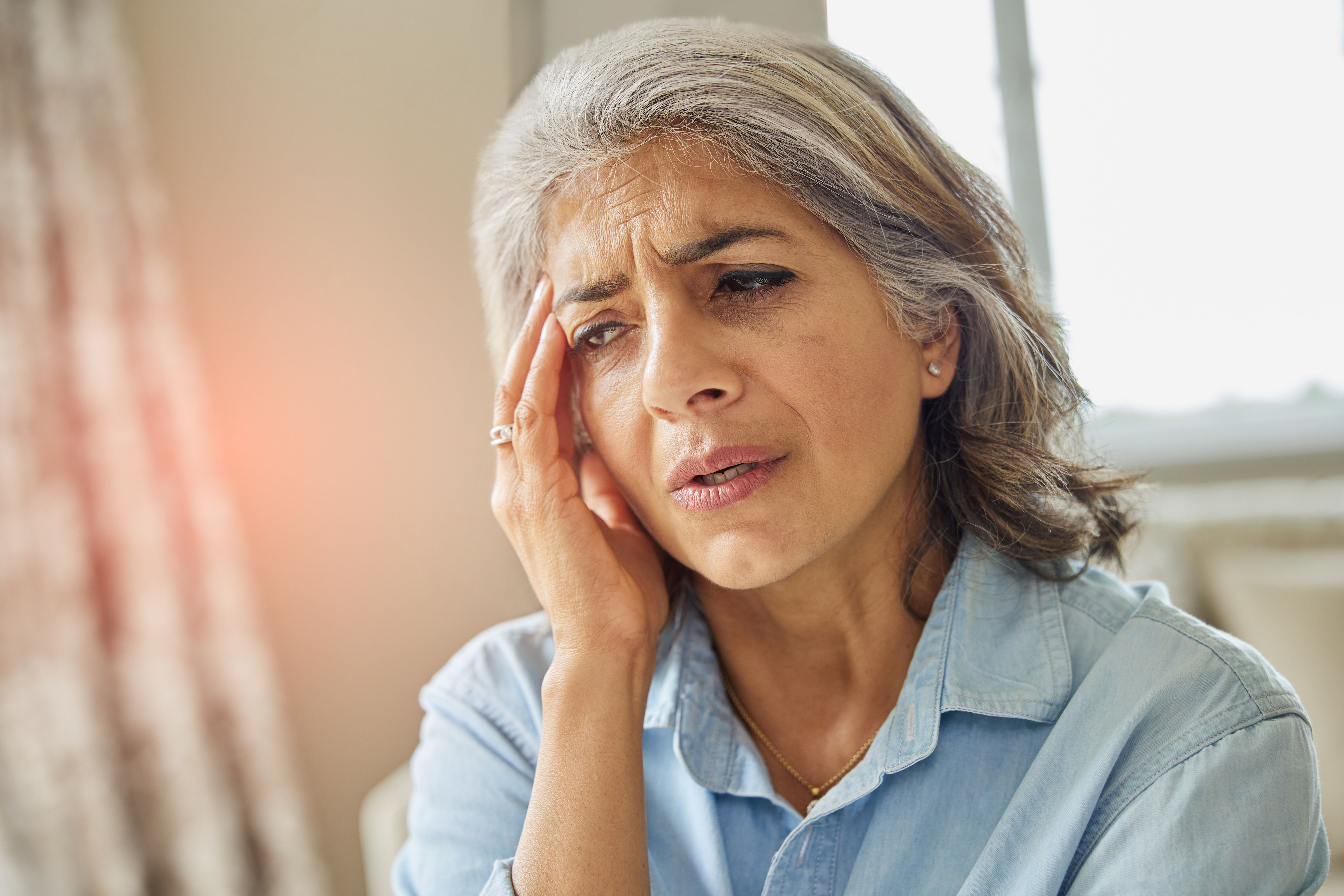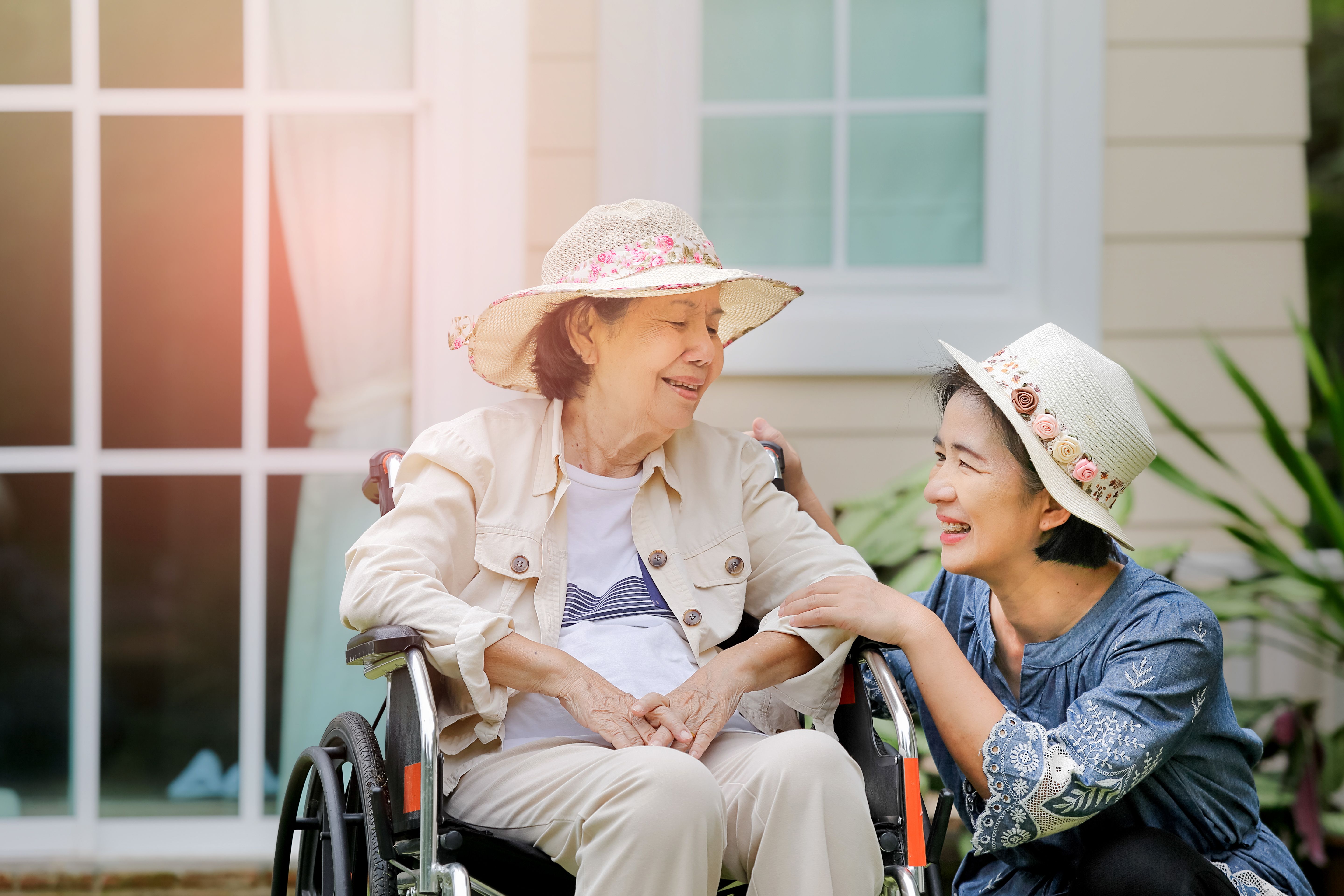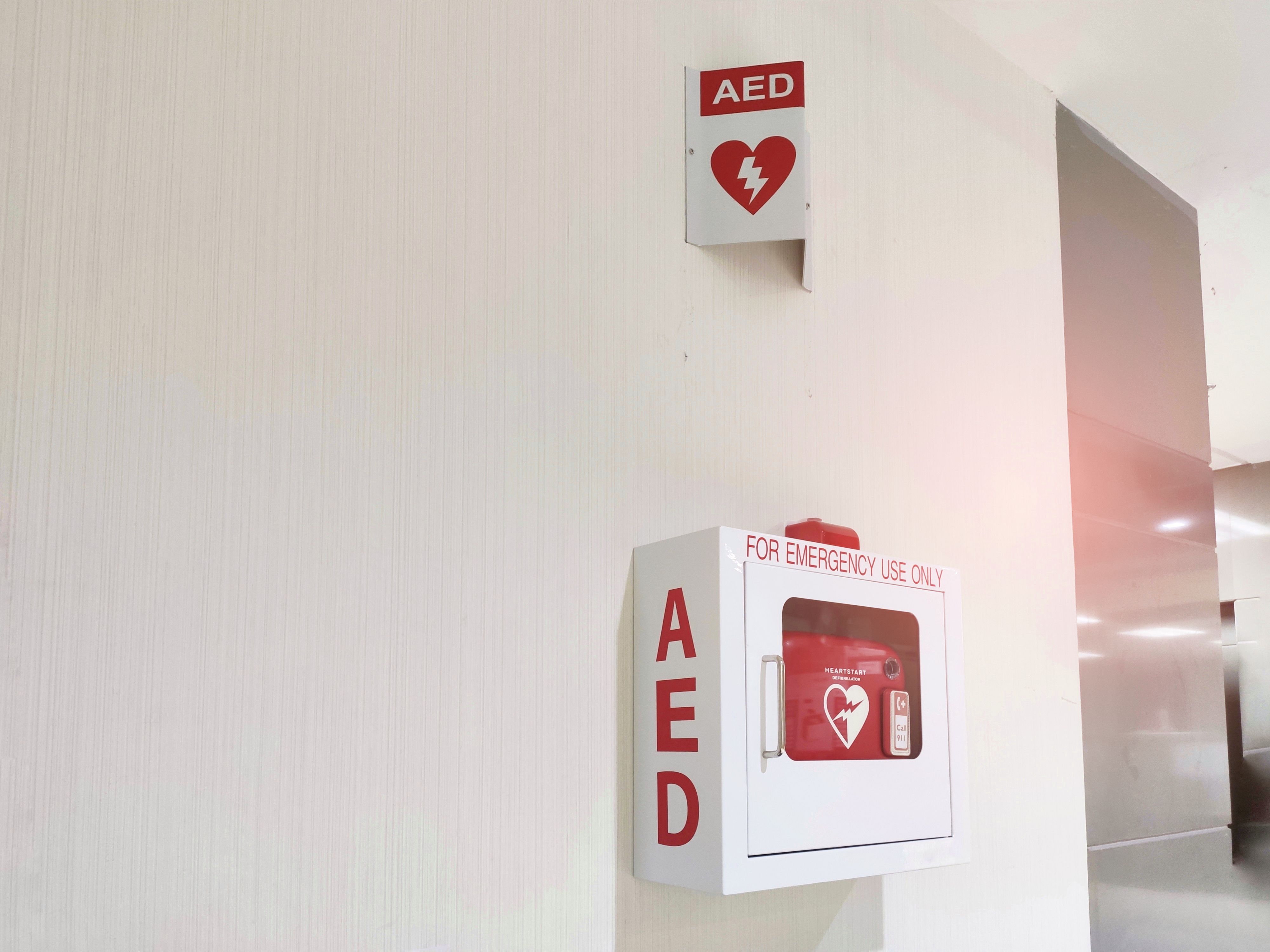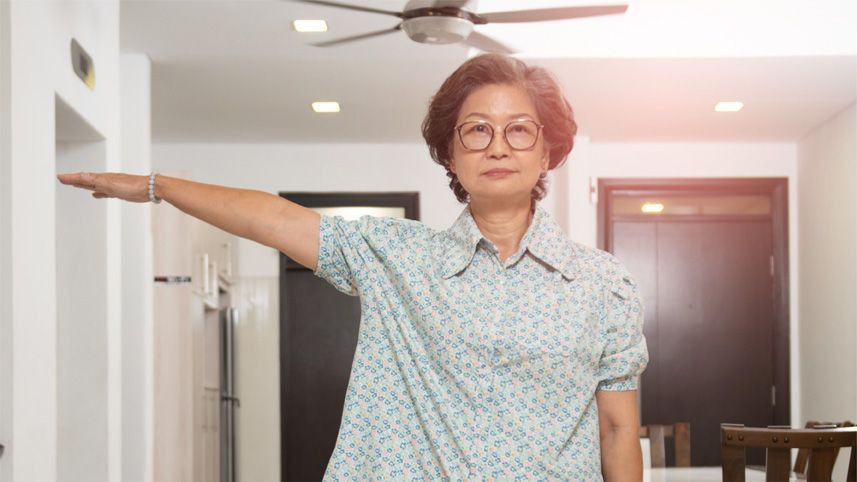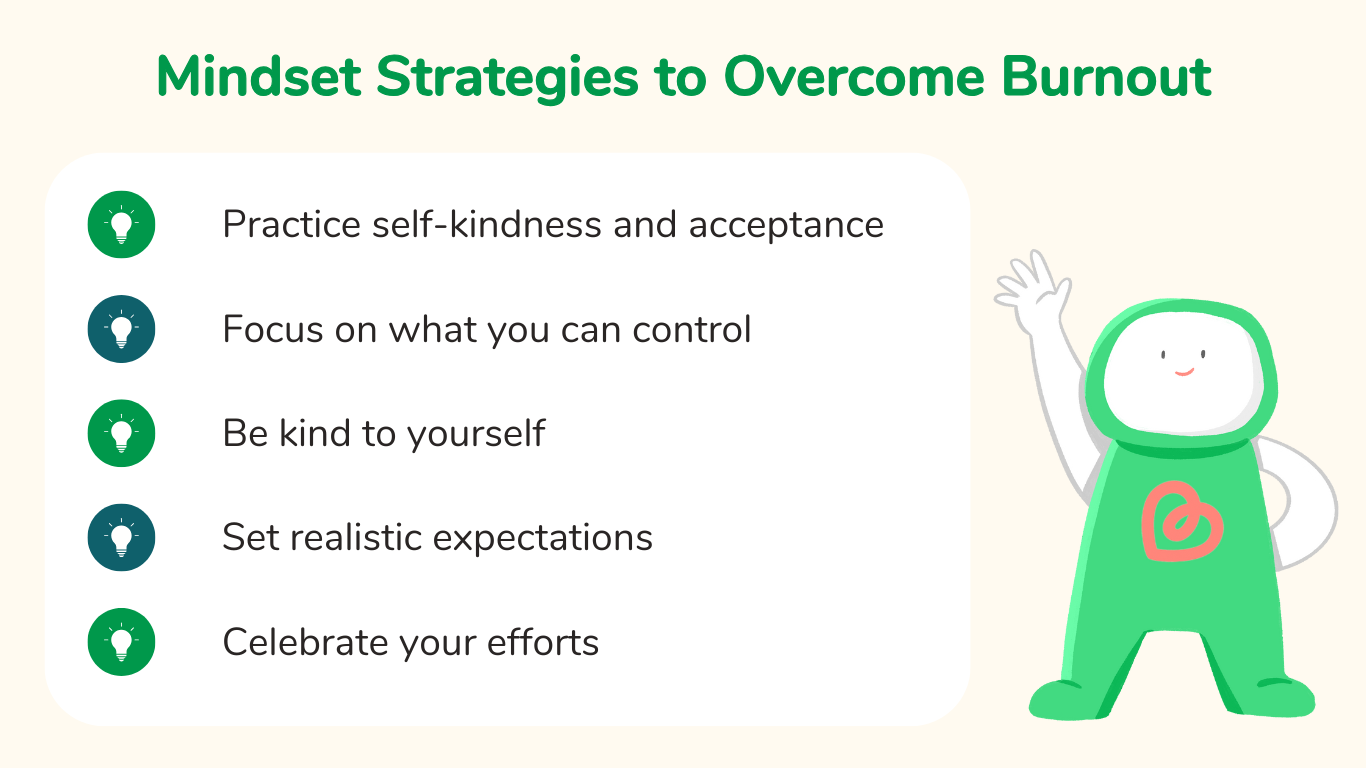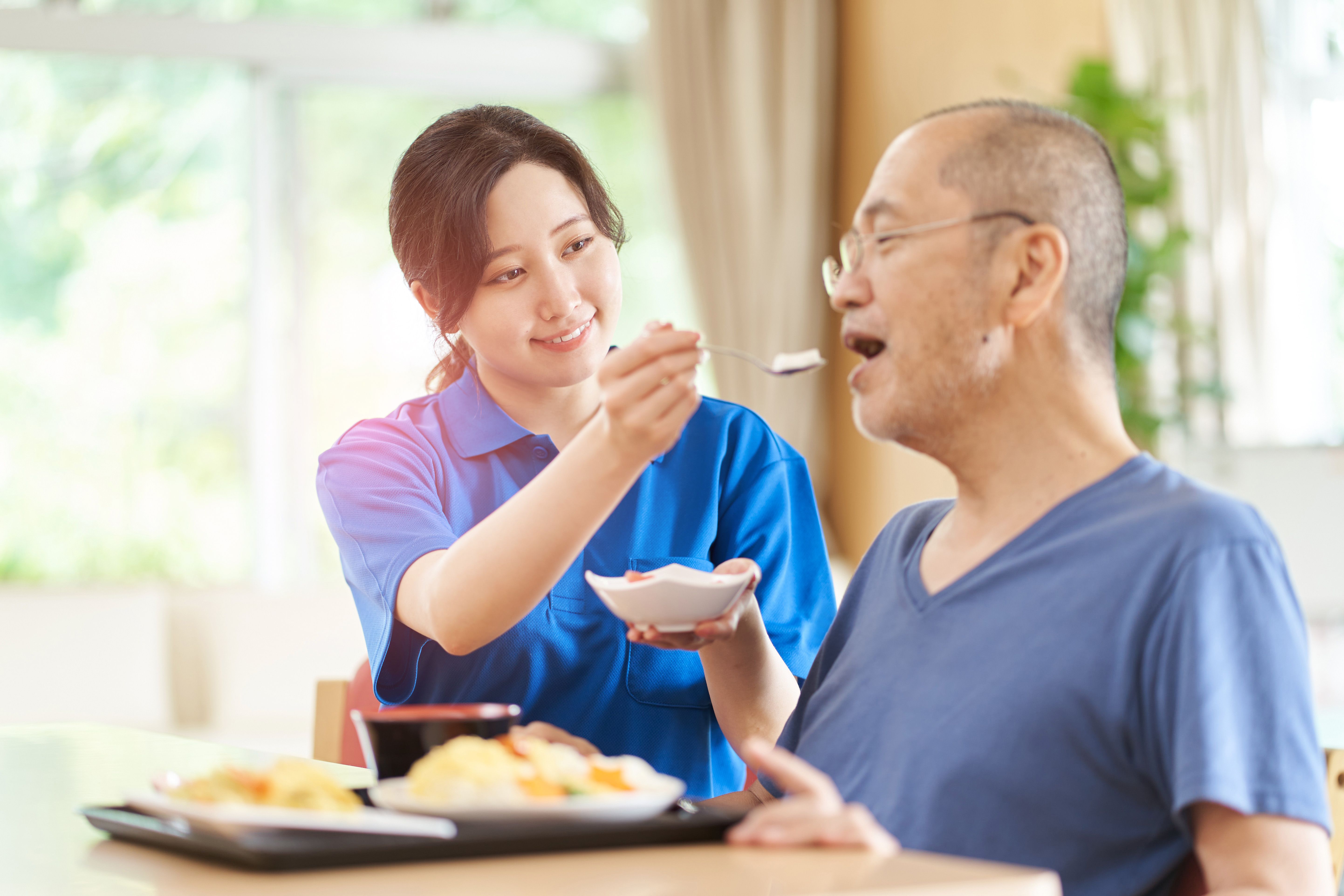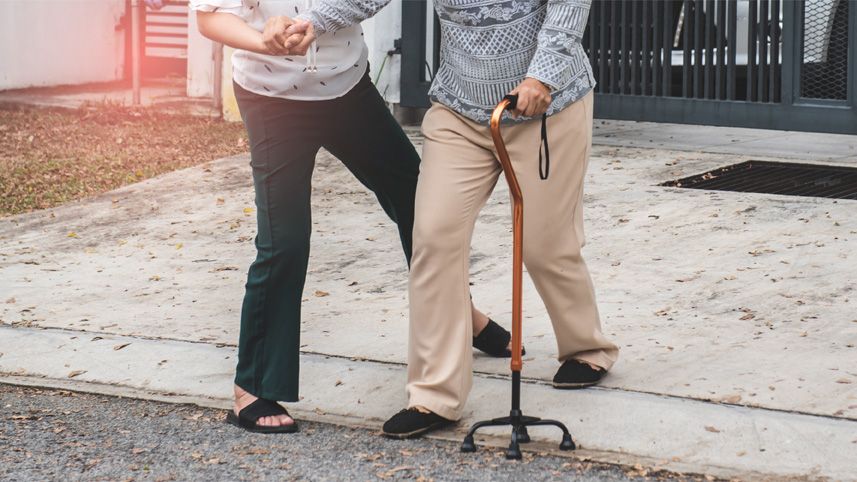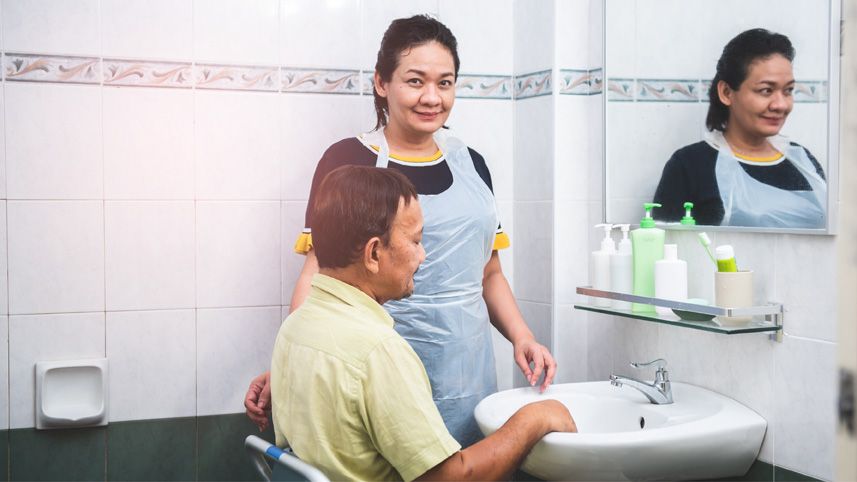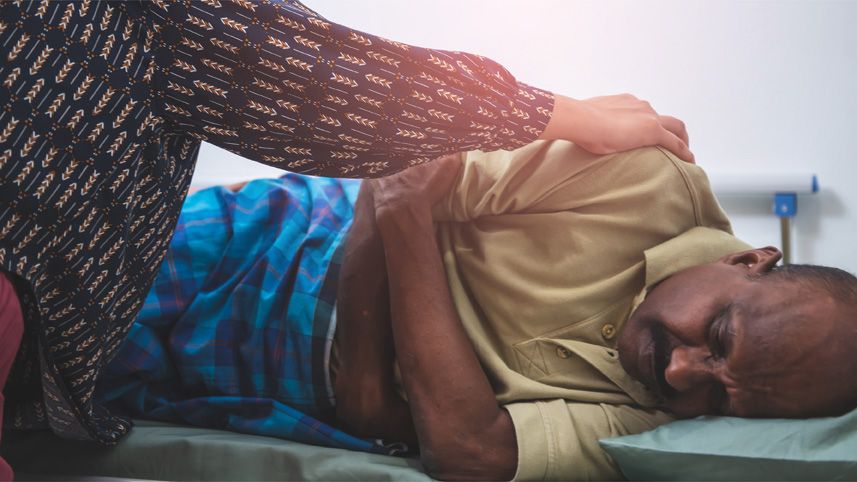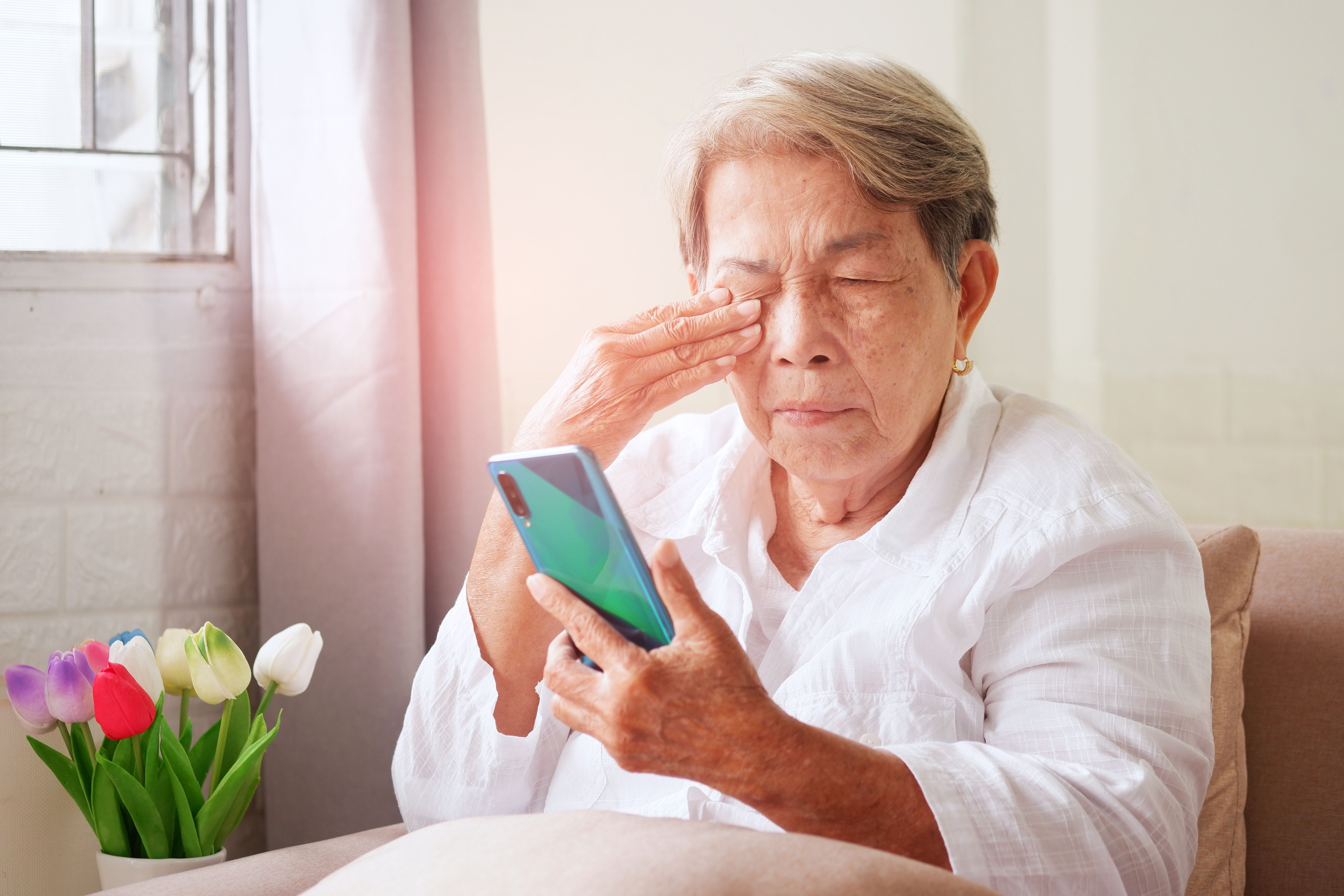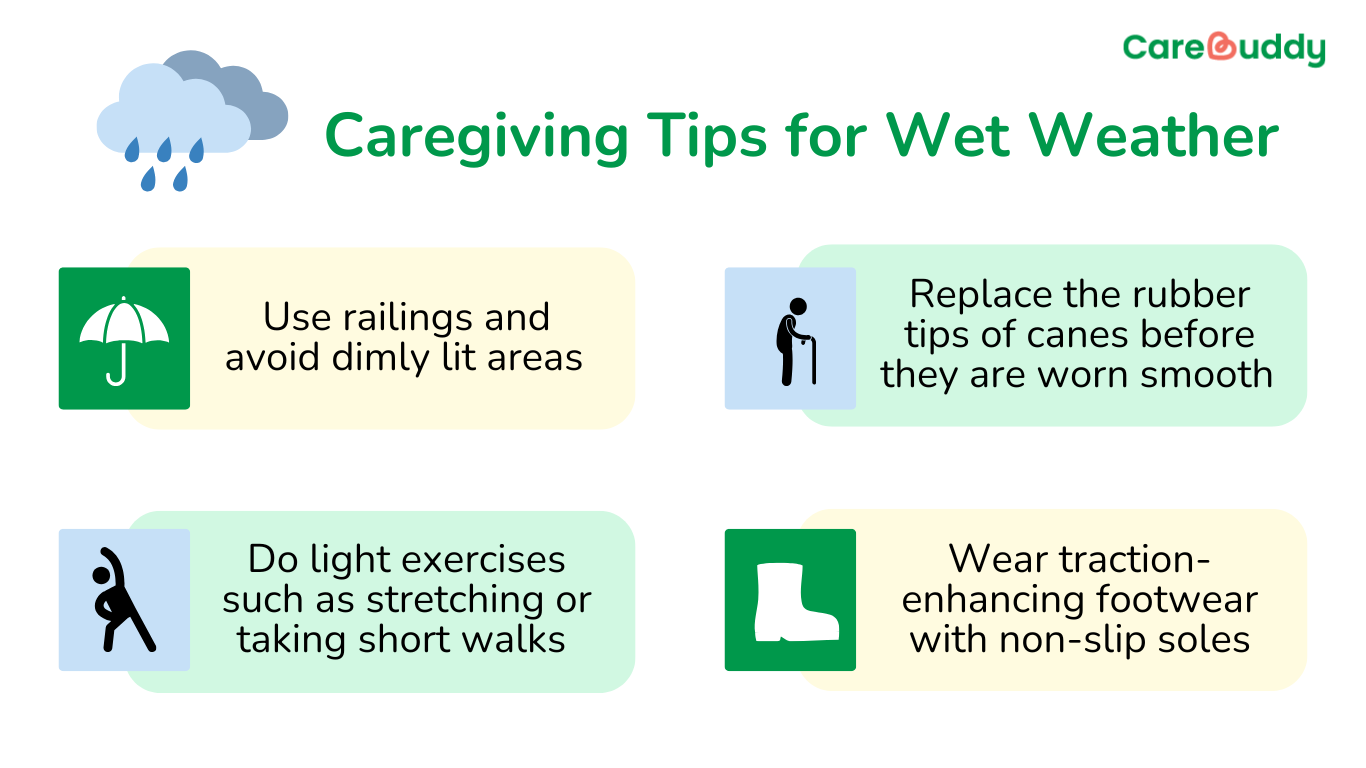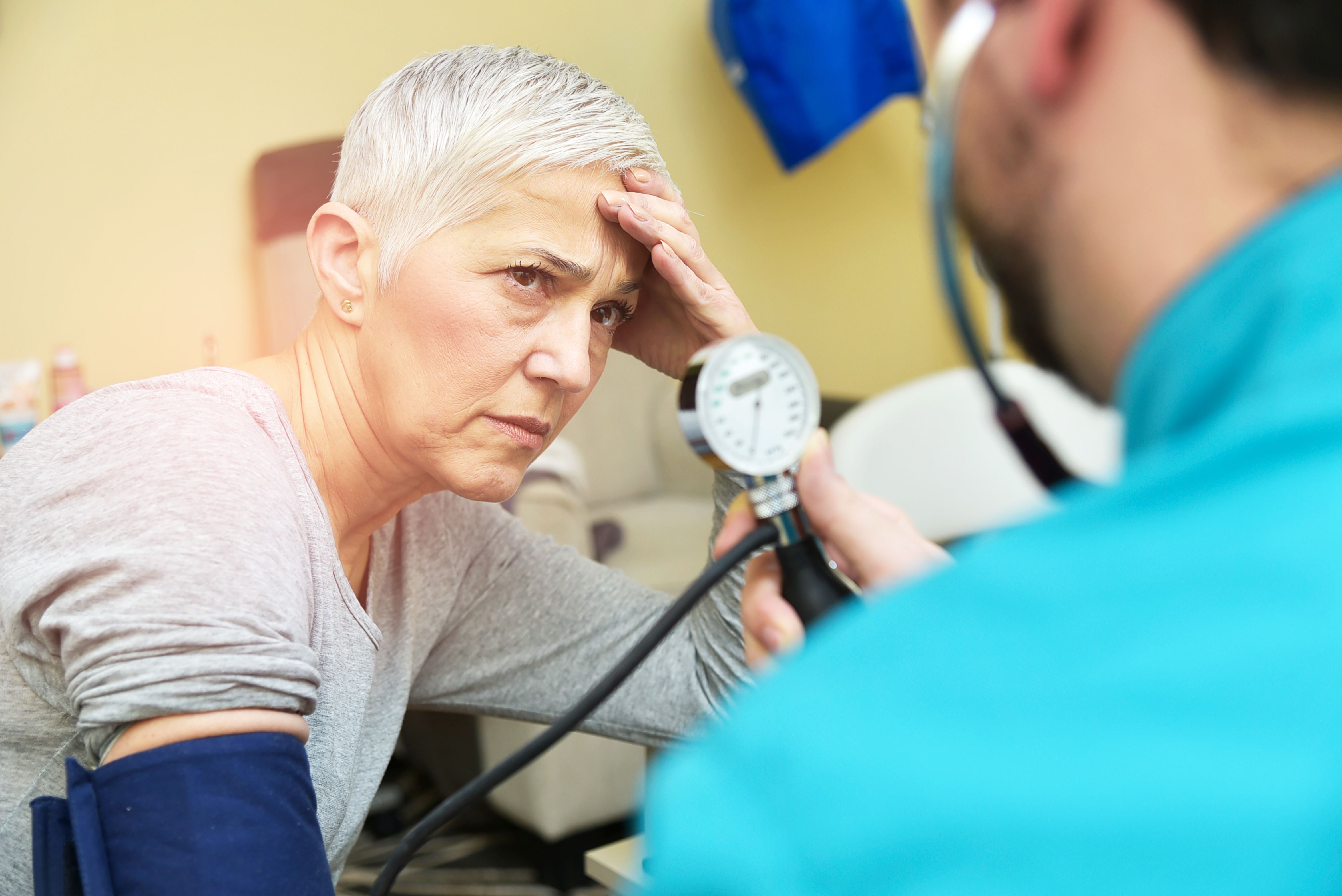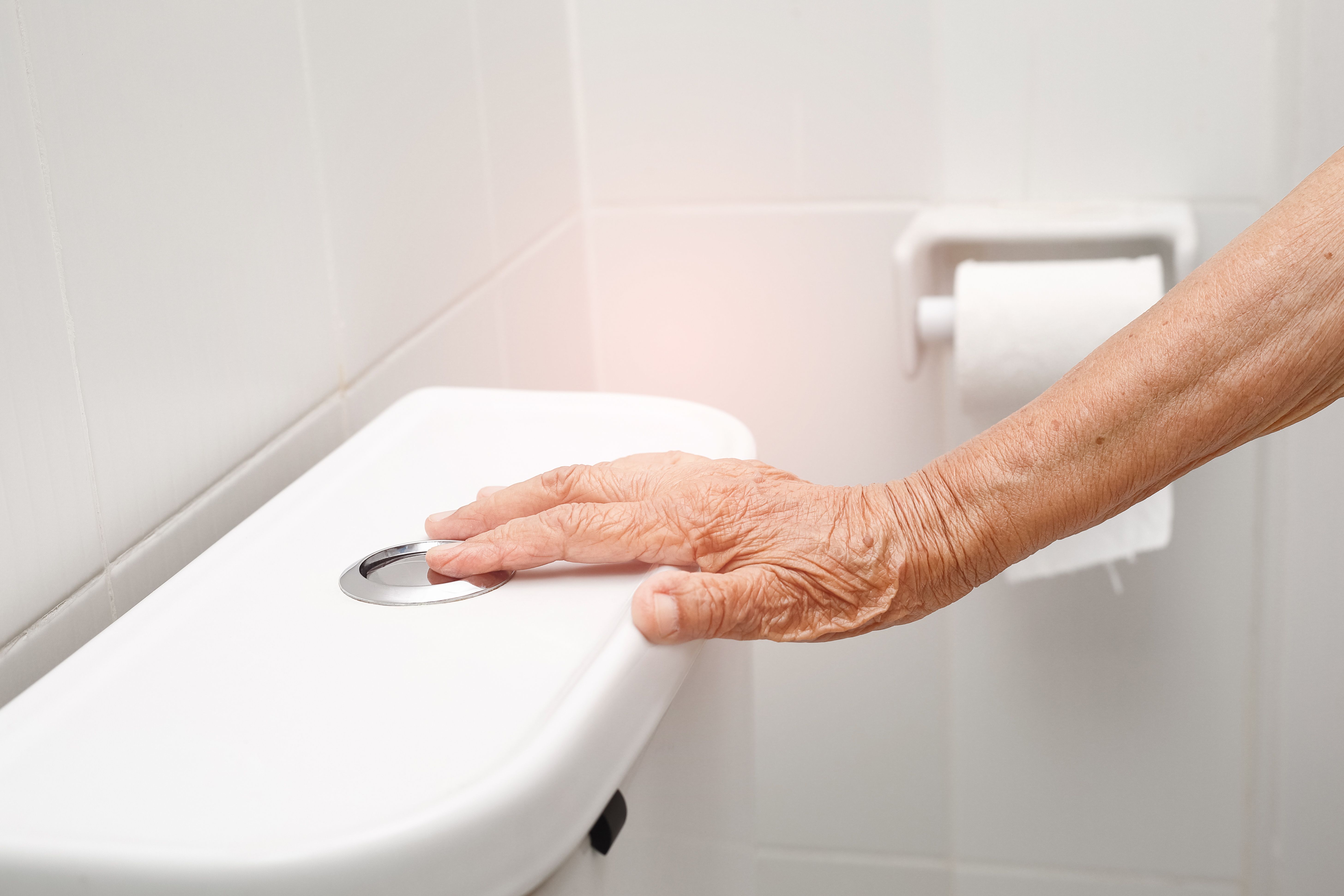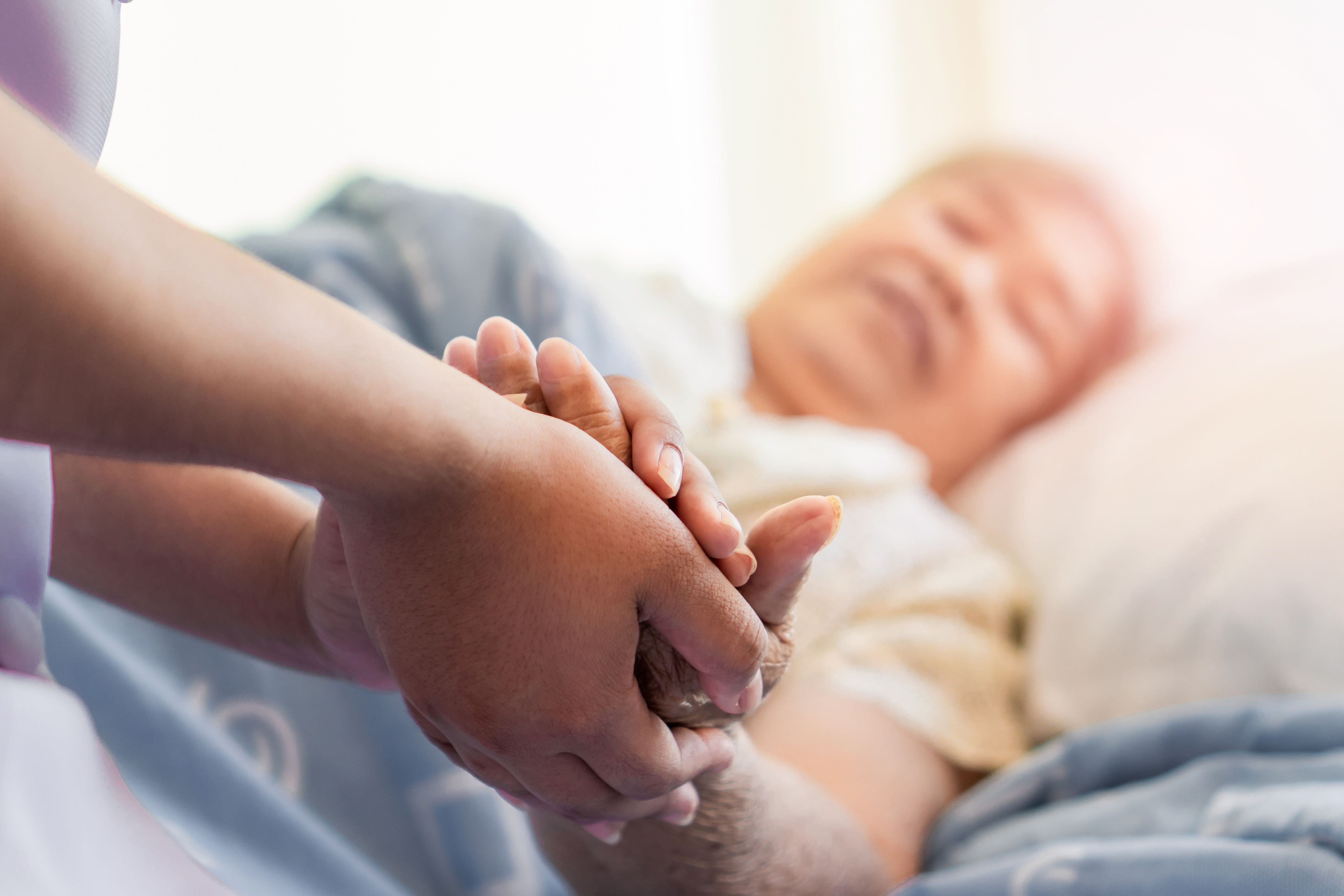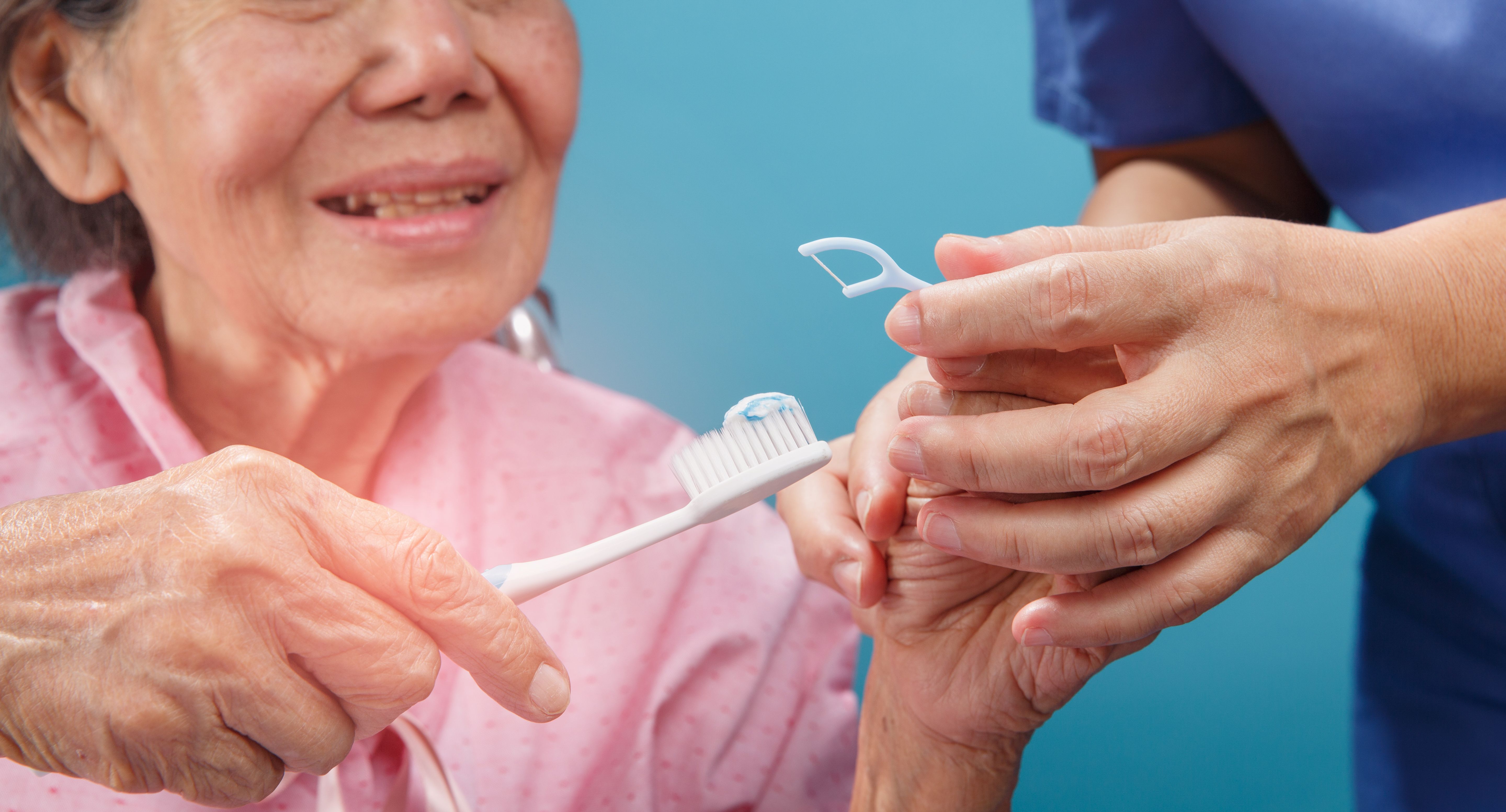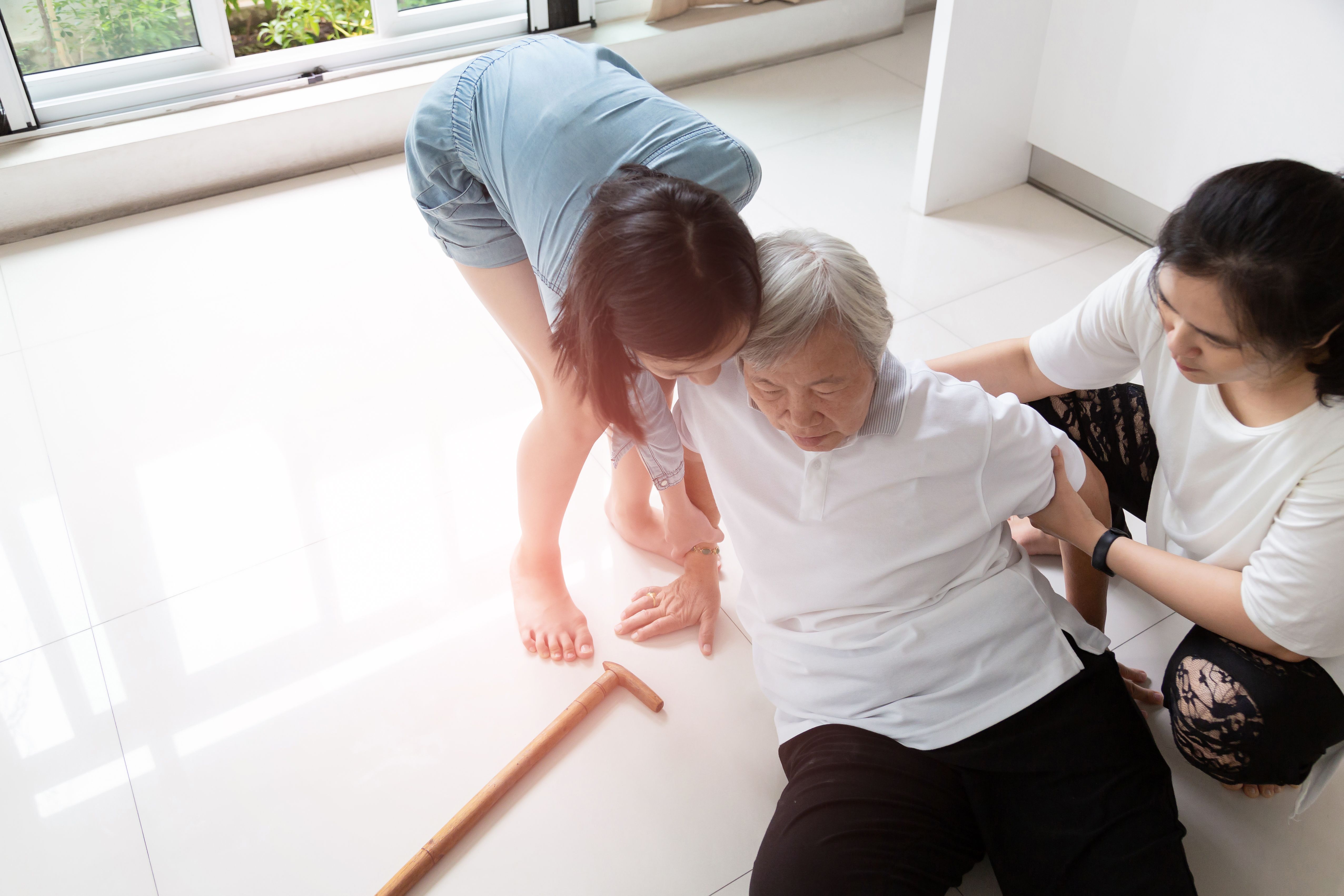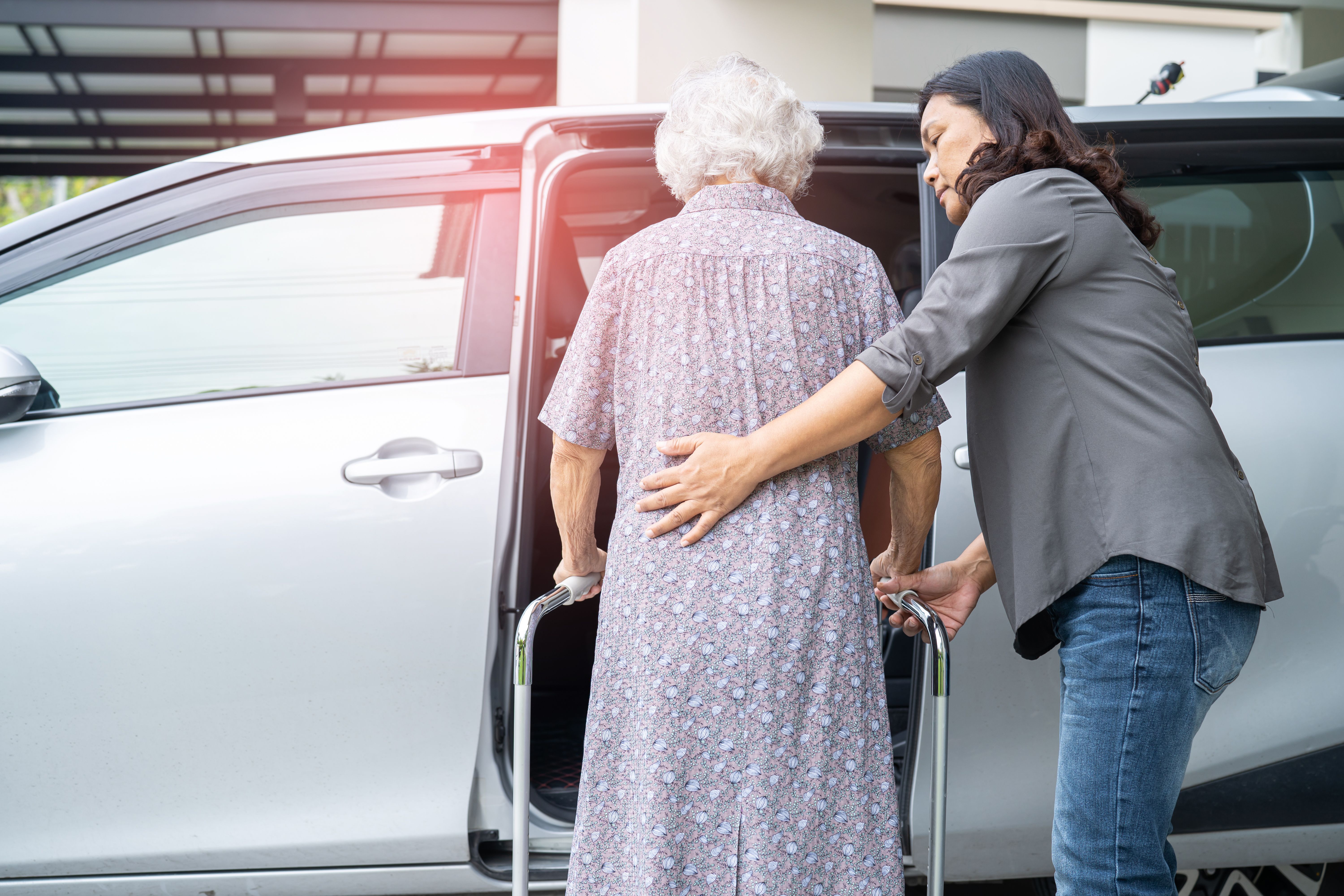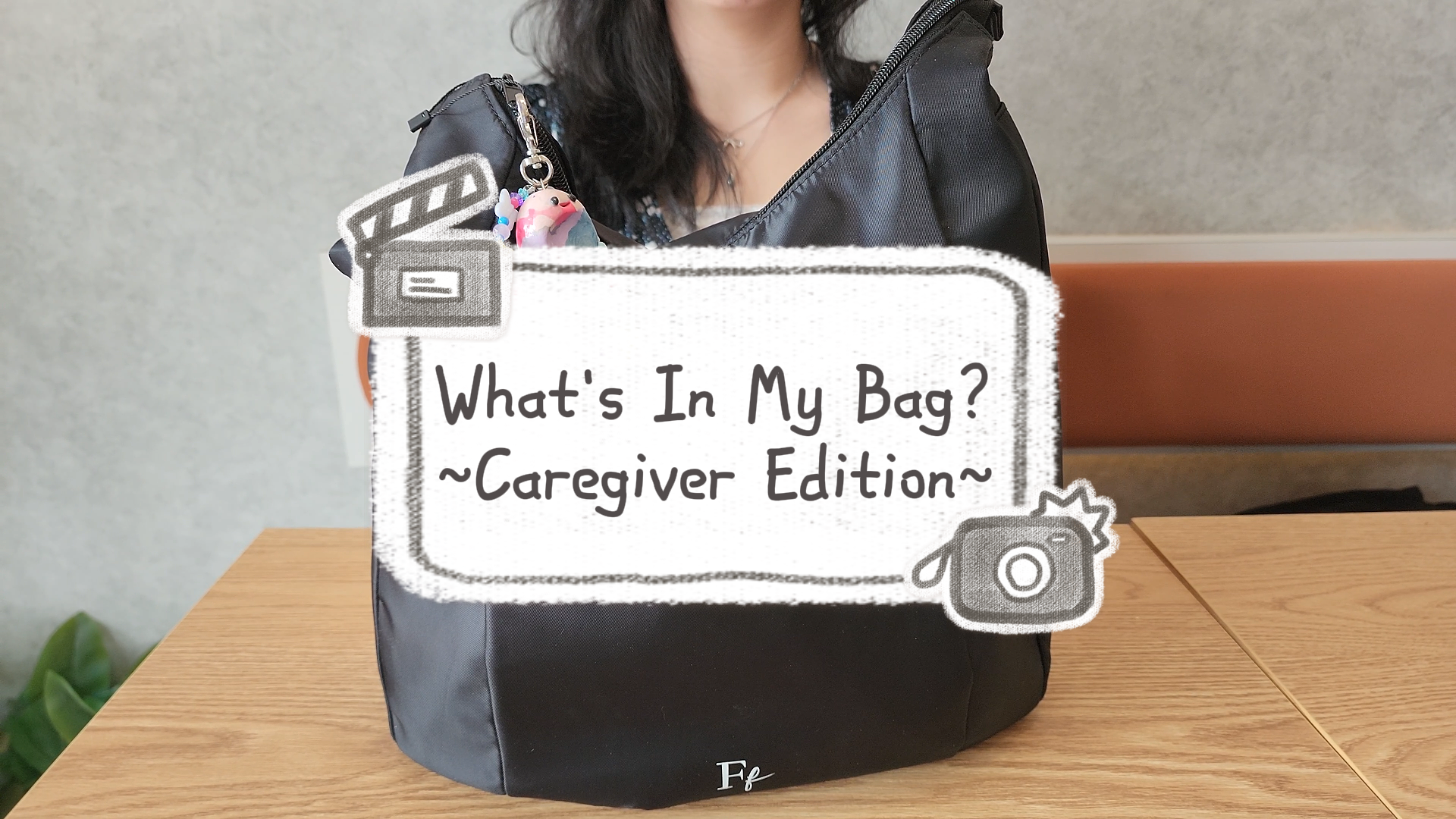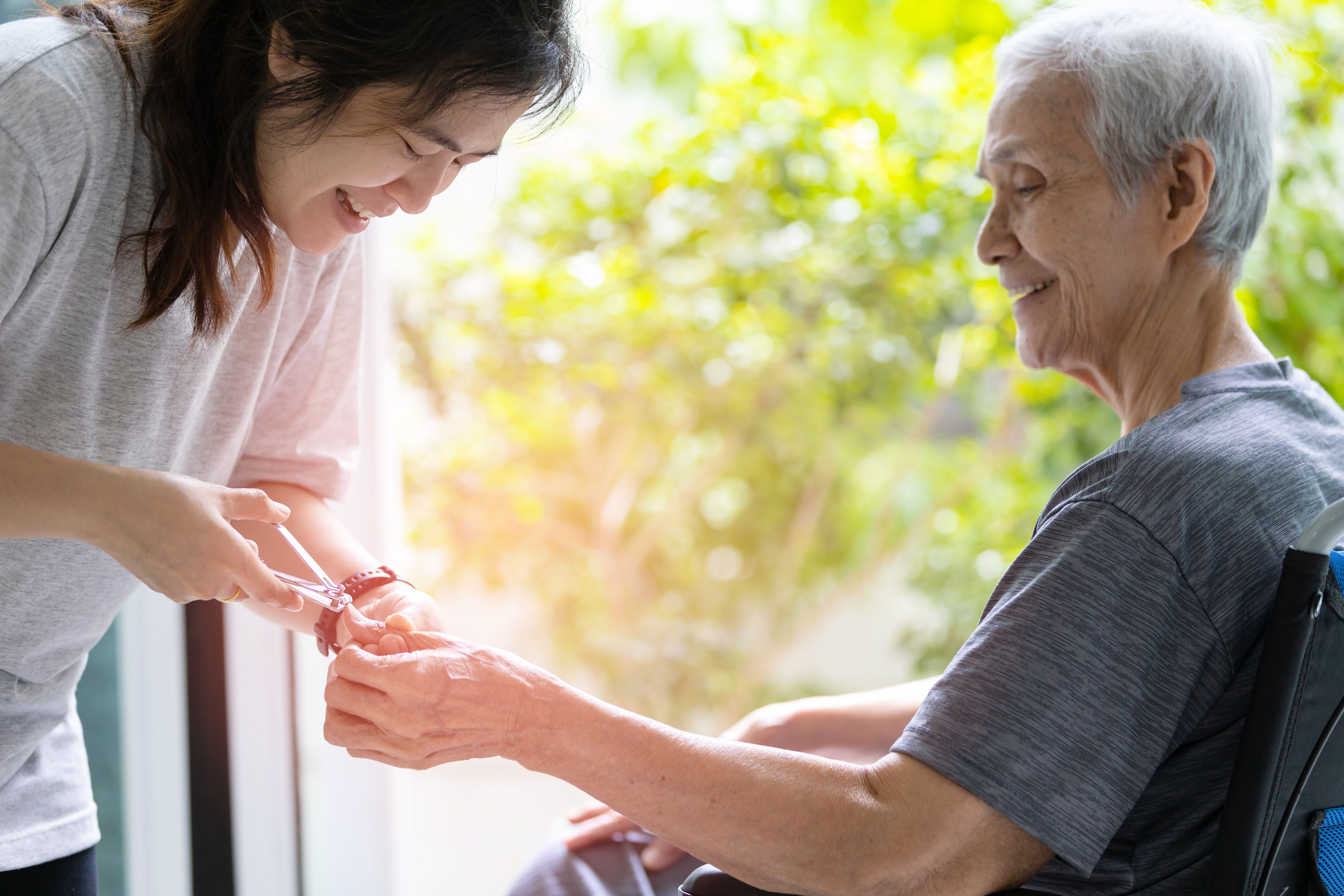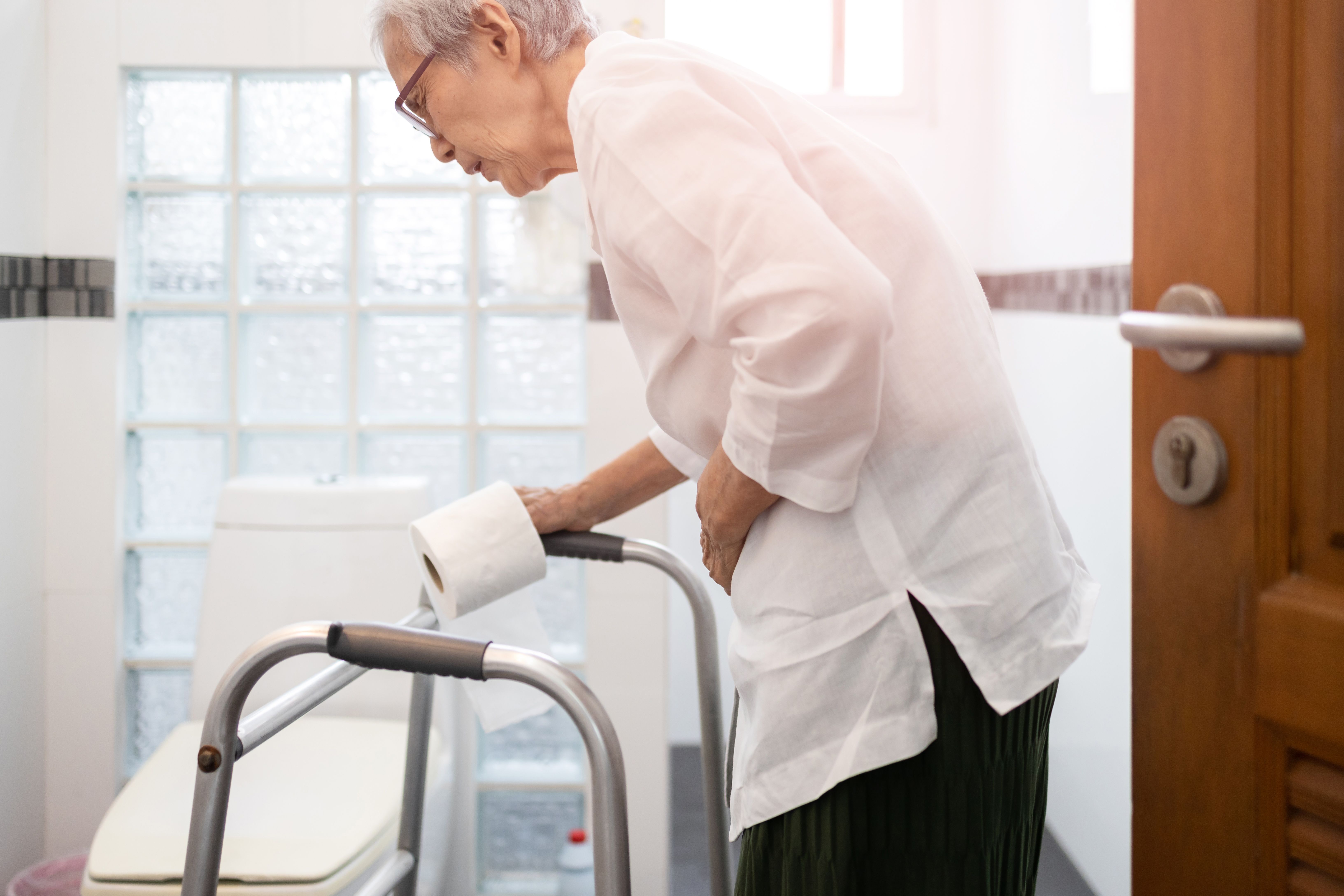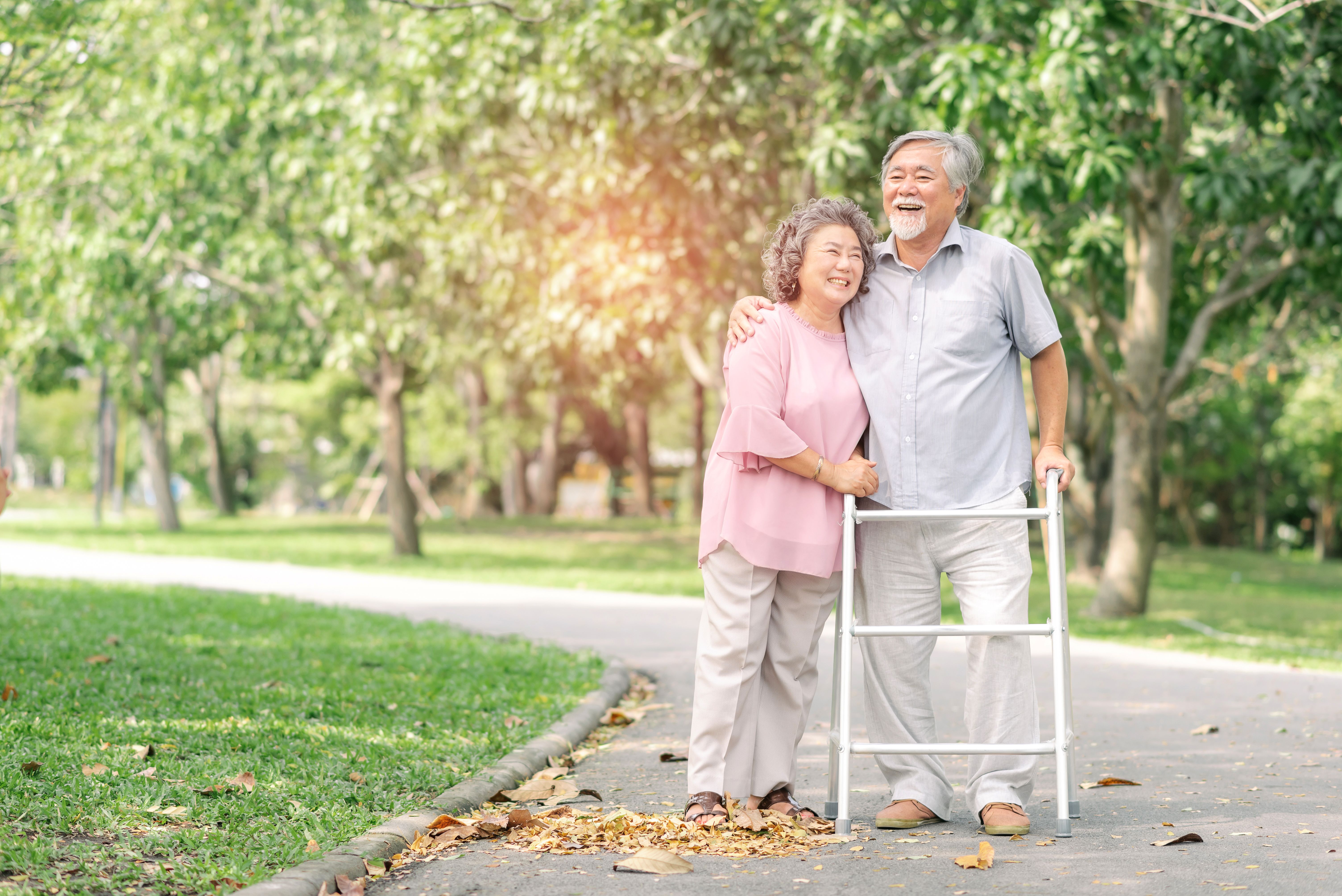We are what we eat: Nutrition and diet of elderly care receivers
- CareBuddy
- 4 Mins Read
- 19 Sep 2022
- Elderly Care
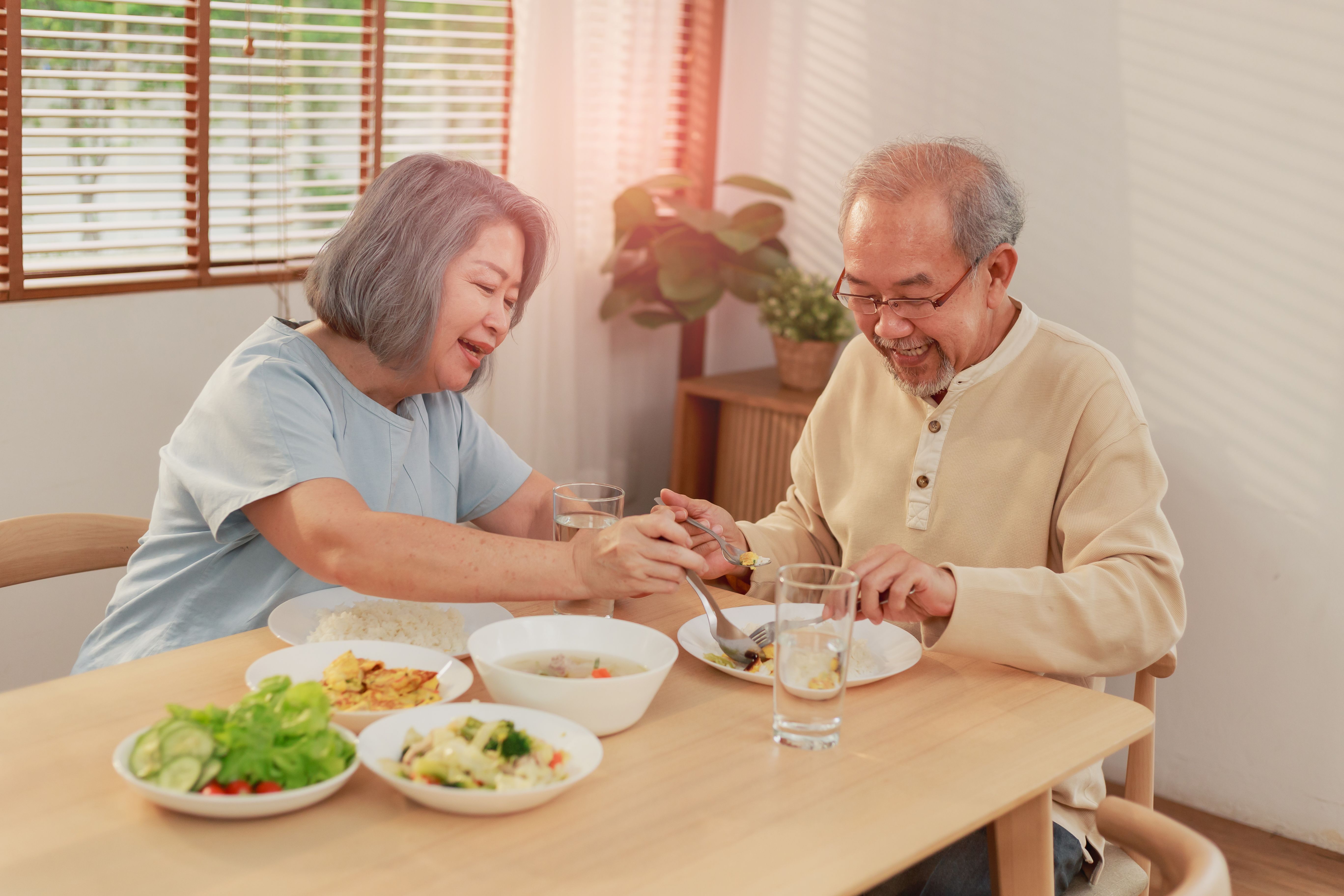
It’s often said that we are what we eat. That’s the extent to which what goes into our body impacts our health. That’s even more crucial as care receivers enter old age which comes with inherent risks of various illnesses.
Nutrient needs of elderly
- As bone health becomes a challenge, elderly care receivers need more calcium and vitamin D to strengthen their bones.
- Calcium can be obtained from dairy products (ideally fat-free or low-fat so as to not introduce other complications), almonds, tofu and leafy greens.
- Vitamin D can be obtained from mushrooms, tofu, eggs and fatty fish such as salmon, tuna and mackerel.
- Fibre reduces risks of diabetes and heart disease. It can be found in whole-grain breads, cereals and legumes such as beans, peas and lentils.
- Potassium reduces risks of high blood pressure. It can be found in legumes, spinach, broccoli, bananas and avocados.
- Reduce saturated fats such as red meat, coconut oil and palm oil. Increase unsaturated fats from nuts, seeds, avocados, vegetable oils and fish.
Common diet-related issues faced by elderly care receivers include dysphagia, suffocation, dehydration and under-nutrition.
Dysphagia
Dysphagia refers to swallowing difficulties that can happen due to a decline in sensory function, decline in swallowing reflex or obstruction to the gullet passage.
Symptoms include
- Choking while eating
- Coughing
- Food remaining in mouth
- Voice hoarseness after meal
- Coughing at night
Dysphagia can be prevented by ensuring good sitting posture while eating (sit back in the seat, as erect as possible, tilt head forward with chin down), assessing the eating style to minimise chances of food getting stuck, and good oral care.
Suffocation
If food accidentally enters the airway, this can cause choking and suffocation.
Warning signs of suffocation include
- Choke sign (care receiver places both hands around their neck to indicate that they are choking)
- Having no voice
- Struggling for air
- Difficulty breathing
- Facial cyanosis (bluish-purple colour of skin)
Find out more about suffocation and how to respond to it here!
Dehydration
Elderly care receivers are particularly susceptible to dehydration, which refers to insufficient water in the body due to
- Lack of water-retaining capacity of the body
- Decline of function of water intake nerve centre
Its warning signs include
- Dryness of armpit, mouth, lip or tongue
- Decline of tension of the skin
- Urinary output reduction, concentrated urine
- Weight reduction
- Fever
- Lowered consciousness
Recommended response:
- Immediately get the care receiver to drink a lot of water to replenish the water their body has lost.
- Reduce temperature of their living environment to reduce water loss through sweating.
- Wear light-coloured, thin and loose-fitting clothes.
Under-nutrition
This refers to insufficient intake of nutrients and energy to maintain good health.
Its warning signs include
- Weight reduction
- Swelling (edema) of the lower limbs or leg joints
- More frequent infections
Recommended response:
- Review the content of their meals and make changes if necessary.
- Consider nutritional supplements.
Article reviewed by David Tay, Senior Principal Educator (Nursing and Prehospital Care), HMI Institute.
